You may also be interested in
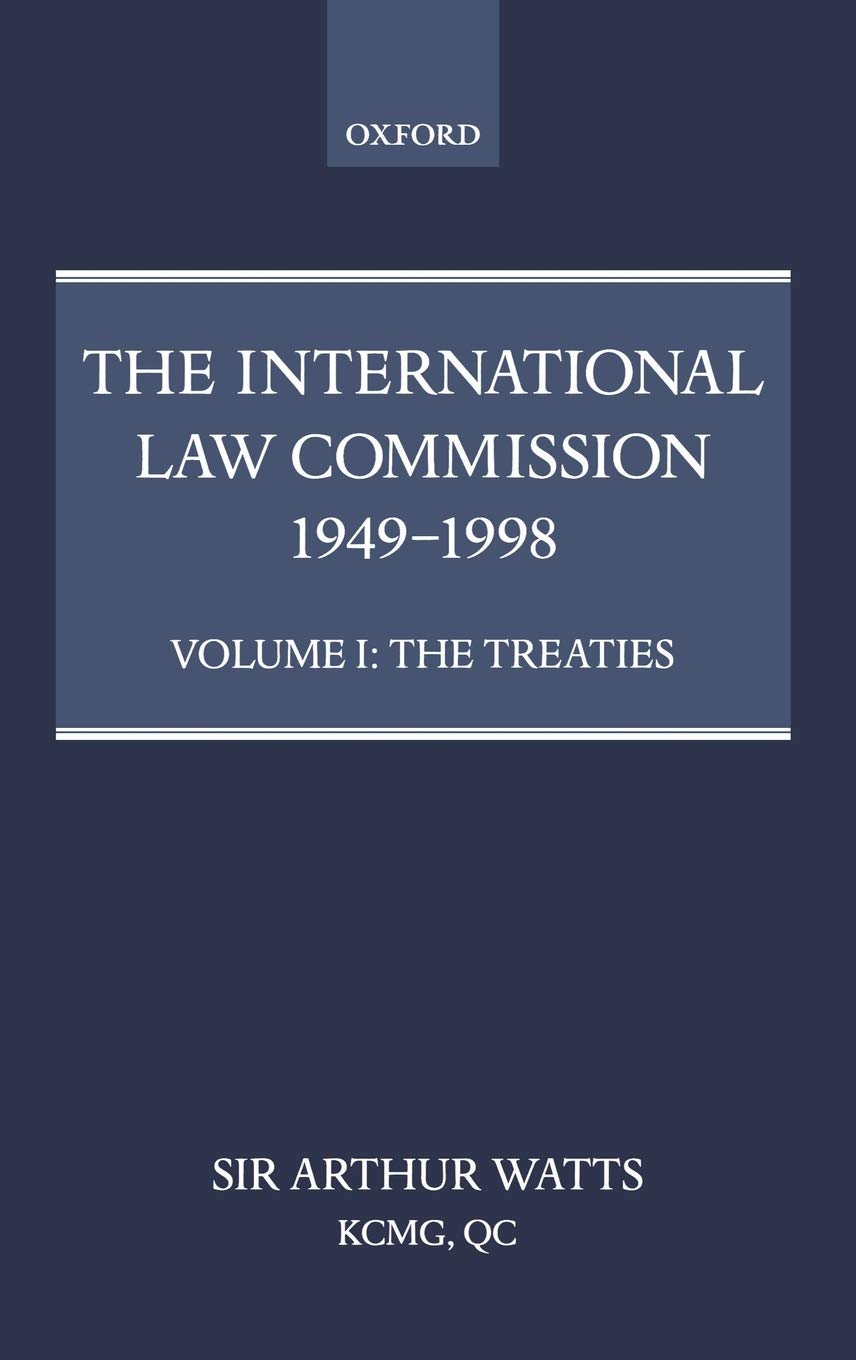
The International Law Commission 1949-1998. Vol. One: The Treaties, Part I
This first volume of a three-volume set is - price apart - a marvellous text for any student of diplomatic and consular law. Four of its seven chapters fall under these heads: ch. 3, the Vienna Convention on Diplomatic Relations, 1961; ch. 4, the Vienna Convention on Consular Relations, 1963; ch. 5, the Convention on Special Missions, 1969; and ch. 7, the (unratified) Vienna Convention on the Representation of States in their Relations with International Organizations of a Universal Character, 1975.

International cyber security diplomatic negotiations: Role of Africa in inter-regional cooperation for a global approach on the security and stability of cyberspace
This research paper examines African countries cybersecurity readiness and how Africa can play a role in shaping international negotiations and discussions on global cybersecurity governance.
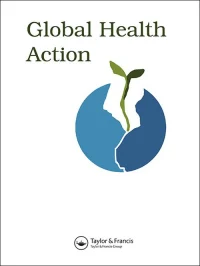
A New Governance Space for Health
Global Health Action is an international journal publishing research in the field of global health, addressing transnational health and policy issues.
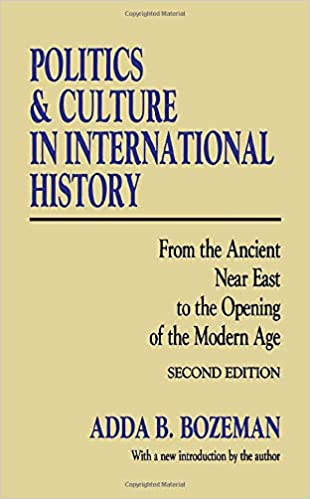
Politics and Culture in International History, 2nd ed
The message focuses on the interactions between politics and culture in international history, emphasizing its complexities and interconnected nature. It delves into how political decisions and cultural aspects influence each other, shaping the course of international relations.
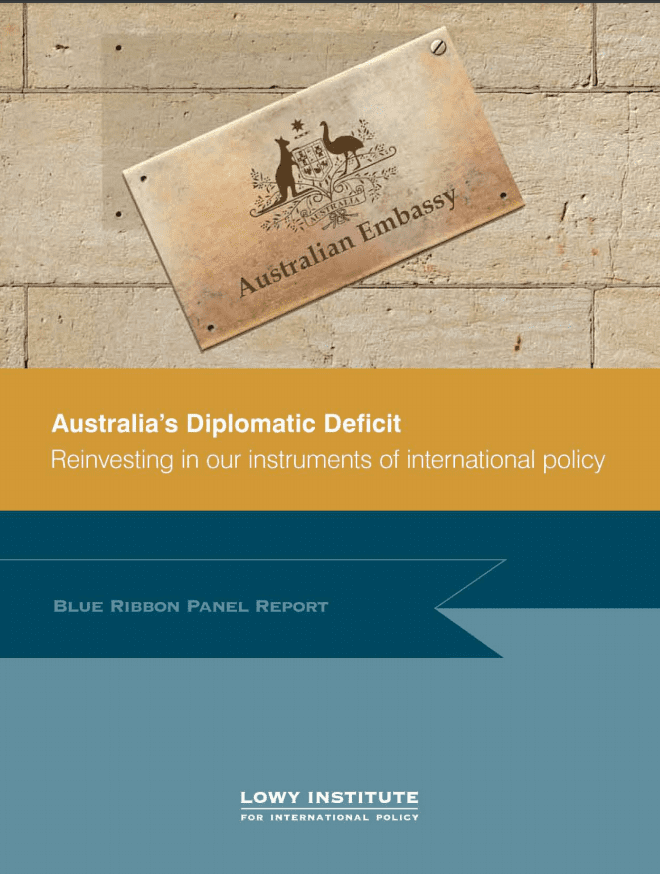
Australia’s Diplomatic Deficit: Reinvesting in Our Instruments of International Policy
The text discusses the importance of Australia re-investing in its instruments of international policy to address its diplomatic deficit.
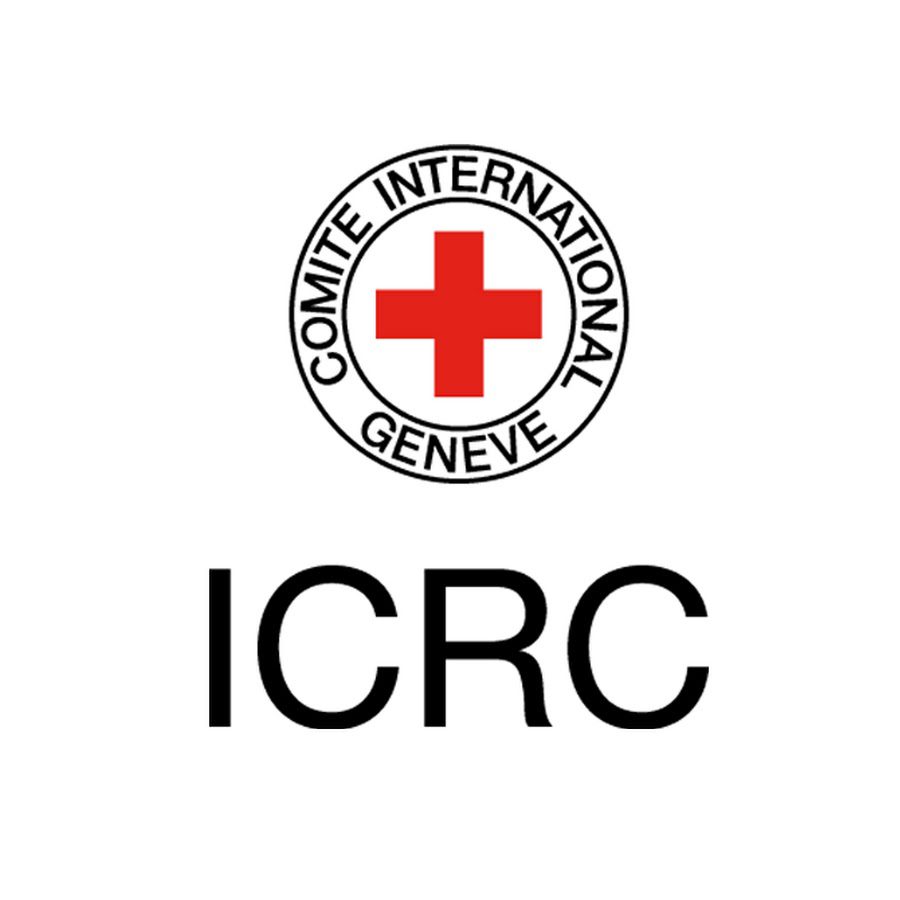
The Fundamental Principles of the Red Cross: Commentary
The Fundamental Principles are the result of a century of experience. Proclaimed in Vienna in 1965, they bond together the National Red Cross and Red Crescent Societies, the International Committee of the Red Cross and the International Federation of Red Cross and Red Crescent Societies, and guarantee the continuity of the Movement and its humanitarian work. In this succinct commentary intended for the general public, Jean Pictet explains the meaning of each of the seven Fundamental Principles; he analyses them on the basis of different criteria and presents all their various aspects, thus mak...
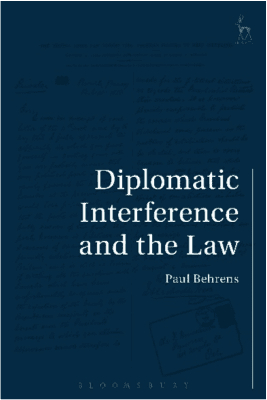
Diplomatic Interference and the Law
Q: ‘Why will there never be a coup d’état in Washington? A: Because there’s no American Embassy there.’ This old joke serves to highlight the belief – entrenched deeply in poor, weak states – that diplomatic missions too often meddle in the ‘internal’ or ‘domestic’ affairs of the countries in which they are located, sometimes with dramatic consequences. It is a view that was held in the years following the Second World War by the former Yugoslavia, then struggling to extricate itself from the Soviet orbit, and prompted it to press successfully for the codification of dipl...
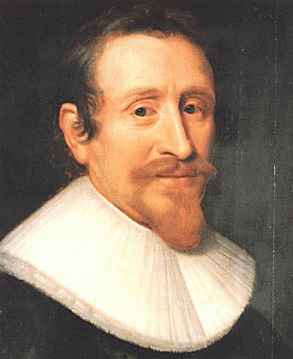
Carry on, Excellencies!
The latest piece of EU legislation on air transport security seems at first sight to contradict a wellestablished principle of diplomatic law, the freedom of diplomatic communication.
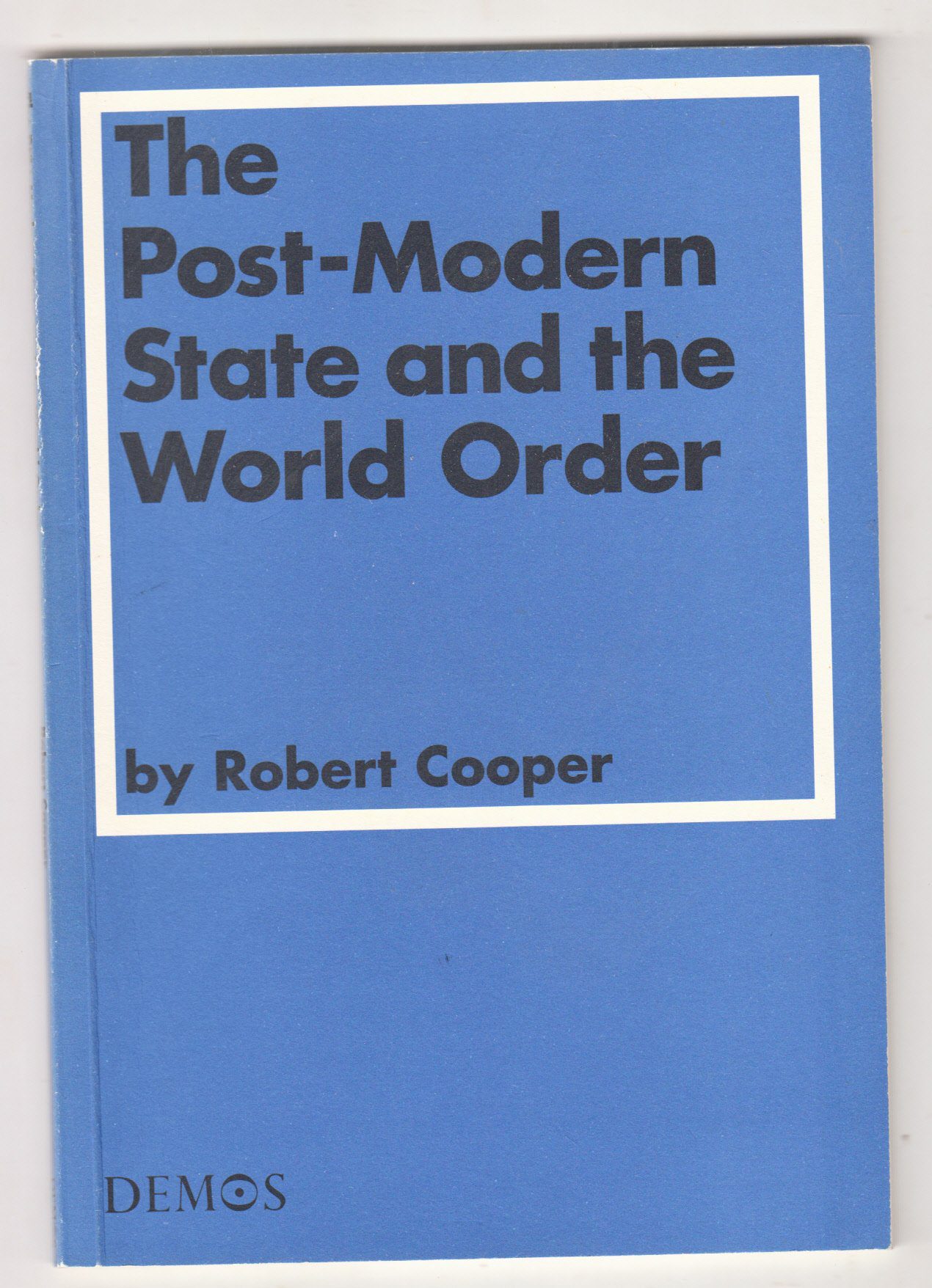
The post-modern state and the world order
1989 marked a break in European history. What happened in 1989 went beyond the events of 1789, 1815 or 1919. These dates, like 1989, stand for revolutions, the break-up of empires and the re-ordering of spheres of influence. But these changes took place within the established framework of the balance of power and the sovereign independent state. 1989 was different. In addition to the dramatic changes of that year – the revolutions and the re-ordering of alliances – it marked an underlying change in the European state system itself. To put it crudely, what happened in 1989 was not jus...
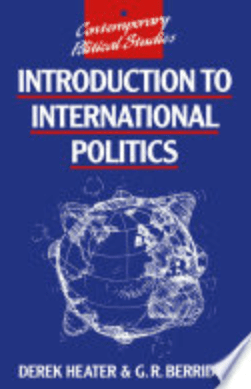
An Introduction to International Politics
The text is an introduction to international politics.
Diplomacy and domestic politics: The logic of two-level games
The text discusses the concept of two-level games, which examines how international negotiations are influenced by both domestic and international factors. Diplomats must navigate these complexities to reach agreements that satisfy both international partners and domestic constituencies, balancing the demands of two levels of negotiation.
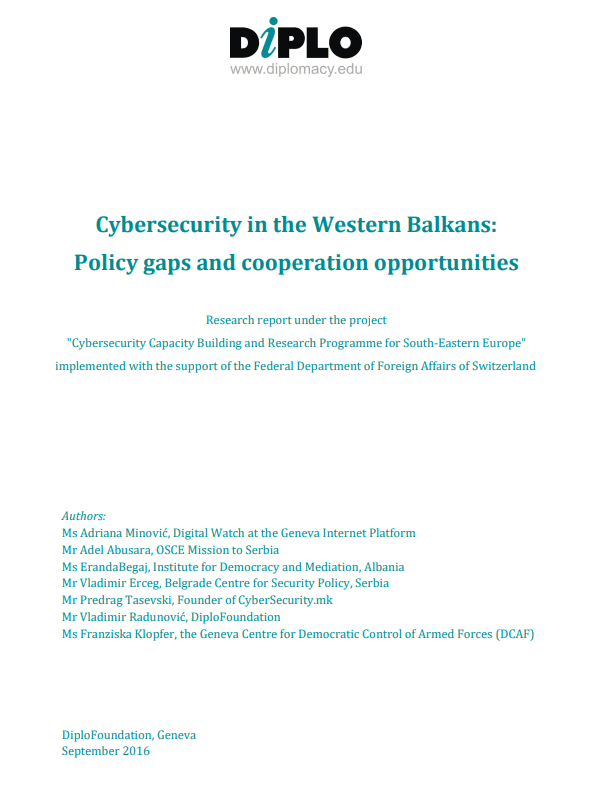
Cybersecurity in the Western Balkans: Policy gaps and cooperation opportunities
Report on cybersecurity cooperation in the Western Balkans.
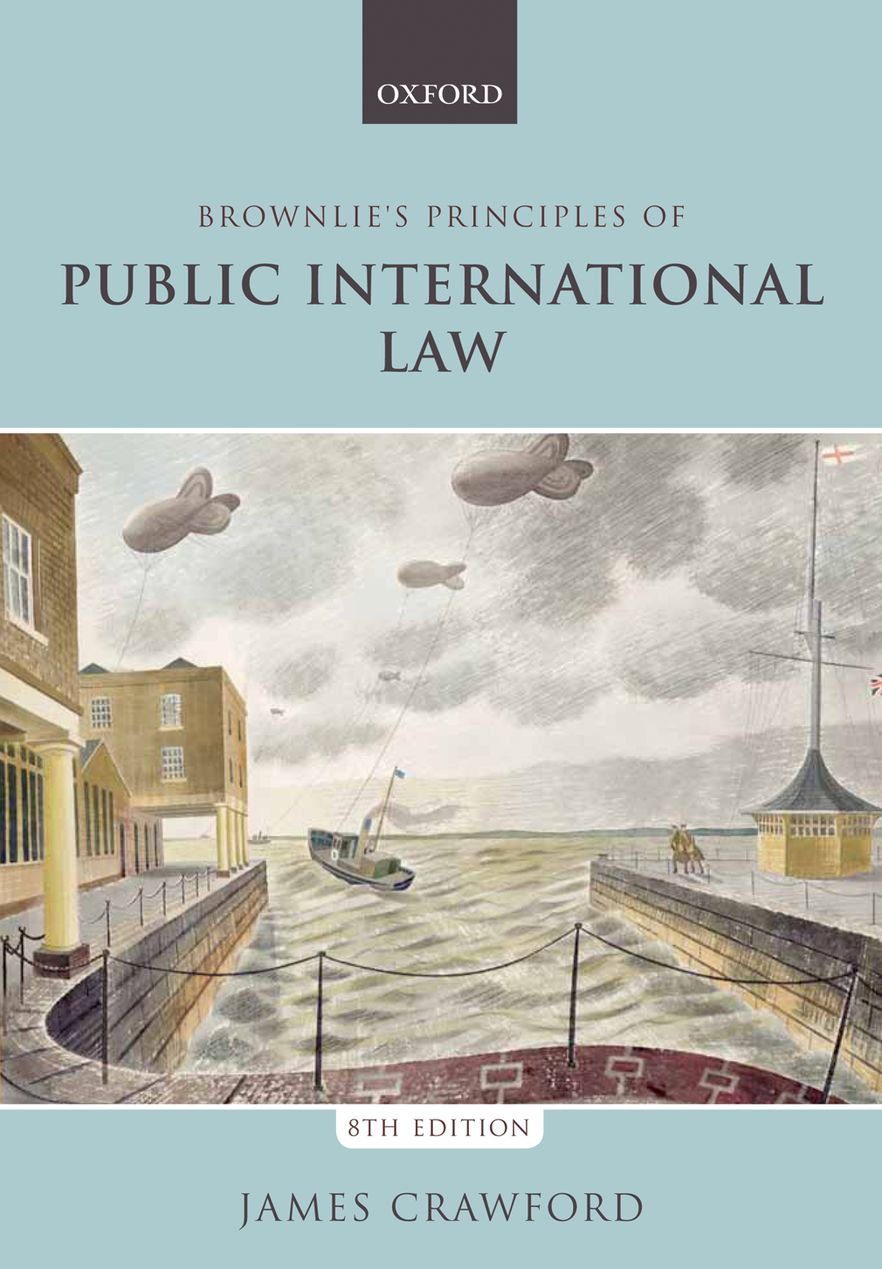
Brownlie’s Principles of Public International Law
This is the eighth edition of Sir Ian Brownlie's classic distillation of public international law. Serving as a single volume introduction to the field as a whole, the book seeks to present international law as a system that is based on, and helps structure, relations among states and other entities at the international level. It aims to identify the constituent elements of that system in a clear and accessible fashion. This edition, fully updated by James Crawford, Whewell Professor of International Law at the University of Cambridge, continues to provide the balance, clarity and expertise ex...
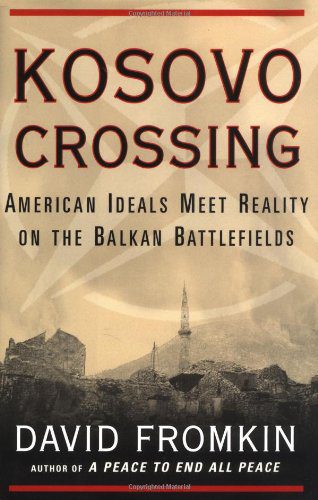
Kosovo Crossing: American Ideals meet Reality on the Balkan Battlefields
The author of this review compares Noam Chomsky's A New Generation Draws the Line: Kosovo, East Timor and the Standards of the West and David Fromkin's Kosovo Crossing: American Ideals meet Reality on the Balkan Battlefields.
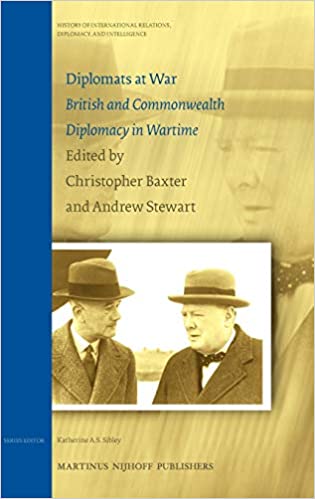
Diplomats at War: British and Commonwealth diplomacy in wartime
In their Preface, the editors of Diplomats at War say that the two world wars in the twentieth century had a “catalytic impact upon the practice of diplomacy”; among other things, they continue, this produced “an unprecedented revolution” in the way heads of mission conducted their business.

Modern Diplomacy – Opening address
Opening address of the Honourable Dr. George F. Vella, Deputy Prime Minister and Minister of Foreign Affairs and the Environment of Malta.
A Digital DFAT: Joining the 21st Century
The Department of Foreign Affairs and Trade (DFAT) needs to keep pace with technological advancements that could increase efficiency, improve internal and external communication, and facilitate information exchange and gathering. Without e-diplomacy DFAT will be cut off from important audiences and find it increasingly hard to communicate its messages and coordinate Australian foreign policy across government.

Female leadership in conflict prevention, diplomacy and UN peacekeeping initiatives
The importance of female leadership in conflict prevention, diplomacy, and UN peacekeeping initiatives is highlighted in the following text.
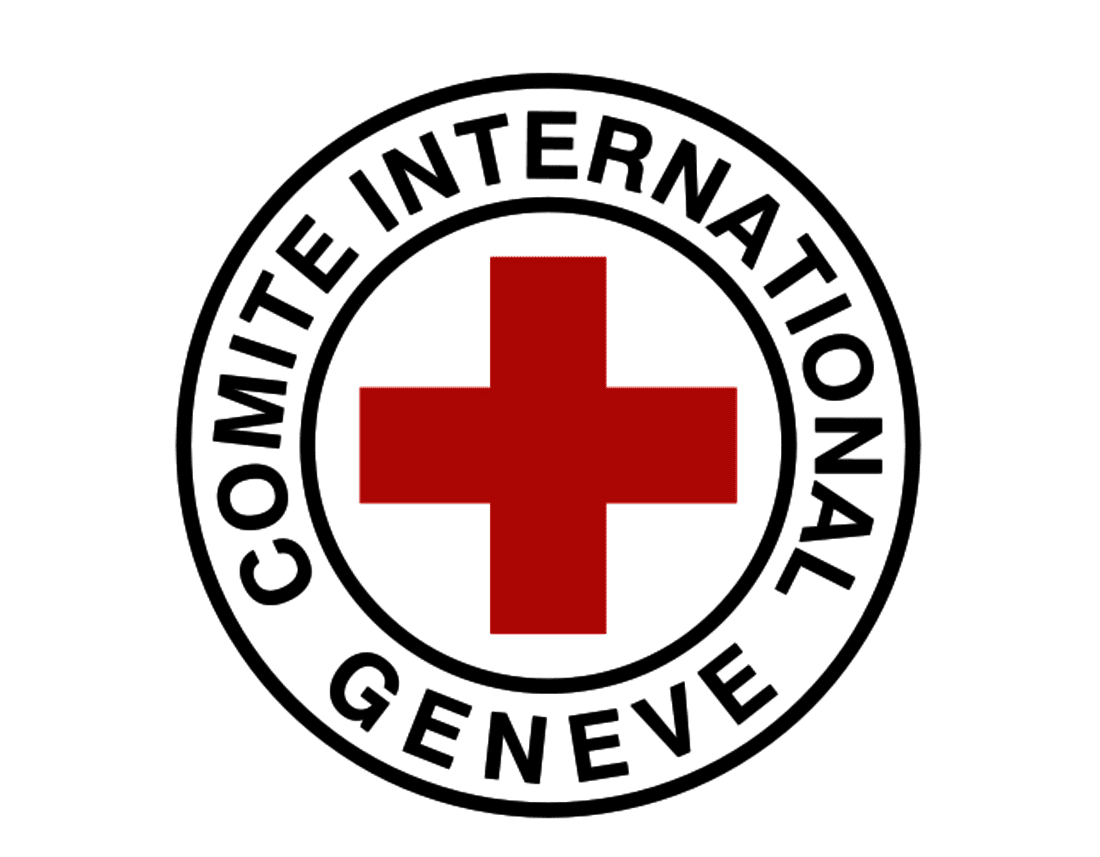
Strengthening of the Coordination of Emergency Humanitarian Assistance of the United Nations
The text discusses the Strengthening of the Coordination of Emergency Humanitarian Assistance of the United Nations.
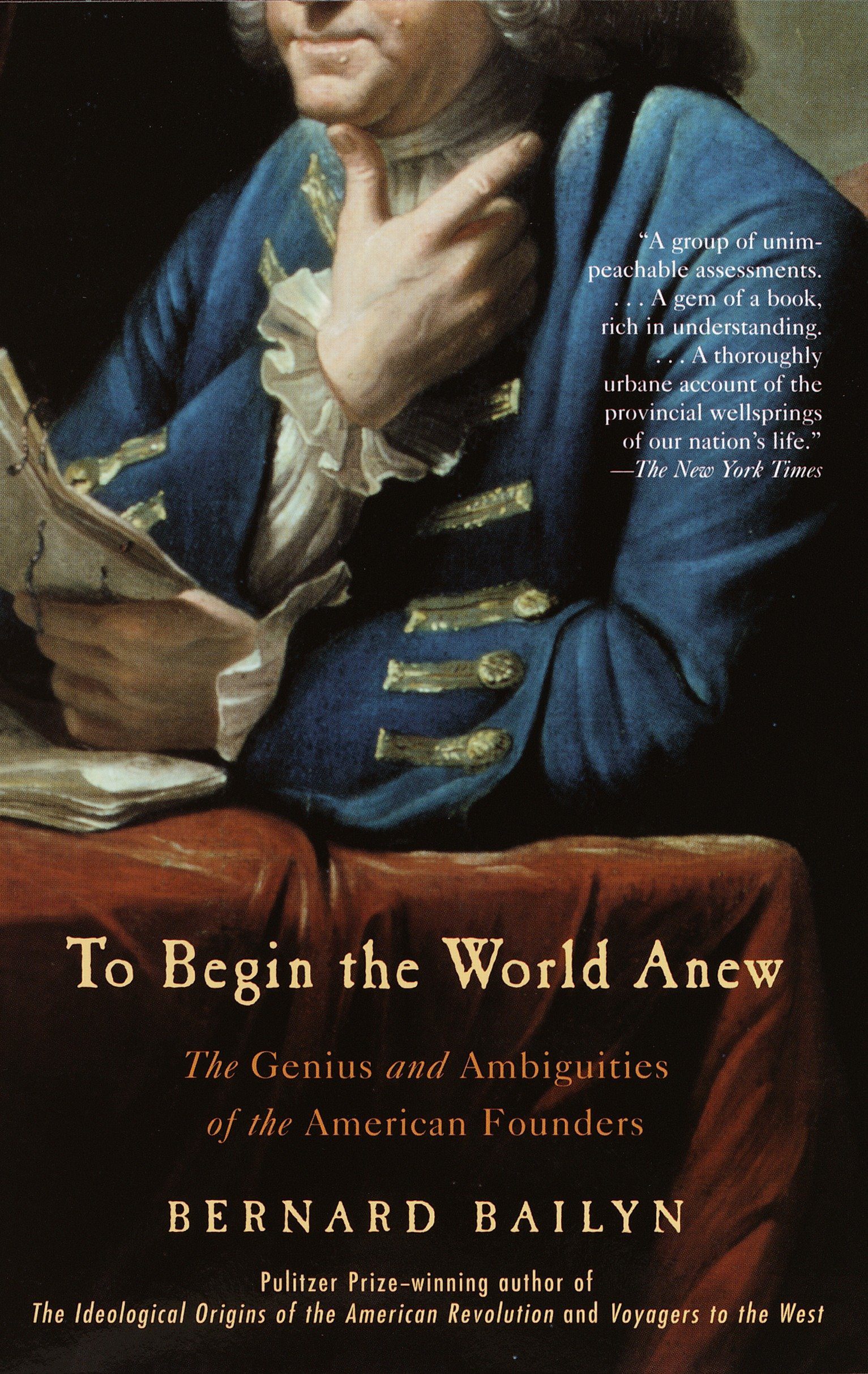
To Begin the World Anew: The Genius and Ambiguities of the American Founders
When I feel dispirited about the current crop of political leaders in Switzerland or around the world, I like to take refuge in one of the most uplifting political stories of mankind – the American Revolution.
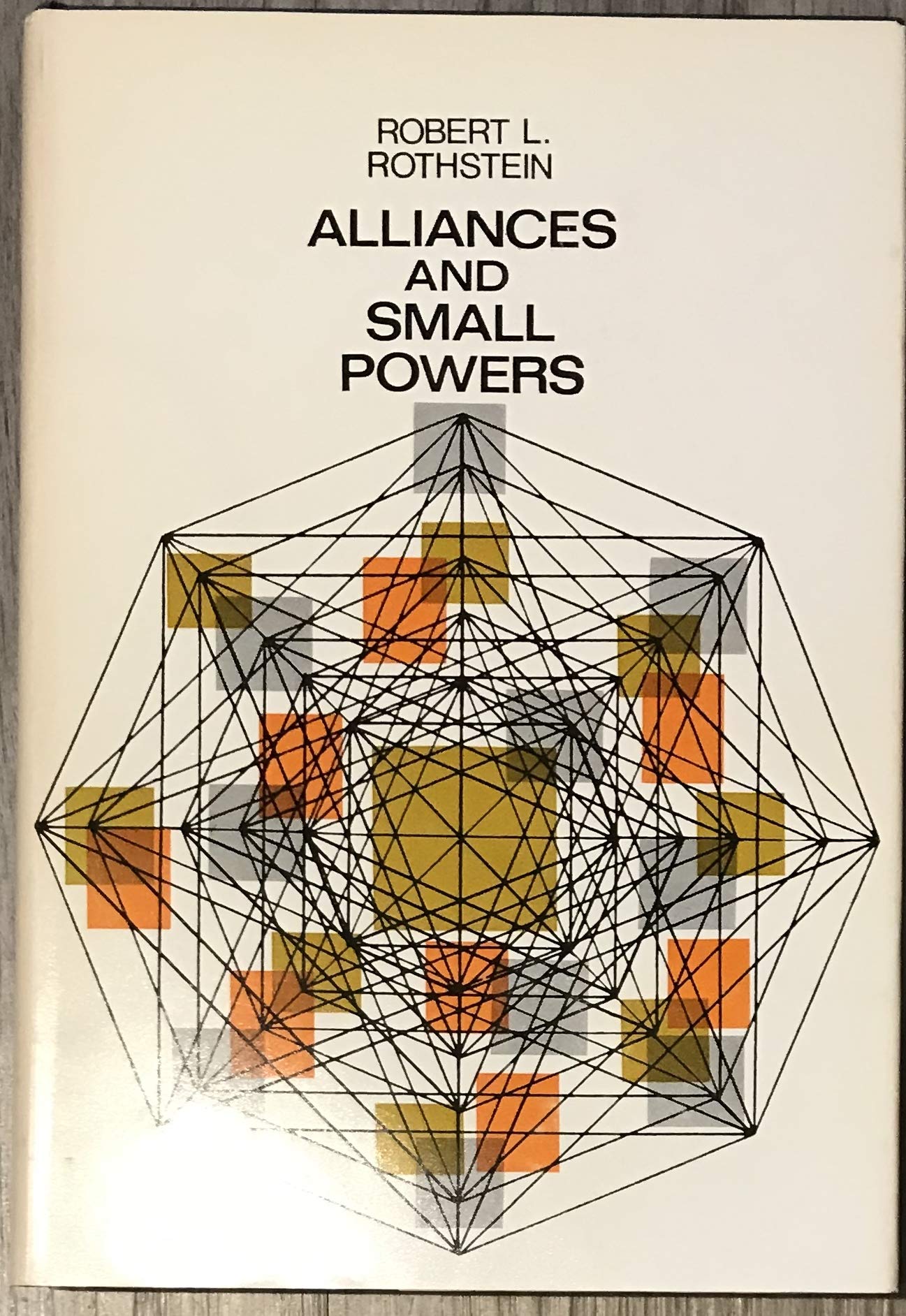
Alliances and Small Powers
This message was empty and did not contain any content to summarize.

Trends in Diplomatic Communication: A Case Study of Uganda
The aim of this research was to examine the communication trends in diplomacy with a focus on Uganda.

The role of knowledge in the cyber-age of globalisation
In his paper, Richard Falk reflects on the application of information technology on diplomacy, and discusses the challenge of converting information technology to ‘knowledge technology’, and subsequently to ‘wisdom technology’. Yet, the ‘crossroads in human experience’ brings many challenges and dangers which the author analyses.

Globalization and Governance: Essays on the Challenges for Small States
The text is about the challenges faced by small states in the context of globalization and governance.

Diplomacy as an instrument of good governance
The functioning of diplomacy is influenced by a complicated combination of different interrelated factors. This paper briefly analyses their impact on the evolution of diplomacy and discusses how diplomacy as an instrument of good governance should adjust itself to meet the new challenges, to become more relevant, open and agile, to modify its methods and to fully utilise opportunities offered by the technological revolution.

Strengthening Regional Management: A Review of the Architecture for Regional Co-operation in the Pacific
The review focuses on the architecture for regional co-operation in the Pacific and aims to strengthen regional management in the area.

Introducing child safety in Romanian schools: Does the existing primary and secondary curriculum address online safety?
This paper examines the idea of an online child safety policy for Romania, which would provide an initiative to encourage smart online behavior in young children, prepare them to surf the Internet, and educate them to avoid its dangers. As technology develops and more and more children spend time online, they are exposed to numerous threats, dangers and potential abuse. Children need to learn how to behave online, how to critically assess their activities online and act accordingly.
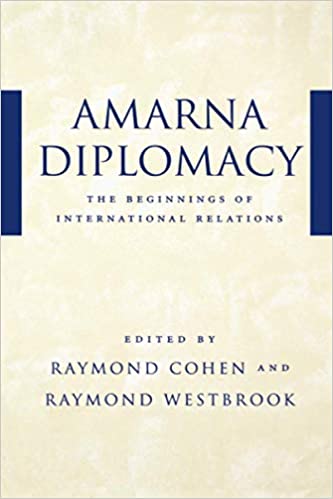
Amarna Diplomacy: The Beginnings of International Relations
The text discusses the emergence of diplomatic relationships during the Amarna period, highlighting how this era marked the start of international relations.
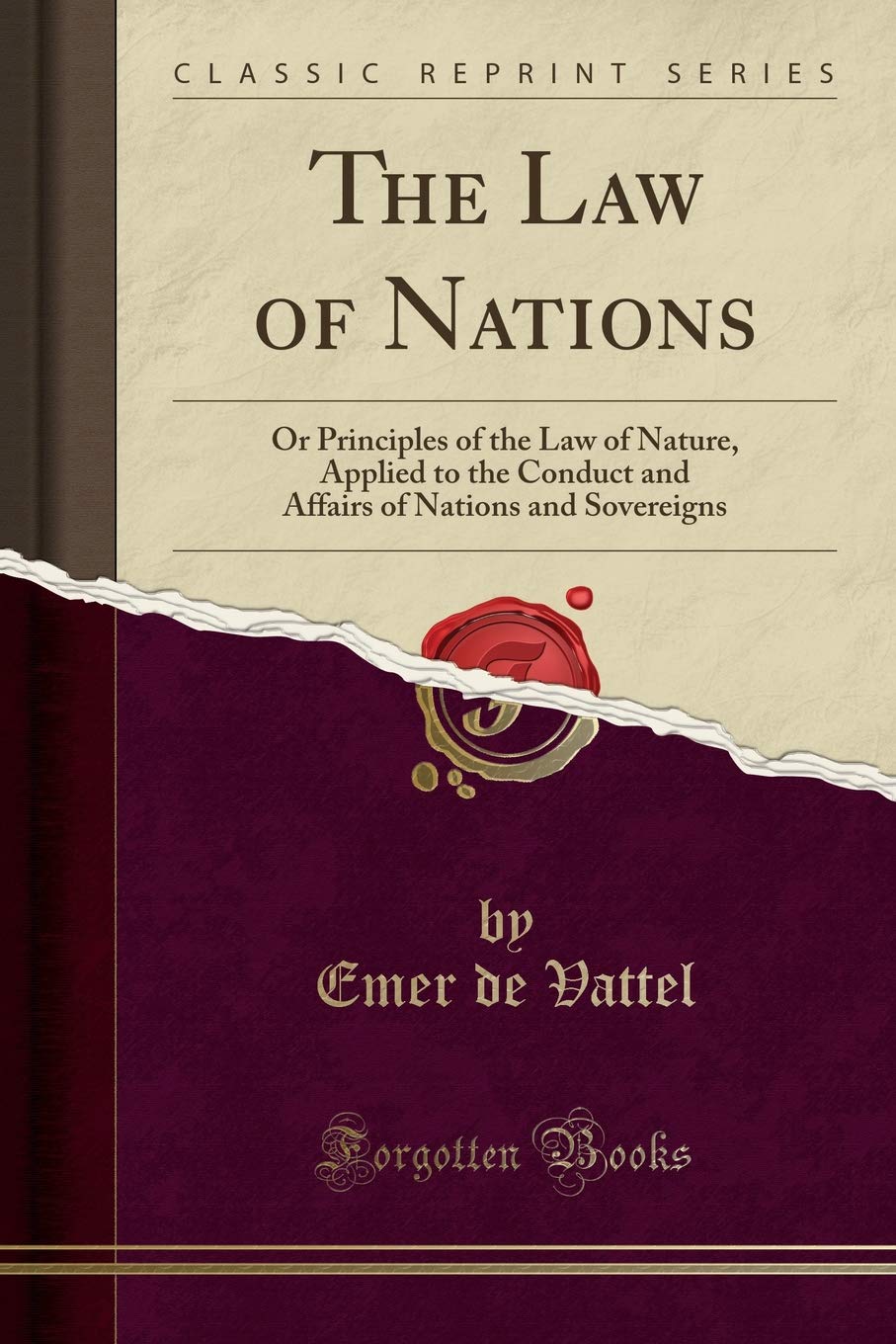
The Law of Nations or Principles of the Law of Nature Applied to the Conduct and Affairs of Nations and Sovereigns
The Law of Nations discusses principles of law applied to nations and sovereigns, guiding their conduct and affairs.
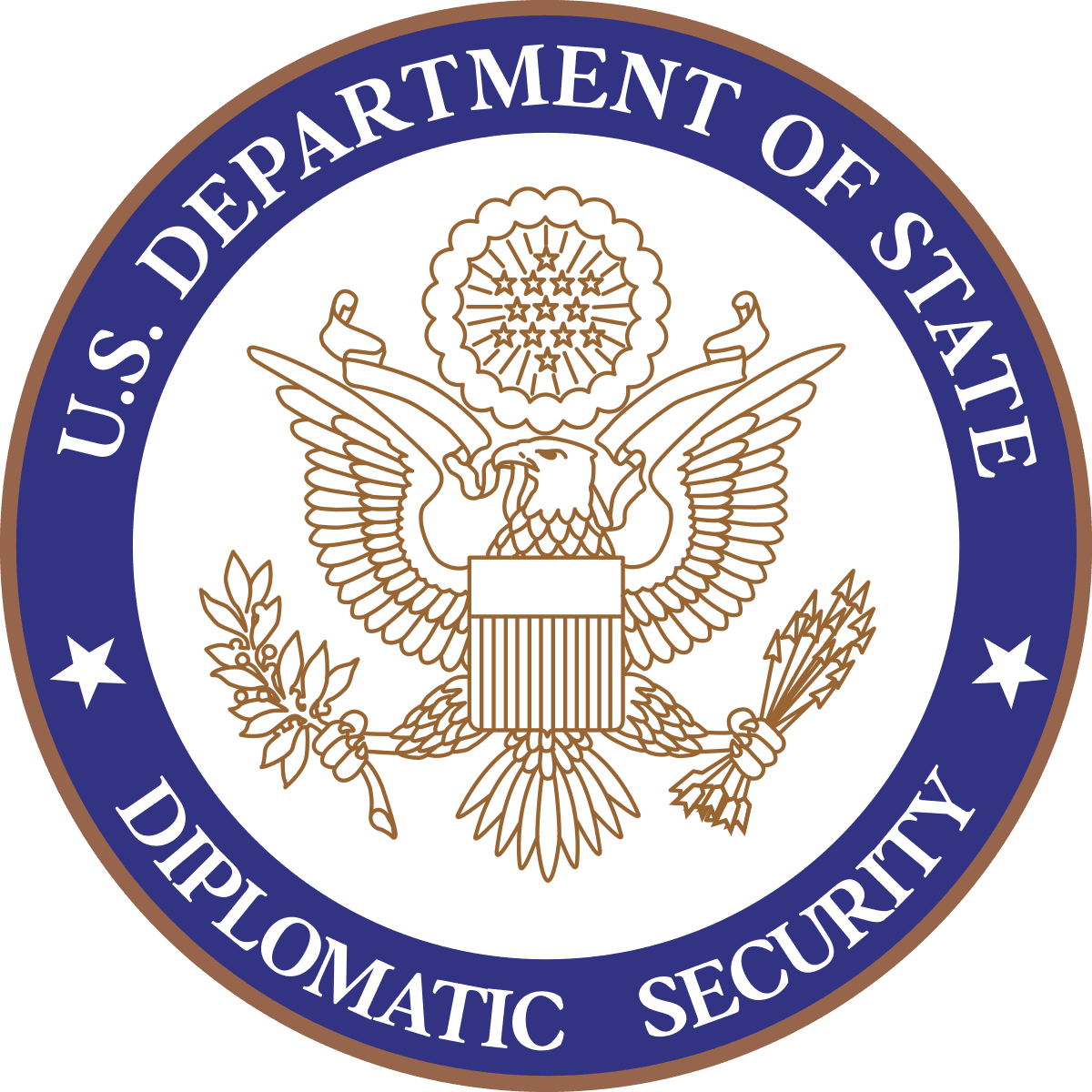
Tested in Times of Transition
The message focuses on navigating challenges during periods of change.

Language: Setting the stage
Part of Language and Diplomacy (2001): Benoit Girardin takes a philosophical approach to rhetoric - along with the issues of interpretation and ethics. He examines each of these three fields and its relation to diplomatic practice and negotiations, showing with examples how diplomatic language exhibiting either a lack or an excess of any of these qualities may lead to problems.
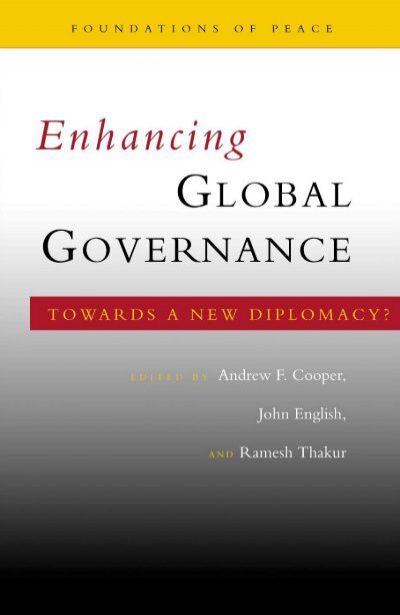
Enhancing Global Governance: Towards a New Diplomacy
The text is about the importance of improving global governance through a new approach to diplomacy.

Cyprus: the search for a solution
Lord Hannay, a senior British diplomat with great experience of multilateral diplomacy, retired in 1995 but was then persuaded to accept the position of Britain’s Special Representative for Cyprus. In this role he played an influential part in the UN-led effort to broker a settlement to the Cyprus conflict until the negotiations temporarily foundered in May 2003, when, with a mixture of relief and regret, he stepped down. (There is a postscript on the referendums held on the island in 2004 on the fifth version of Kofi Annan’s settlement plan.) He has written a brilliant account of the cour...
DDoS – Available Weapon of Mass Disruption
The increasing militarisation of cyber-space comes in response to fears of critical damage caused by digital weapons like Distributed Denial-of-Service (DDoS). Understanding that the botnets are the key platform behind DDoS, we compared the costs of running a large-scale attack with the approximate downtime loss in a country-scale attack in case of Serbia, showing that DDoS are readily available weapons of possible mass disruption. Taken as a whole, this paper suggests responding to risks by combating cybercrime as the DDoS enabler, rather than by militarisation.
The Dayton Agreements and International Law
The Dayton Agreements marked an important milestone in international law, serving as a framework for peace in Bosnia and Herzegovina after the Balkan Wars. This agreement established the entities of Republika Srpska and the Federation of Bosnia and Herzegovina, outlining a power-sharing structure to end the conflict. The implementation of the agreement was overseen by international organizations, demonstrating the significance of international law in resolving conflicts and promoting peace.

For an effective taxation of electronic commerce in Madagascar
This research paper focuses on the taxation of electronic commerce (or e-commerce) in Madagascar. The objectives of this project are to offer insight and help the fiscal administration for future governmental programmes focusing on the taxation of e-commerce in Madagascar.

A New Wave for the Reform of the Security Council of the United Nations: Great Expectations but Little Results
The reform of the Security Council of the United Nations (UNSC) has been an elusive issue at the United Nations (UN). While practically all Member States agree on the need to change the structure of the most powerful body of the world organization, so far there has been no agreement about what elements of that reform or about the substance of the reform itself.
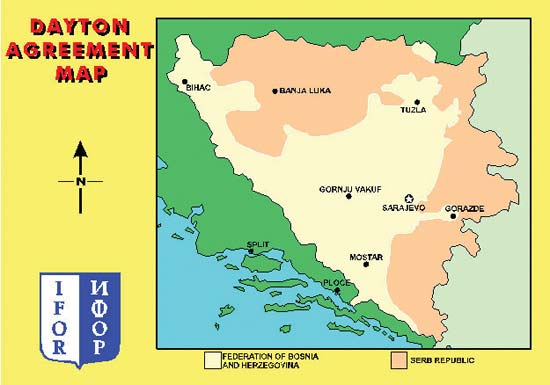
The Secret History of Dayton: U.S. Diplomacy and the Bosnia Peace Process 1995
The Secret History of Dayton: U.S. Diplomacy and the Bosnia Peace Process 1995 recounts the behind-the-scenes negotiations and strategies employed by American diplomats during the Dayton Peace Accords that ended the Bosnian War. The U.S. played a crucial role in brokering peace between the warring factions and outlining the terms of the agreement that led to the successful resolution of the conflict.

A clash of grand strategies between Russia, United States of America and Turkey for greater power and influence in the Middle East
The thesis explores the changing dynamics in the Middle East where the region is witnessing a metamorphosis in its power structure as major regional powers actively pursue their grand strategies to unseat U.S. hegemony. The analysis focuses in particular on the foreign policies of the revisionist powers of Russia and Turkey collaborating in all spheres of statecraft against the resoluteness of the U.S. to maintain the status quo. It recognises that the Syrian civil war has disrupted the equilibrium of the prevailing power structure which, by extension, has provided the enabling environment for...
The emergence of international public opinion and the origins of public diplomacy in Japan in the inter-war period
The emergence of international public opinion and the origins of public diplomacy in Japan in the inter-war period.
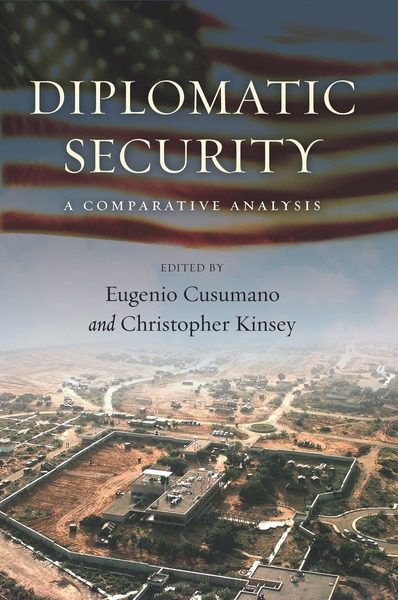
Diplomatic Security under a Comparative Lens – Or Not?
“Diplomatic security” is the term now usually preferred to “diplomatic protection” for the steps taken by states to safeguard the fabric of their diplomatic and consular missions, the lives of their diplomatic and consular officers, and the integrity of their communications; it has the advantage of avoiding confusion with the controversial legal doctrine of diplomatic protection.

Evaluation du statut de l’E-Gouvernement en Union des Comores
L’e-gouvernement consiste à l’utilisation des Technologies de l’Information et de la Communication (TIC) par un gouvernement pour transformer sa façon d’administrer, de produire et de délivrer efficacement des services publics aux citoyens.

Diplomacy of tomorrow
The time of diplomacy is far from over. This paper discusses how its role will become ever more central as most important affairs will have to be handled at global, regional and sub-regional levels.
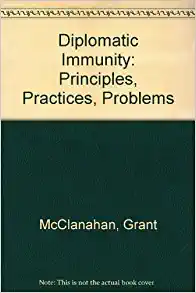
Diplomatic Immunity: Principles, Practices, Problems
Diplomatic Immunity: Principles, Practices, Problems" explores the concept of diplomatic immunity, its application, and the challenges it poses.

Knowledge management and international development – the role of diplomacy
In this chapter, Walter Fust talks about the role of knowledge management, and knowledge for development, in diplomacy. He describes various methods to assess what knowledge should be stocked, and explains the need for managers who are assigned the task of deciding what should be stocked. These decisions need to be guided by principles, or guidelines - referred to as value management.

Social Power in International Politics
In "Social Power in International Politics," the author explores the impact of social power in shaping international relations. Social power encompasses the ability to influence others' behaviors, beliefs, and attitudes through norms, values, and identities. This form of power is not solely possessed by states but also by non-state actors and international organizations. Understanding social power dynamics is crucial for comprehending the complexities of global politics and how ideas and identities shape international interactions and conflicts.
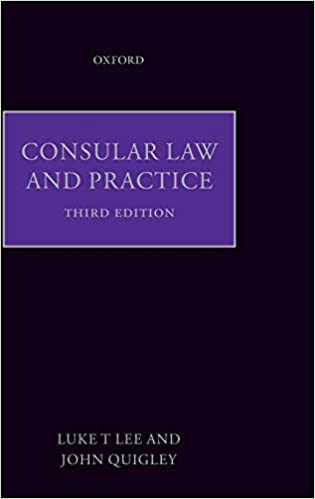
Consular Law and Practice, 3rd ed
First published in 1961, Consular Law and Practice is a classic work of great interest and practical use to diplomats, consuls, and international lawyers.

Dealing with cybersecurity challenges
'Various governments have come up with different interventions to address these challenges, like cybersecurity which is on the rise. The development of human resource and capacity building has been identified as one of the stumbling blocks.' - Godfrey Ahuma from Ghana
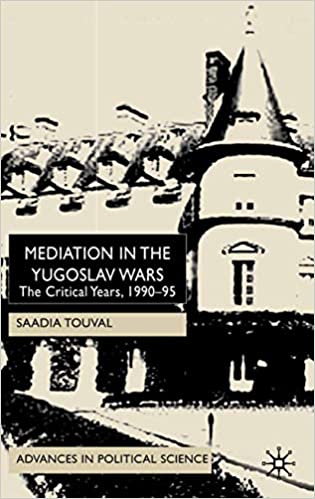
Mediation in the Yugoslav Wars: The Critical Years, 1990-95
The book "Mediation in the Yugoslav Wars: The Critical Years, 1990-95" explores the role of mediation in the Yugoslav Wars during the crucial period from 1990 to 1995. It delves into the efforts made by various individuals and organizations to mediate the conflicts that arose during this time. Through a detailed examination of mediation attempts, the book sheds light on the complexities and challenges faced in trying to bring about peace in the region.

Manual on Compliance with and Enforcement of Multilateral Environmental Agreements
The text provides comprehensive guidance on compliance with and enforcement of multilateral environmental agreements, offering practical strategies and tools for enhancing global environmental governance.
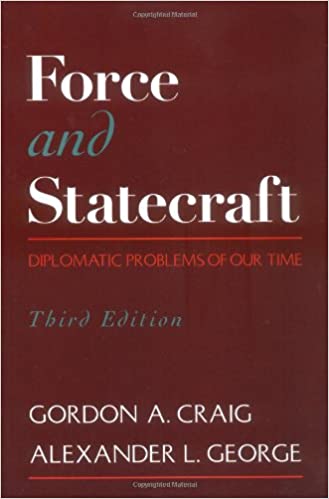
Force and Statecraft: Diplomatic Problems of Our Time
In this classic text, an eminent historian of international affairs and a distinguished political scientist survey the evolution of the international system, from the emergence of the modern state in the 17th century to the present. Craig and George pay particular attention to the nineteenth century's "balance-of-power" system, the basic tenets of which still determine many applications of modern diplomacy. The authors also focus on the ways in which the 20th century diplomatic revolution--a complex of military, political, economic and ideological factors--has destroyed the homogeneity of th...
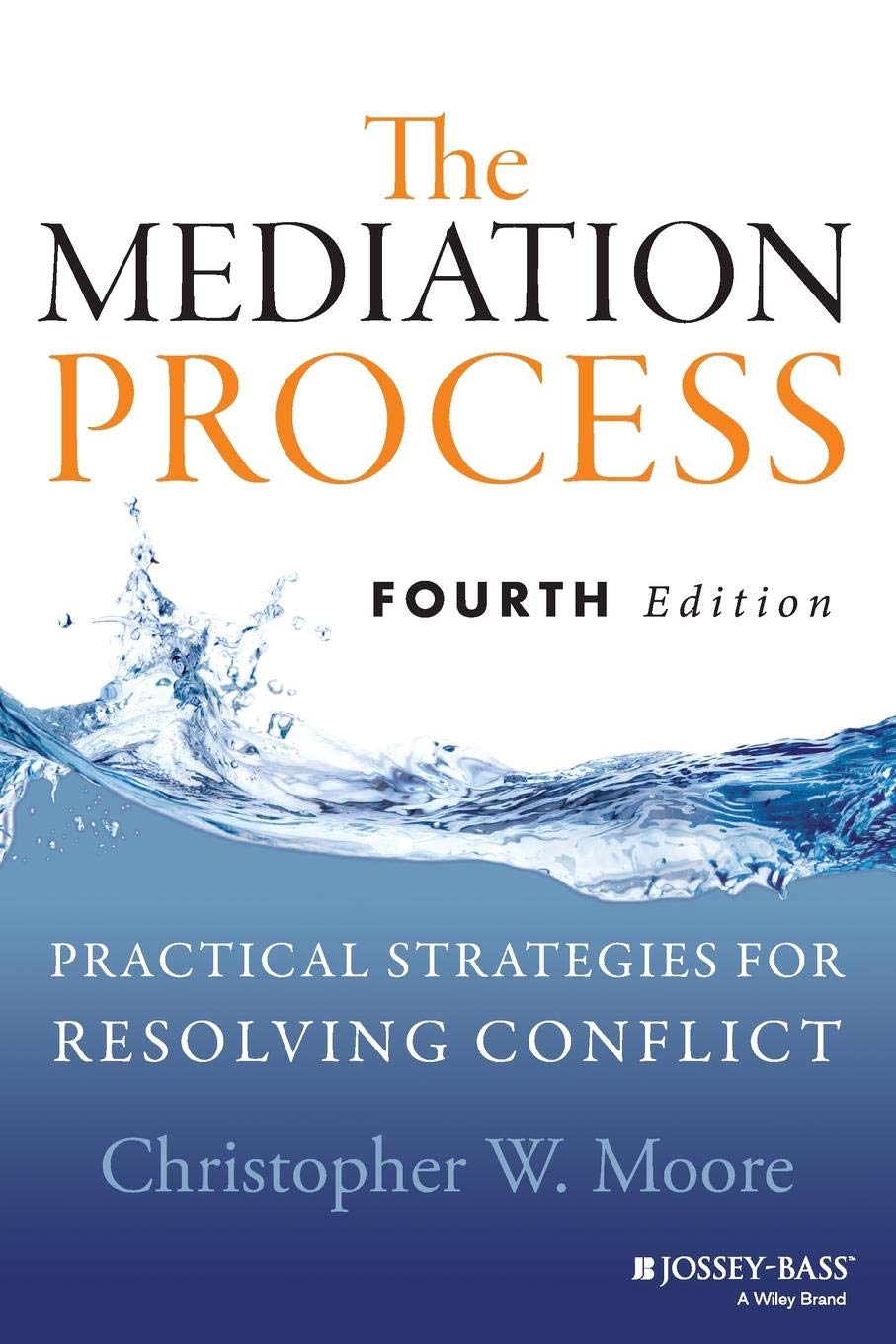
The Mediation Process: Practical Strategies for Resolving Conflict
The Mediation Process: Practical Strategies for Resolving Conflict offers guidance on effectively resolving conflicts through mediation.
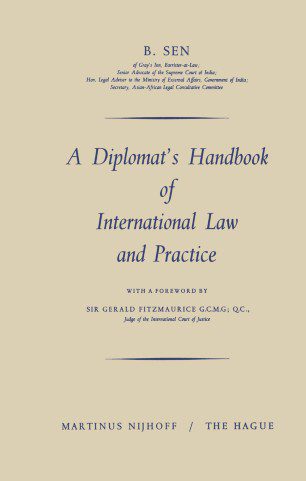
A Diplomat’s Handbook of International Law and Practice
The following text outlines guidelines for diplomats on international law and practice.

Exploring the Relevance of Engagement and Containment Approaches in the European Union’s Management of Relations with Russia
Since 2006, Russia has grown more assertive and even hawkish in its approach to the European Union (EU), even seen as attempting to divide the large EU membership so as to consolidate its influence in Europe.

Strengthening the region’s participation
‘Witnessing the open community policy development process at the AfriNIC community led me to further appreciate the importance of the Policy Research Phase of the Diplo IGCBP. AfriNIC-13 was an eye opener...’ - Maduka Attamah from Nigeria
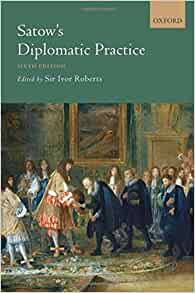
Satow’s Diplomatic Practice, 6th ed
Satow's Diplomatic Practice, 6th ed., is a vital resource for diplomats with updated information on diplomacy history, diplomatic and international law, and the effect of modern changes on diplomatic work, including terrorism. This edition covers the evolution of diplomacy since the Cold War, the rise of new diplomatic practices, and the increased number of states and international organizations. The book details diplomatic privileges, missions, and consular matters, making it essential for those involved in diplomacy.
Governing global health: Is Europe ready?
The text discusses Europe's readiness in governing global health.
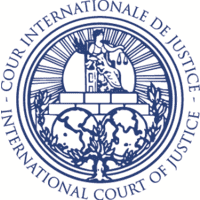
United States Diplomatic and Consular Staff in Tehran (United States of America v. Iran)
The United States took Iran to the International Court of Justice over the 1979 hostage crisis. The US argued Iran violated international law by holding American embassy staff captive. Iran countered with claims of US intervention in Iranian affairs. The Court ruled in favor of the US, directing Iran to release the hostages and provide reparations. Ultimately, the situation strained US-Iran relations and remains a key diplomatic precedent.

Emerging Leaders for a Digital World (2011): Dalsie Greenrose Kalna Baniala from Vanuatu
‘With the number of training courses I have attended, including attending the Internet Governance Forum (IGF), I have learnt a lot.’

Kosovo’s Final Status Negotiation Process: A Way Out or Cul de Sac
Kosovo's path towards independence proved to be a difficult, elongated and complex process that entailed political as well as legal implications that are argued by many scholars, and analysts nowadays.

The Abuse of Diplomatic Privileges and Immunities: Recent United Kingdom Experience
The abuse of diplomatic privileges and immunities has been an issue in the United Kingdom recently, leading to concerns and consequences.
Journal of Moral Theology, Vol. 11, Special Issue no. 1, Spring 2022, “Artificial Intelligence”
Journal of Moral Theology dedicated special issue on 'artificial intelligence'.

The system of privileges and immunities applicable to the international organisations in Switzerland and to the permanent foreign delegations in Geneva
Amadeo Perez is Legal Adviser to the Permanent Mission of Switzerland to the International Organisations in Geneva, and this booklet is therefore authoritative. It is a revised edition of an article published in the UNITAR Employment Guide by Jean-Pierre Vettovaglia in 1991. As will thus be clear, it is designed to provide a non-legalistic description of its subject for new members of the Geneva diplomatic corps, specifically, those on the staff of the international organizations headquartered there as well as those attached to the permanent missions accredited to them.

Knowledge management and diplomacy
In this paper we aim to provide a comprehensive introduction to the topic of knowledge management in diplomacy. First we provide working definitions of knowledge and knowledge management, and examine the evolution of the concepts. Next, we consider specific features of diplomacy that affect and limit the way knowledge management can be implemented. Then we look at specific techniques which diplomacy can adapt from the business sector in the field of knowledge management. Finally, we consider some important questions related to human resources and knowledge management.
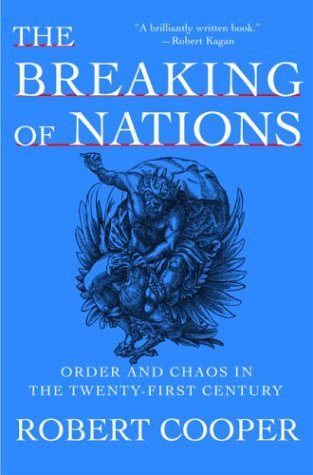
The Breaking of Nations: Order and Chaos in the Twenty-First Century
The message is a summary of the book "The Breaking of Nations: Order and Chaos in the Twenty-First Century.

International domain names from a multilingualism and security perspective
From an Internet governance perspective, multilingualism and security have been two of the cornerstone themes since its inception. The security theme addresses topics regarding the Domain Names System (DNS), Public Key Infrastructure (PKI), Internet attacks, security awareness, and policies and legal measures to ensure a safe and secure Internet experience. Security is a very diverse area where multiple topics should be tackled, and ignoring one or more topics while securing other areas would still jeopardise the safety of Internet users.

The Yugoslav diplomatic service under sanctions
Sanctions adversely affect all the structures of the state and society, and render difficult, if not impossible, the normal operation of services, including the Foreign Service.This paper discusses the challenges faced by the Yugoslav diplomatic service when the country was under sanction.
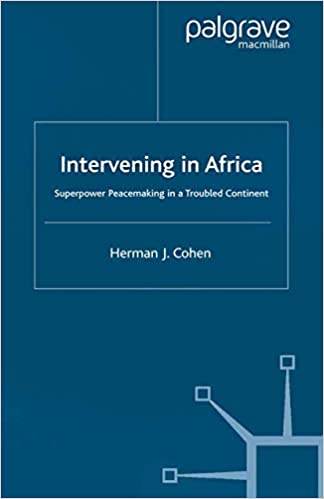
Intervening in Africa: Superpower Peacemaking in a Troubled Continent
The text discusses superpower intervention in Africa for peacekeeping purposes.
The study of regional integration
The study of regional integration involves examining the process of countries coming together to form agreements, policies, and institutions to promote cooperation and economic growth within a specific geographic area. This can involve various levels of integration, such as free trade agreements, customs unions, and common markets, with the ultimate goal of fostering closer relationships between nations to achieve mutual benefits and common goals.
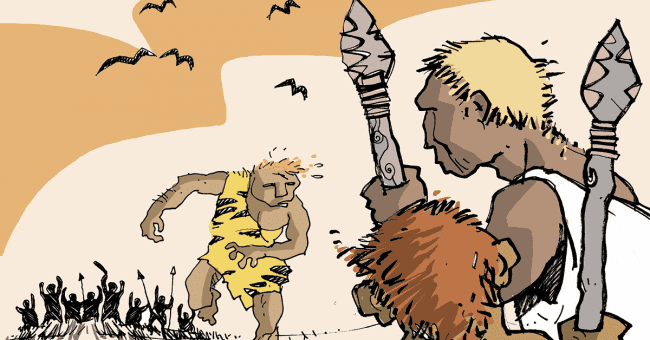
Diplomatic Privileges and Immunities
The text discusses the distinctions between privileges, immunities, and facilities in the context of diplomatic relations. It explains how privileges exempt diplomats from certain laws, while immunities protect them from legal processes in the receiving state. Diplomatic facilities are provided to aid in the duties of diplomatic missions. The history of diplomatic privileges and immunities is traced from ancient times to modern diplomacy, highlighting the role these concepts play in international relations. The text also touches on the evolution of diplomatic practices, from the Renaissance to...

A diplomatic analogy: International functionaries and their privileges
Although many have grappled with the question of what privileges and immunities international officials should enjoy, no satisfactory theoretical framework has evolved. This paper discusses how the issue evolved over time, how extensive the problem is and why the response been so ineffectual and the resolution been so intractable.

Guerrilla Diplomacy: Rethinking International Relations
In a previous book review for DiploFoundation, Petru Dumitriu described G. R. Berridge’s Diplomacy: Theory and Practice as 'a Robinson Crusoe’s book on diplomacy'. Suppose one is left on a deserted island and allowed only one book to study diplomacy; in that case, Dumitriu recommends Diplomacy: Theory and Practice. Without doubt, I wholeheartedly support this recommendation.

Influence of Economic Relations on Bilateral Relations
The title of the master thesis is "Influence of economic relations on bilateral relations". Firstly, three thesis statements concerning the influence of economic relations on non-economic bilateral relations have been developed. In order to validate the thesis statements a methodology was chosen that is mainly data driven and based on two case studies and a data comparison procedure, as opposed to a "theoretical approach".

Public diplomacy and soft power
The text explores the concepts of public diplomacy and soft power, elucidating their significance in shaping international relations and promoting a country's influence through attraction rather than coercion.

Governance and conflict in the Mano River Union States: Sierra Leone a case study
The MRU states (Côte d’Ivoire, Guinea, Liberia and Sierra Leone) experienced more than two decades of bitter conflicts. With the exception of Guinea which was spared a full-scale civil war, the other three neighbouring MRU states went through violent civil conflicts which resulted in massive human suffering, social dislocation and the destruction of the region's economy.
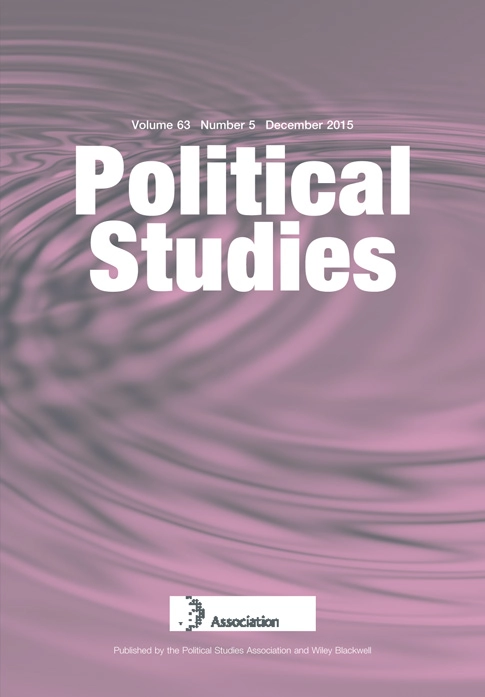
Lilliput under threat: The security problems of small island and enclave developing states
The article discusses the security challenges faced by small island and enclave developing states like Lilliput.

The role of diplomatic missions in Open Government
The purpose of this research paper is to assess the degree to which Open Government values and principles are being implemented by the diplomatic missions of Moldova and Malta, particularly in regards to their work with civil society and citizens' participation in policy-making.
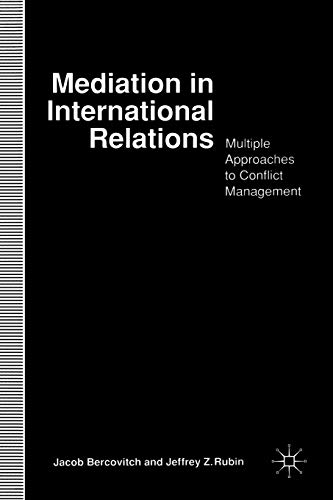
Mediation in International Relations
The practice of mediation in international relations involves third-party intervention to facilitate conflict resolution between parties. Mediators act as neutral facilitators, assisting in communication, negotiation, and finding common ground to reach a peaceful resolution. It is a diplomatic tool used to de-escalate tensions, prevent conflicts, and promote cooperation among nations. Mediation often requires skilled mediators with expertise in conflict resolution and international affairs to navigate complex political dynamics and foster dialogue between conflicting parties.
The Falkland Islands War: Diplomatic Failure in April 1982
The text discusses how the Falkland Islands War of April 1982 was a diplomatic failure.
Diplomatic security and the birth of the compound system
The text discusses the importance of diplomatic security and the development of the compound system to enhance safety measures for diplomatic missions.
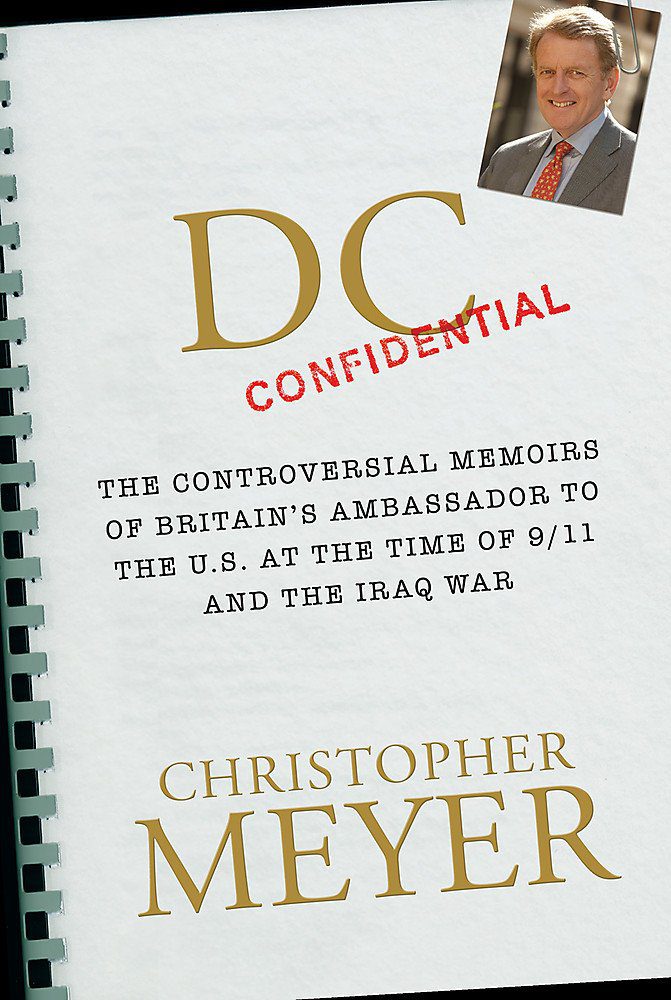
DC Confidential: The controversial memoirs of Britain’s ambassador to the U.S. at the time of 9/11 and the Iraq War
The publication of these memoirs in autumn 2005 caused a public furore in Britain so I shall not waste time giving any background on Sir Christopher Meyer. (Just punch his name into Google, which will enable you in the blink of an eye even to find out from the BBC website which records he chose when he appeared on Desert Island Discs.)
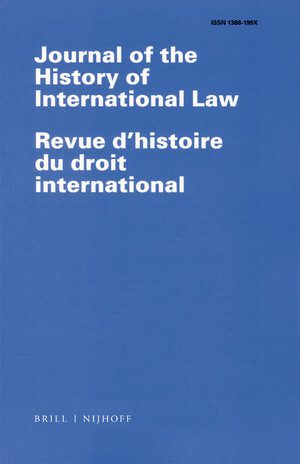
Did diplomatic immunity exist in the ancient Near East?
The text discusses the concept of diplomatic immunity in the ancient Near East.
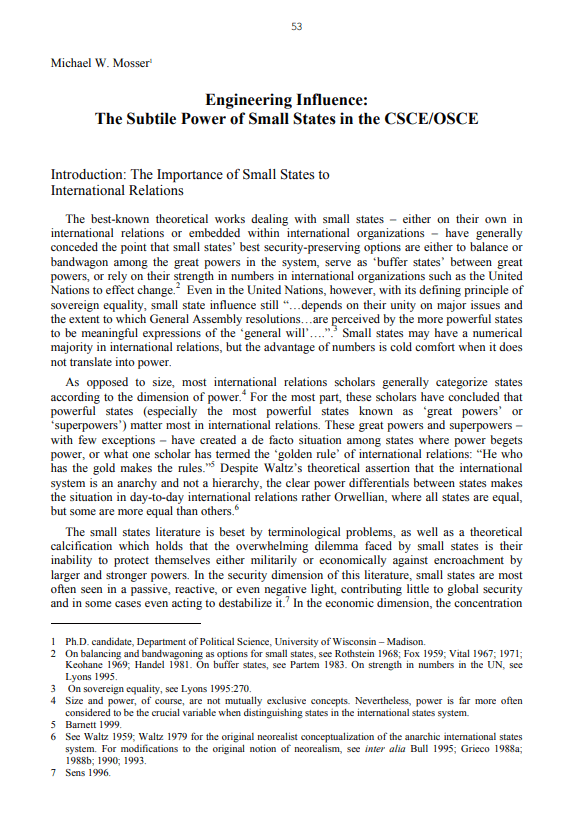
Engineering Influence: The Subtile Power of Small States in the CSCE/OSCE
The text discusses the significant impact small states have within the CSCE/OSCE through their diplomatic strategies and ability to shape agendas and outcomes.
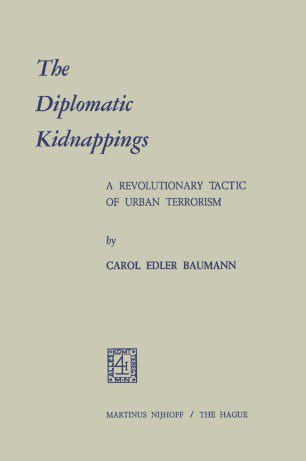
The Diplomatic Kidnappings: A Revolutionary Tactic of Urban Terrorism
The article discusses how diplomatic kidnappings have become a tactic of urban terrorism within revolutions, targeting diplomats to exert pressure on governments. Diplomats are seen as valuable assets by their home countries, making their abduction a powerful tool to achieve political objectives.
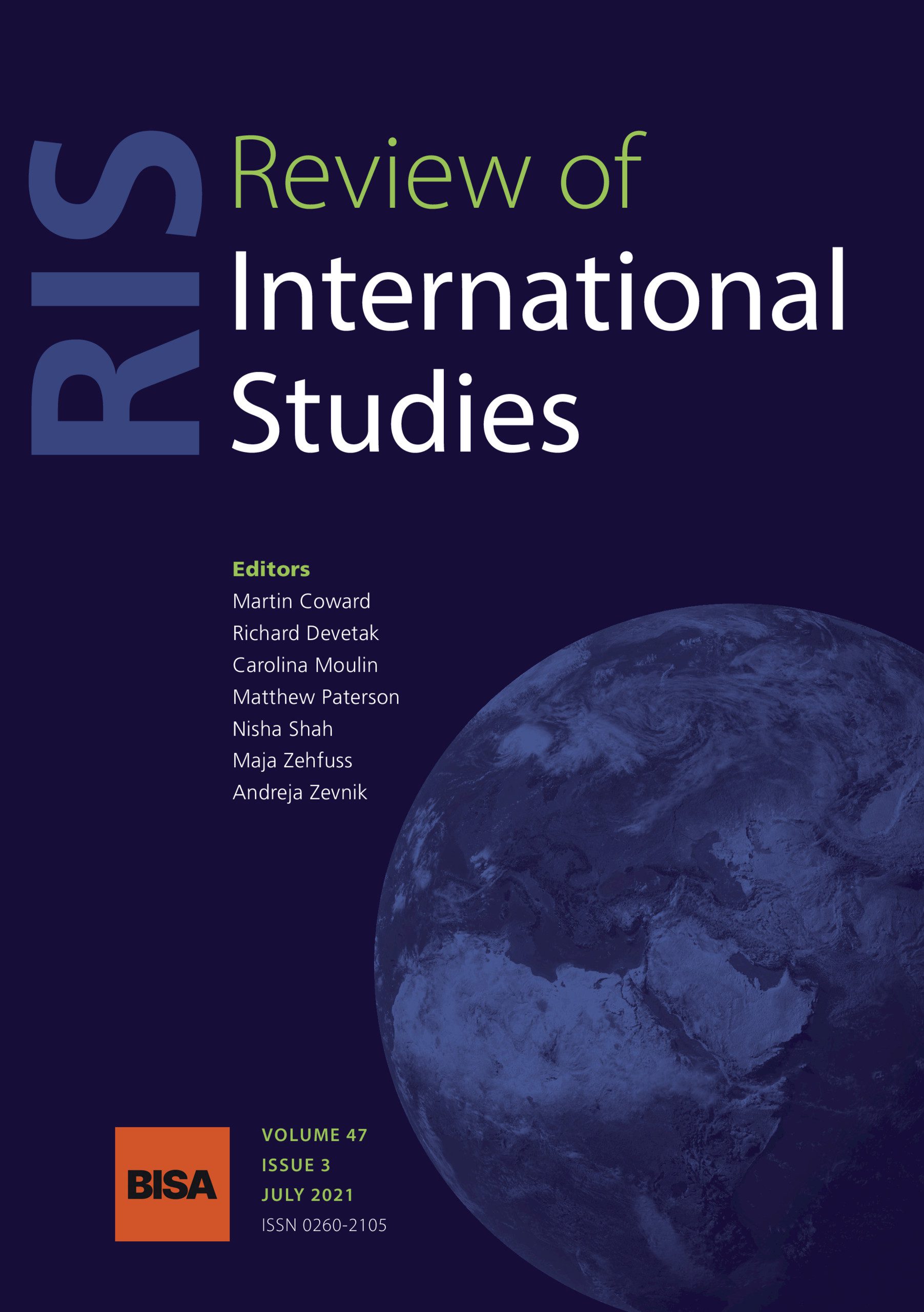
Health, security and foreign policy
Over the past decade, health has become an increasingly important international issue and one which has engaged the attention of the foreign and security policy community. This article examines the emerging relationship between foreign and security policy, and global public health. It argues that the agenda has been dominated by two issues – the spread of selected infectious diseases (including HIV/AIDS) and bio-terror. It argues that this is a narrow framing of the agenda which could be broadened to include a wider range of issues. We offer two examples: health and internal instability,...
The Clash of Civilizations
The Clash of Civilizations discusses the idea that cultural and religious differences will be the primary source of conflict in the post-Cold War world. The author argues that conflicts will arise along cultural fault lines, such as between Western and Islamic civilizations, rather than the political and economic divisions of the past. This perspective challenges the notion of a peaceful global community and emphasizes the importance of understanding and managing cultural differences to prevent future conflicts.
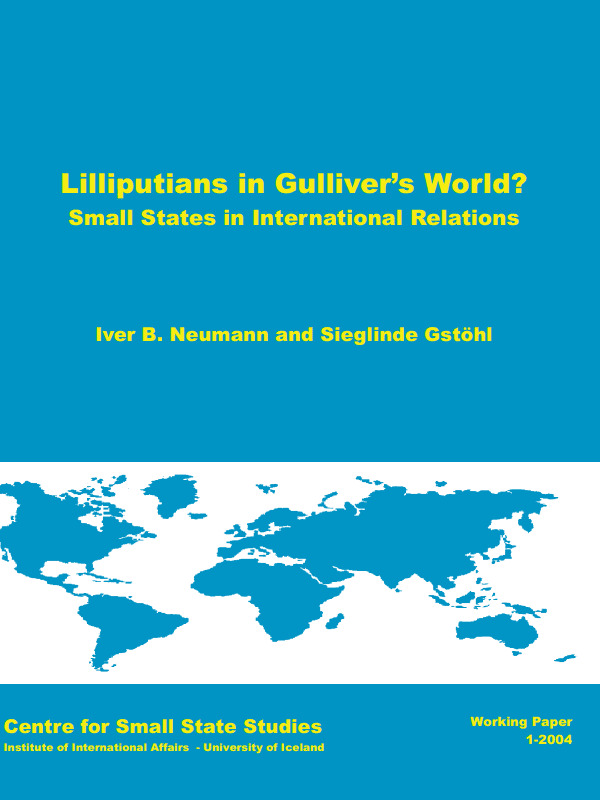
Lilliputians in Gulliver’s World? Small States in International Relations
A social science that is worthy of its name must study the universe of its cases in its entirety. If the states system remains a key component of world politics, then the study of small states is simply part and parcel of what the discipline of International Relations (IR) is about. In this piece, we want to demonstrate the importance of studying small states in some detail. We start, in this Introduction, with an outline of justifications for small states’ studies and with some historical and conceptual observations on what “smallness” entails. In Section 2 we show how small states...

Vienna Convention on Consular Relations
The Vienna Convention on Consular Relations is an international treaty that governs the treatment of consular relations between states. It ensures that consular officers can perform their duties effectively and provides guidelines for consular notification and access for individuals detained in foreign countries. The convention also outlines the privileges and immunities granted to consular officers to facilitate their work and protect their independence. Overall, the Vienna Convention on Consular Relations aims to promote friendly relations between states and enhance cooperation in consular m...

Knowledge and Diplomacy
Knowledge and Diplomacy presents papers on knowledge and knowledge management from the January 1999 Conference on Knowledge and Diplomacy in Malta. The papers in this book, examining the topic from a variety of backgrounds, academic interests and orientations, reflect the multidisciplinary character of knowledge management. This publication is only available online.
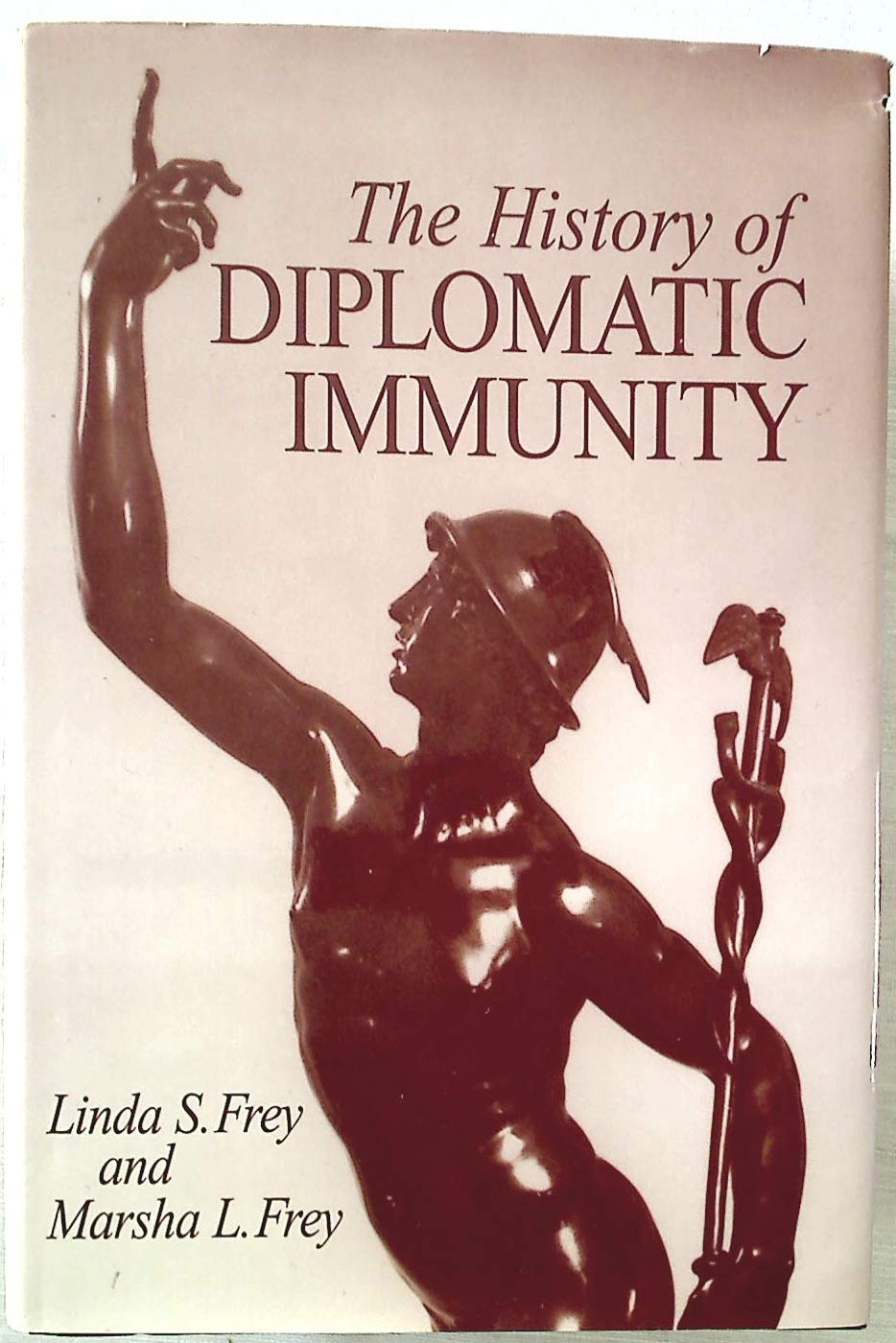
The History of Diplomatic Immunity
This is a massive book in more than one sense. It is over 700 pages long, including an invaluable bibliography which itself stretches over 70 pages. While dwelling chiefly on the Western tradition, it also takes in the Ottoman Empire and the Far East.

The Politics of the South Africa Run: European Shipping and Pretoria
Some time after this book went out of print, now many years ago, I found a message on my answer-phone from a London businessman involved in South African shipping. He asked if I were ‘the G. R. Berridge who had written the book on the politics of South African shipping’ and, if so, could I help him find more copies. On admitting to authorship when I returned his call, he said that he had managed to secure a copy for himself but was constantly in danger of losing it to other members of the South African shipping community, who had discovered its manifold virtues too late.
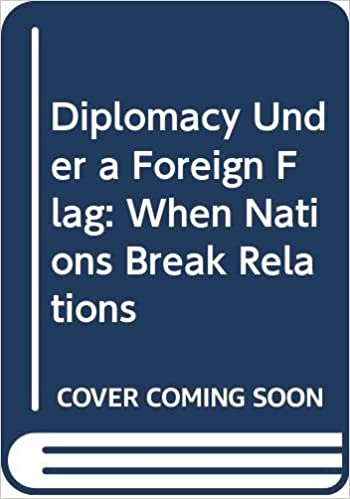
Diplomacy under a Foreign Flag: When nations break relations
The text is about diplomatic relations between countries and the implications of breaking these ties.

The International and Legal Aspects of the Recognition of States: The Case of Macedonia
International society is a changing entity. The number of international entities continuously grows. New states are created, old states diminish or disappear. Complex states dissolve and simple states sometimes unite. New governments come into power opposite to their national constitutions and insurgency occurs very often. And then it is up to the states to decide whether they will accept the new circumstances and recognize the particular eventuality and additionally, to decide on the time framework for potential recognition.

How is trust defined in Internet governance organisations? (applied ethics in not-for-profit Internet organisations, managing critical Internet resources – a case study on trust)
The message addresses the definition of trust within Internet governance organizations, focusing on applied ethics in not-for-profit Internet entities managing critical Internet resources. Trust is a central component explored through a case study, examining the dynamics and importance of trust within these specialized organizations.
Metaphor and War: The Metaphor System Used to Justify War in the Gulf
The text discusses how metaphors are used to justify war in the Gulf.
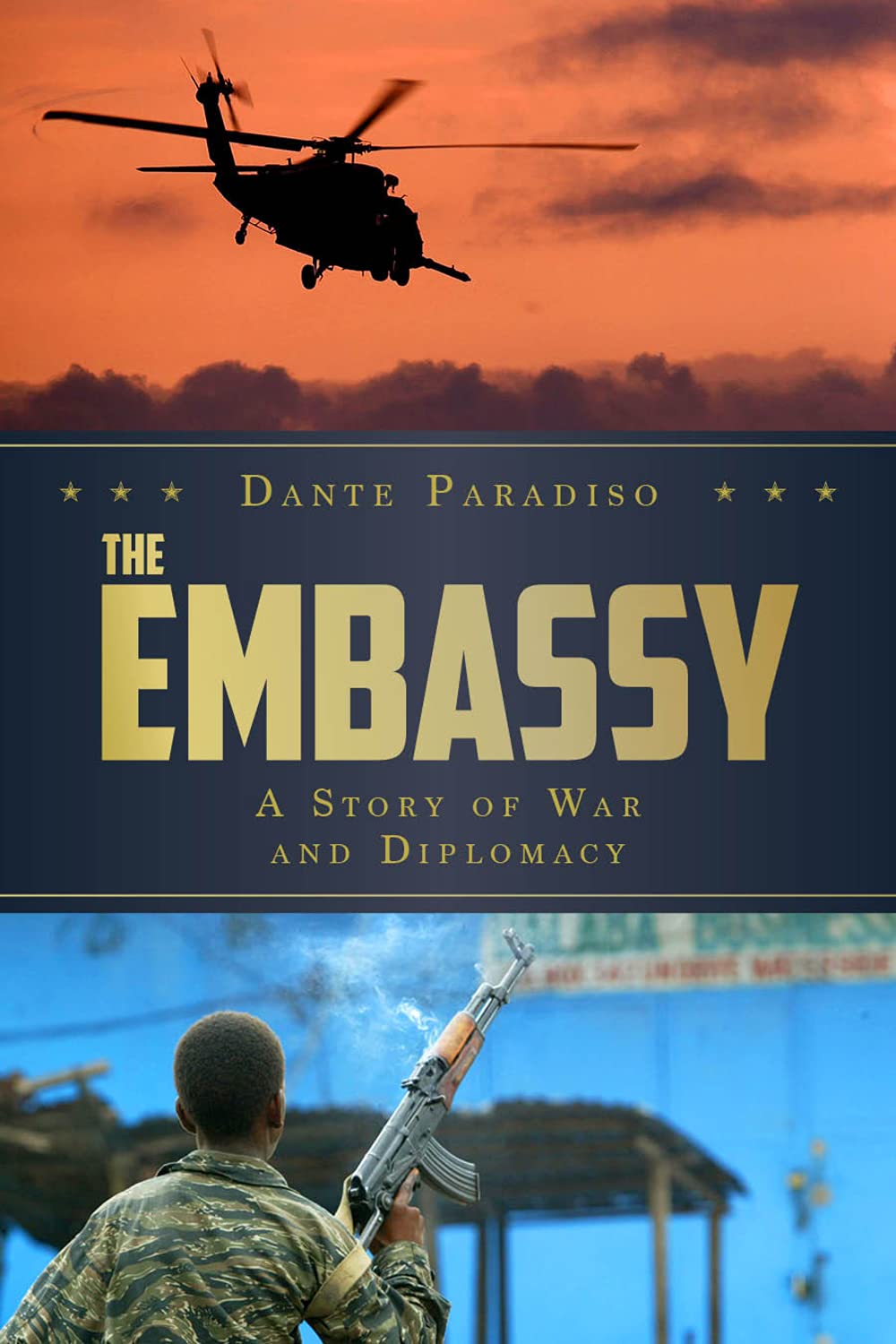
The Embassy: A story of war and diplomacy
This book tells the story of the vital role played by the US Embassy in Monrovia in helping to mediate an end to the brutal, 14-year civil war in Liberia in 2003.

The Imperial Component in Iran’s Foreign Policy: Towards Arab Mashreq and Arab Gulf States
One of the most important developments the Middle East has witnessed in the 20th centaury was the success of the Iranian revolution of Islamist ideology, with ambitions to control.

The National Security of Small States in a Changing World
The text discusses how small states must adapt their national security strategies to address the challenges presented by a rapidly changing global environment.

Kyoto Protocol to the United Nations Framework Convention on Climate Change
The Kyoto Protocol to the United Nations Framework Convention on Climate Change outlines international commitments to reducing greenhouse gas emissions to combat climate change.

Post Cold War diplomatic training
Victor Shale's paper refers to a specific time period: the post-Cold War period which brought about new forms of conflicts, and high levels of terrorism. In the light of the change in traditional diplomacy, his paper examines multistakeholder diplomatic training and its importance as an approach in penetrating different cultures, and examines whether this approach could be used to minimise intractable conflicts.
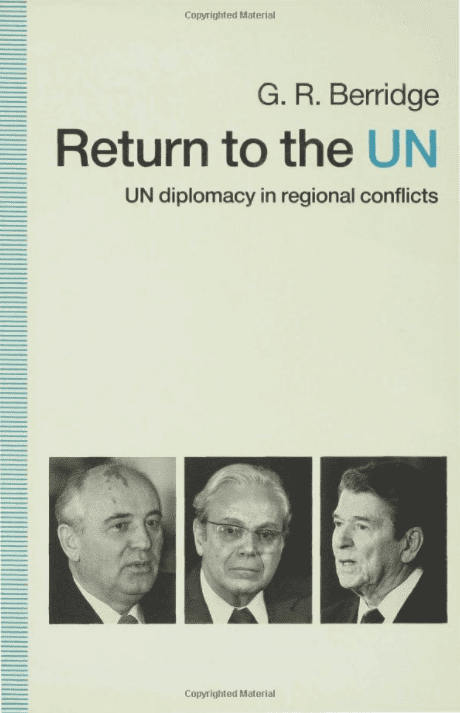
Return to the UN: United Nations diplomacy in regional conflicts
‘… lively … persuasive … careful analysis… This is a very readable study, combining narrative strength with political acuity, and informative on the years of disappointment … Much has changed since the UN’s annus mirabilis, but Berridge’s conclusions still stand’, Nicholas Sims, London School of Economics, Millenium.

Barriers to conflict resolution in Africa: Mediating beyond power and ethnicity in the EAC and SADC countries through a Kenyan case study
This paper assesses the relevance of ethnicity and power in conflicts occurring in the EAC and SADC regions through a case study of Kenya. It engages with elites’ power contestation and the manner in which power has historically caused violence and instability in Kenya. Further, an account of researches on ethnicity and its inducing of violence is made. Through this, one discovers the importance of ethnicity beyond that of being a channel for the upsurge of violence.

Intermediaries: impartiality, multiple mediation and other questions
The topic discusses the role of intermediaries in maintaining impartiality, engaging in multiple mediations, and addressing related queries.
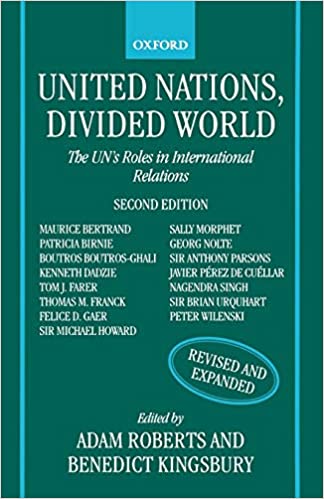
United Nations, Divided World, 2nd ed
The message is a placeholder and does not contain any actual content to summarize.
E-diplomacy and Diplomatic Law in the Internet Era
Peacetime Regime for State Activities in Cyberspace (ed by Katharine Ziolkowski) covers in a multi-disciplinary approach the technical, legal, policy and diplomacy aspects of State activities in cyberspace during peacetime. It consists of 23 chapters of academic nature, elaborated by 24 authors specialised in the respective areas of expertise. Diplo's Dr Jovan Kurbalija contributed this chapter on E-diplomacy and Diplomatic Law in the Internet Era.
U.S. Propaganda in the Middle East – The Early Cold War Version
The text discusses the use of U.S. propaganda in the Middle East during the early Cold War era.

Broadening the diplomatic bandwidth
‘I believe whistle-blowing websites have a greater role to play in the future of the humankind. These are a few of the issues that I became aware of through DiploFoundation, on whose blogosphere these issues continue to be debated.’ - Felix Samakande from Zimbabwe

The development of multilateral diplomacy and its fundamental role in global security and progression.
This dissertation is written to present the notion of peace and security to be the direct result of international cooperation through multilateral means

A Declaration of the Independence of Cyberspace
A declaration of independence for cyberspace, asserting that traditional governments have no authority over this virtual realm. Barlow believes that cyberspace should be free from external regulation and should be governed by the individuals who inhabit it.

Portraying the religions of the Mediterranean
There is hardly any need to stress that the relations between the adherents of the three great religions of the Mediterranean, as indeed of all other religions, are more affected by the images that each group has of the other than by the precise content of the theological beliefs held by the spiritual leaders of each religious community. This paper discusses the “the politics of representation” that has garnered much interest since the publication by Edward Said of a trilogy on the subject.
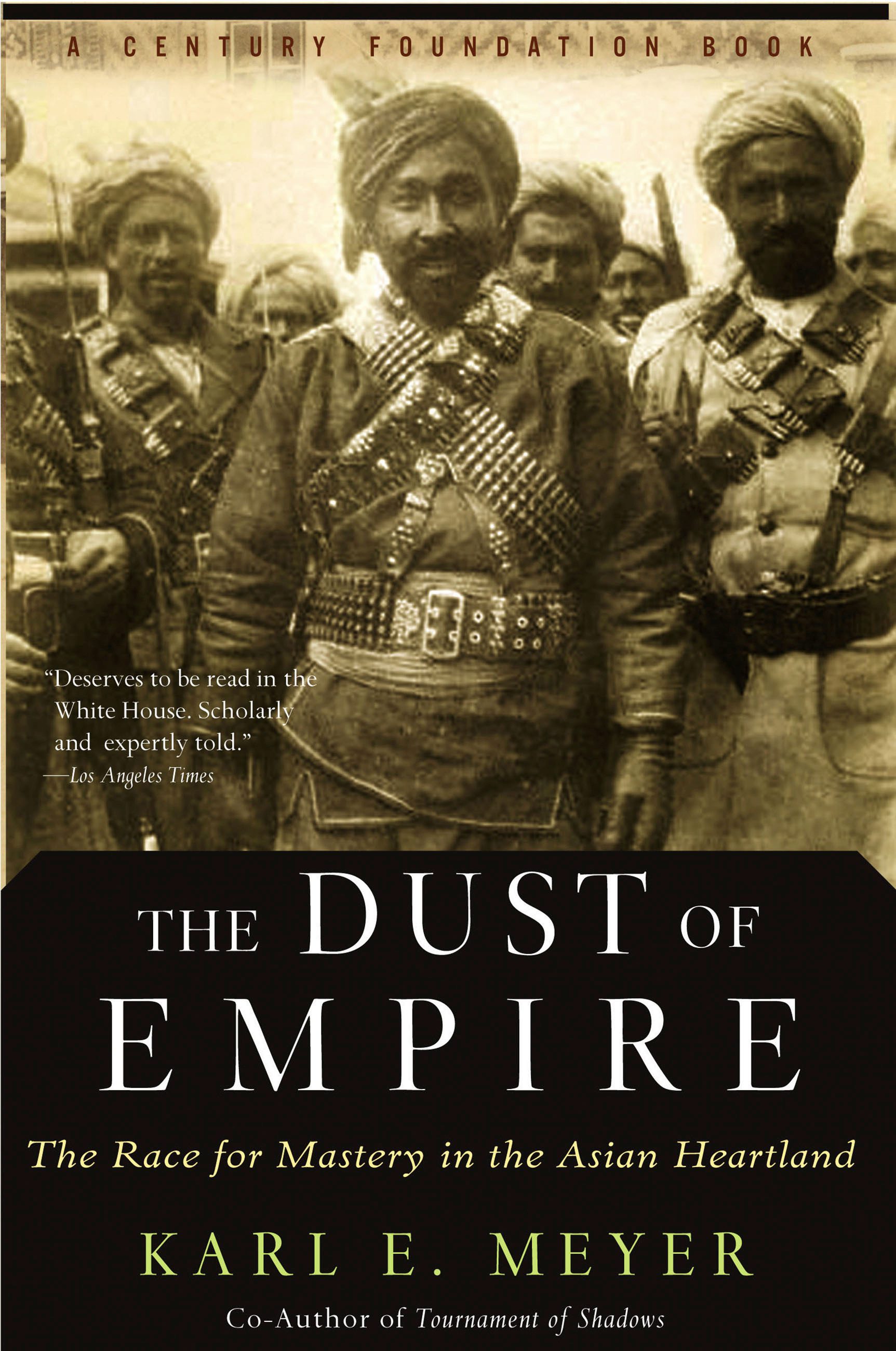
The Dust of Empire: The Race for Mastery in the Asian Heartland
Central Eurasia refers to the countries in the Caucasus and to the five countries of Central Asia: Kazakhstan, Uzbekistan, Turkmenistan, Kyrgyzstan and Tajikistan. These countries that had once been part of the Russian and Soviet Empire were broken off and set adrift when the Soviet Union self-destructed at the end of 1991. They belatedly joined Pakistan, Afghanistan and Iran, three countries that also emerged from the sphere of influence of an empire, the British one, to become – in the words of Charles De Gaulle speaking of the newly independent African states – the dust of empire.
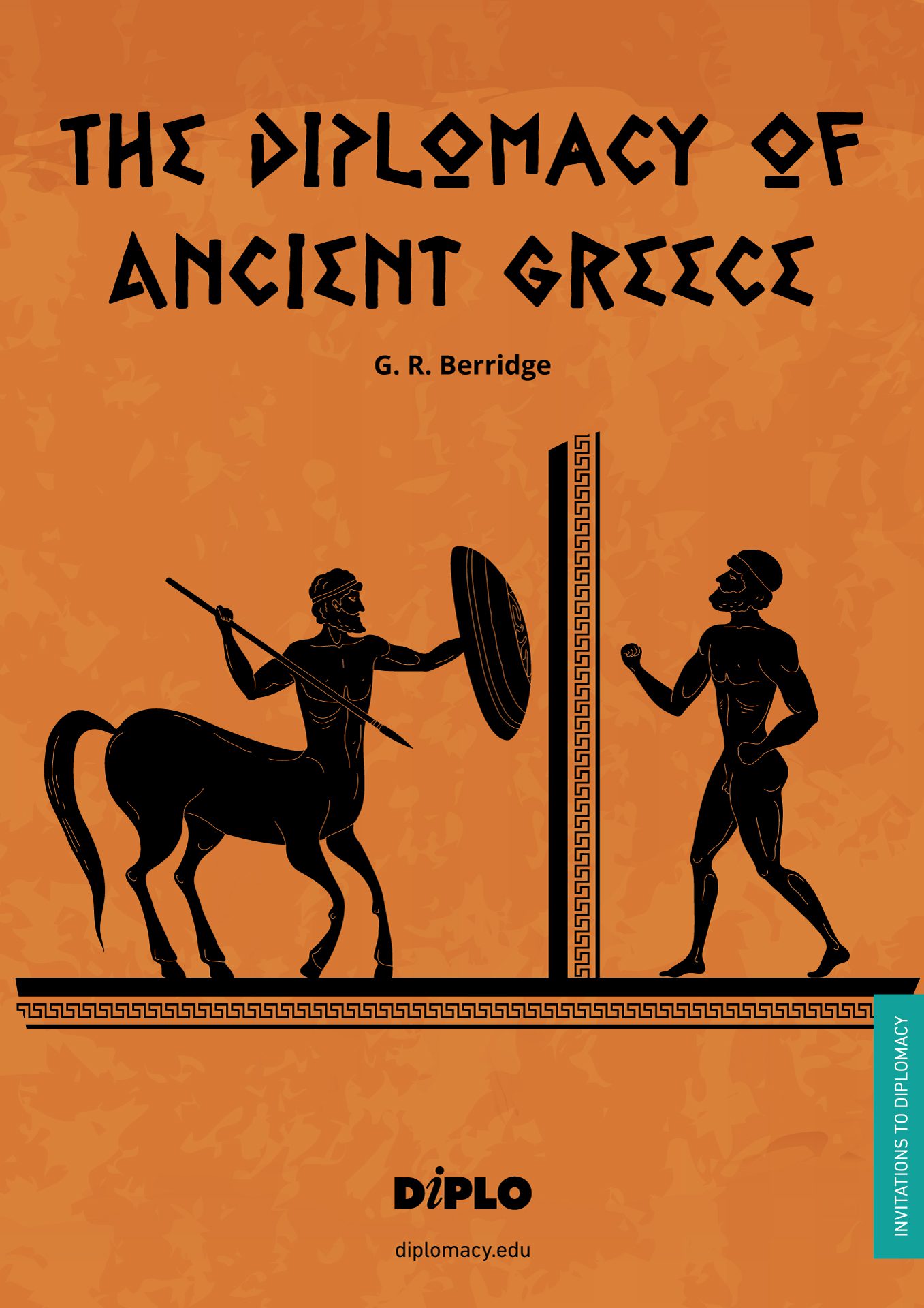
The Diplomacy of Ancient Greece – A Short Introduction
Employed against a warlike background, the diplomatic methods of the ancient Greeks are thought by some to have been useless but by others to have been the most advanced seen prior to modern times.
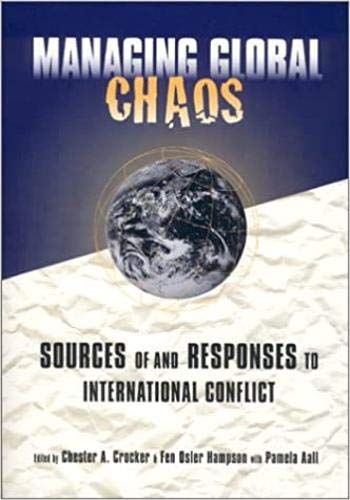
Managing Global Chaos
The message deals with strategies for managing global chaos. It discusses the importance of adaptability, resilience, and communication in navigating turbulent international waters. Leaders are advised to anticipate challenges, foster collaboration, and maintain a proactive approach to addressing crises on a global scale. The text emphasizes the need for flexibility and innovation to effectively manage chaos in a rapidly changing world.
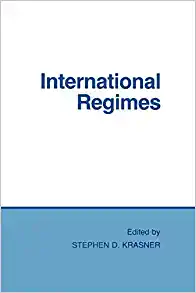
International Regimes
The text analyzes the formation, function, and effectiveness of international regimes in regulating global issues and facilitating cooperation among states.
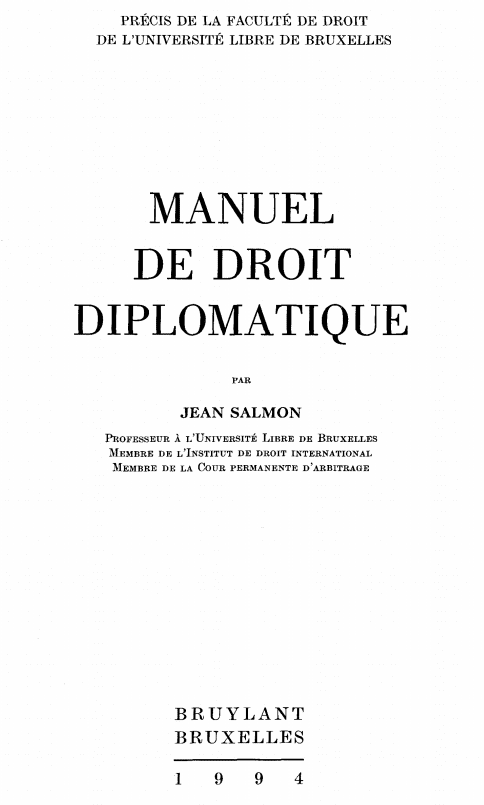
Manuel de droit diplomatique
This text is the first chapter of the "Manuel de droit diplomatique," a comprehensive guide on diplomatic law.
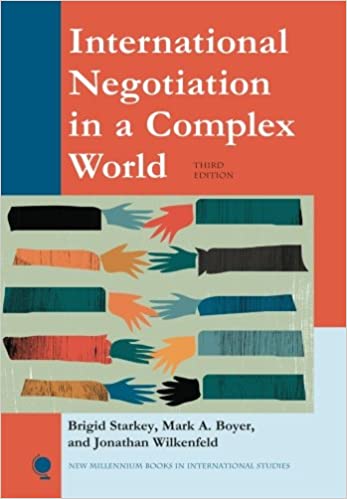
International Negotiation in a Complex World
The field of international negotiation is complex due to various factors such as cultural differences, power dynamics, and political considerations. Negotiators must navigate these complexities to reach successful agreements that benefit all parties involved.

Convention on Diplomatic Asylum
The text discusses the Convention on Diplomatic Asylum.

How do you know what you think you know?
In his paper, J. Thomas Converse focuses on four records-related areas where the issues of knowledge management and diplomacy come together and provide the greatest challenges to archivists, diplomats, historians and technology providers: validation, trustworthiness, context and longevity. He also explores some of the changes and challenges brought about by technology, and urges for a continued embrace of technology, while at the same time demanding the validating and relational functions which give archives their trustworthiness.
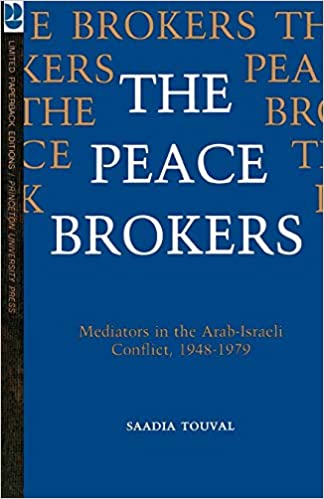
The Peace Brokers: Mediators in the Arab-Israeli Conflict, 1948-79
The text discusses the role of mediators in the Arab-Israeli conflict from 1948 to 1979.
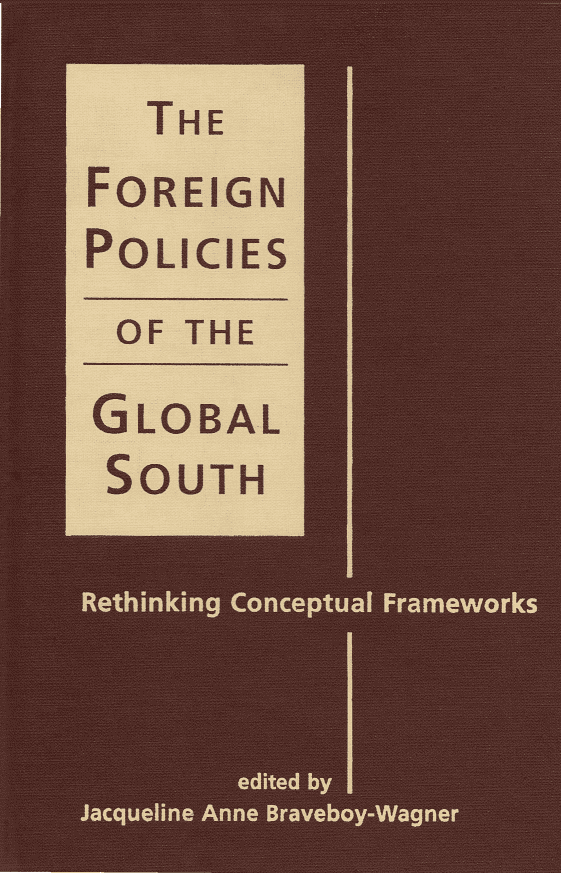
The Foreign Policies of the Global South: Rethinking Conceptual Frameworks
The text provides an analysis of foreign policies in the Global South and suggests reconsidering existing conceptual frameworks.

Common African Position on the Post-2015 Development Agenda
The participatory approach that led to the elaboration of the Common African Position (CAP) on the post-2015 Development Agenda involving stakeholders at the national, regional and continental levels among the public and private sectors, parliamentarians, civil society organizations (CSOs), including women and youth associations, and academia. This approach has helped address the consultation gap in the initial preparation and formulation of the Millennium Development Goals (MDGs).

Intergovernmental organisations sharing and linking open and real-time data for inclusive governance
The rapid rise of the Internet has encouraged the use of open, real-time, and linked data to help understand and improve development processes.The advancement of data use for development without an Internet governance framework, however, raises the importance of inclusion of the most marginalized, as well as privacy and security. This paper will examine such issues, as well as the role inter-governmental organisations can play in helping to encourage the use of data while supporting the protection of privacy and security.

Paradiplomatic’ Relations between the United States and Kosova: A Friendship between an Elephant and a Mouse
Naim Dedushaj's thesis 'Paradiplomatic relations between the United States and Kosova' studies the relations between the Albanian nation and America that date way back in history. The first Albanian immigrants moved to the United States in the second half of the 19th century. The major migration flows from Kosova and other parts in ex-Yugoslavia took place in the 20th century.

The secret life of a cyber vulnerability
The comic brings a worrying, yet realistic and educative story that follows a life of a cyber vulnerability, from its inception to its deployment for an actual cyberattack.
When may senior state officials be tried for international crimes? Some comments on the Congo v. Belgium case
The recent judgment of the ICJ has indubitably shed light on a rather obscure area of international law, that is, the legal regulation of the personal immunities of foreign ministers.
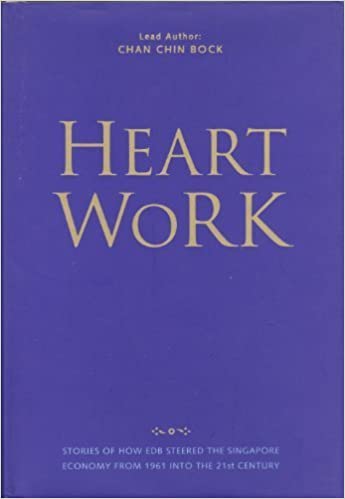
Heart Work: Stories of How EDB Steered the Singapore Economy from 1961 to the 21st Century
The message provides a detailed account of how the Economic Development Board (EDB) played a crucial role in steering the Singapore economy from 1961 to the 21st century.

The Internet and diplomats of the 20th century
The Internet and diplomats of the twenty century: how new information technologies affect the ordinary work of diplomats.
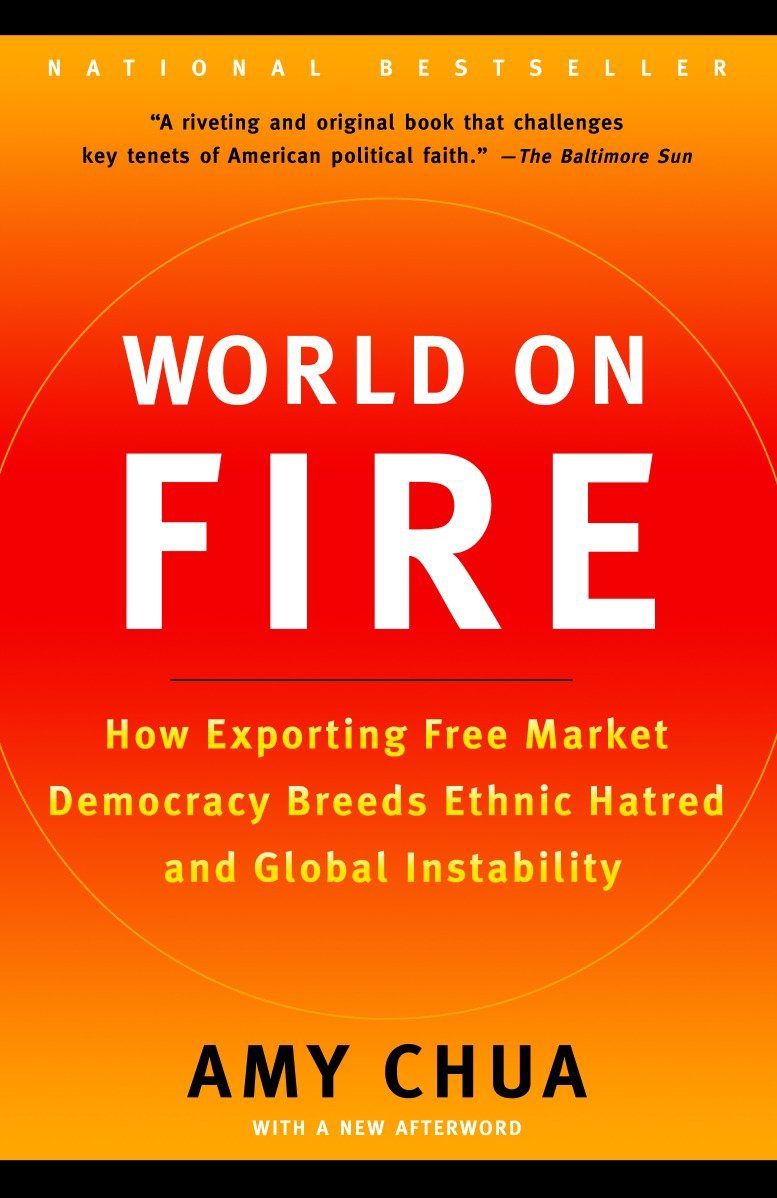
World on Fire: How Exporting Free-Market Democracy Breeds Ethnic Hatred and Global Instability
Markets only function optimally when there is perfect information. Joseph Stiglitz received the Nobel Prize in economics for proving that when there are asymmetries of information markets fail. Information economics, with its better analyses of labour, capital, and product markets, enables the construction of macroeconomic models that provide deeper insights into unemployment, recessions and depressions, and other problems that have marked capitalism since its beginnings.
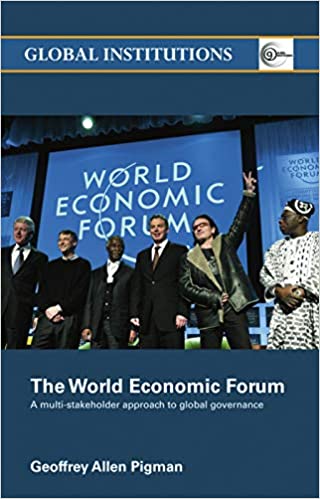
World Economic Forum: A Multi-stakeholder Approach to Global Governance
The World Economic Forum advocates for a multi-stakeholder approach to global governance, emphasizing the importance of collaboration between various sectors to address global challenges effectively. This inclusive method allows for diverse perspectives and expertise to be considered in decision-making processes, fostering innovative solutions and sustainable outcomes for a rapidly changing world.
The security of small nations: Challenges and defences
The 'essentially contested concept' of security is analysed, and some main kinds of ambiguity and dimensions outlined: level, kind of threat and kind of defence. Discourses on security, particularly of small nations, must avoid being trapped into dealing only with one level (national, which in practice normally means state), one kind of threat (military) and one kind of defence (again military). There is no clear relation between kind of alignment and military expenditures, but non-aligned states are overrepresented both among the very high armers and among the very low armers. Increasing gaps...
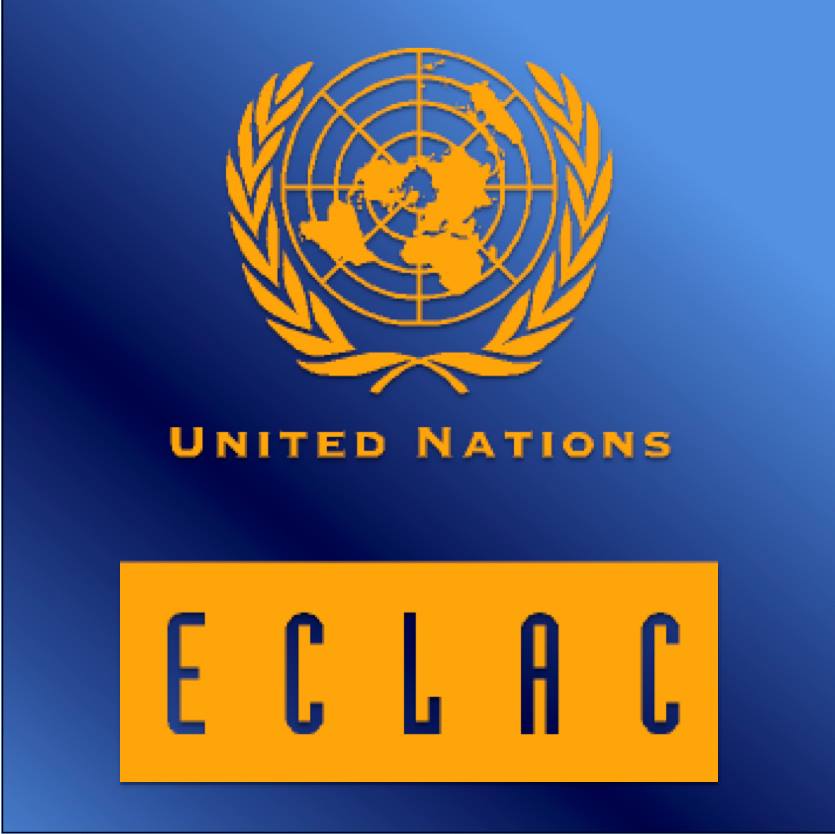
Small Economies in the Face of Globalisation
The text discusses the challenges faced by small economies in the era of globalization, highlighting the need for strategies to navigate and thrive in this interconnected world.
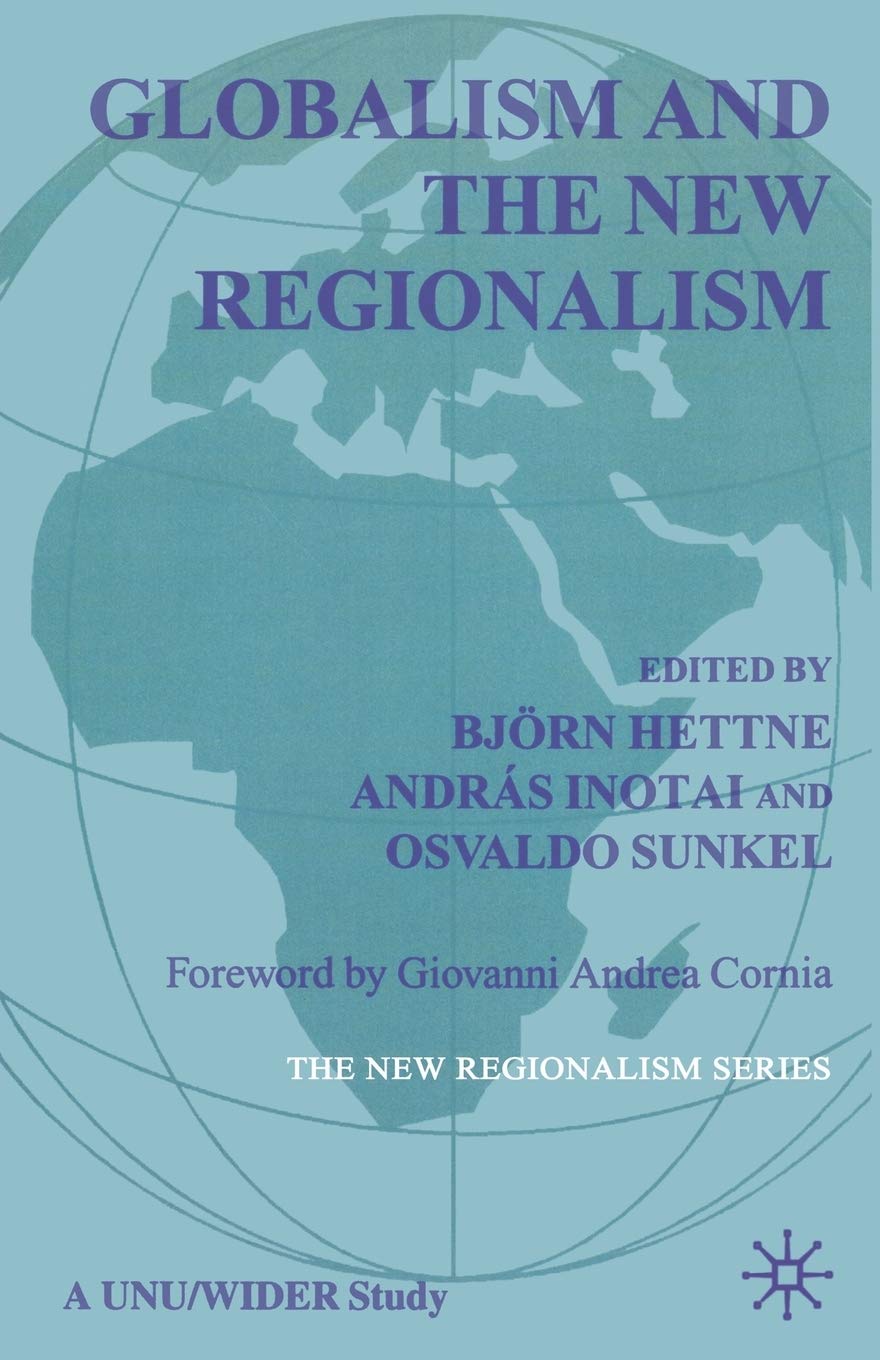
Globalism and the New Regionalism
The text discusses the impact of globalism on the new regionalism trend, emphasizing how regions are increasingly important economically, politically, and culturally in the global landscape. The author explores how global interconnectedness has led to a rise in regional cooperation and integration as a response to globalization, highlighting the various ways in which regions are shaping international relations and global governance.
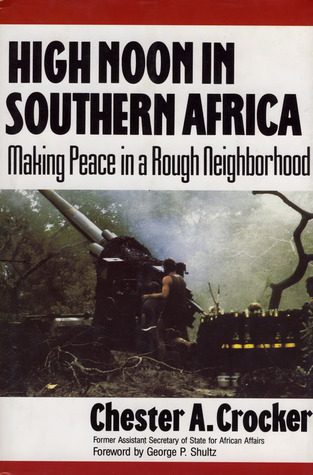
High Noon in Southern Africa: Making Peace in a Rough Neighbourhood
The text is about the challenges of achieving peace in Southern Africa amid regional conflicts and political instability.
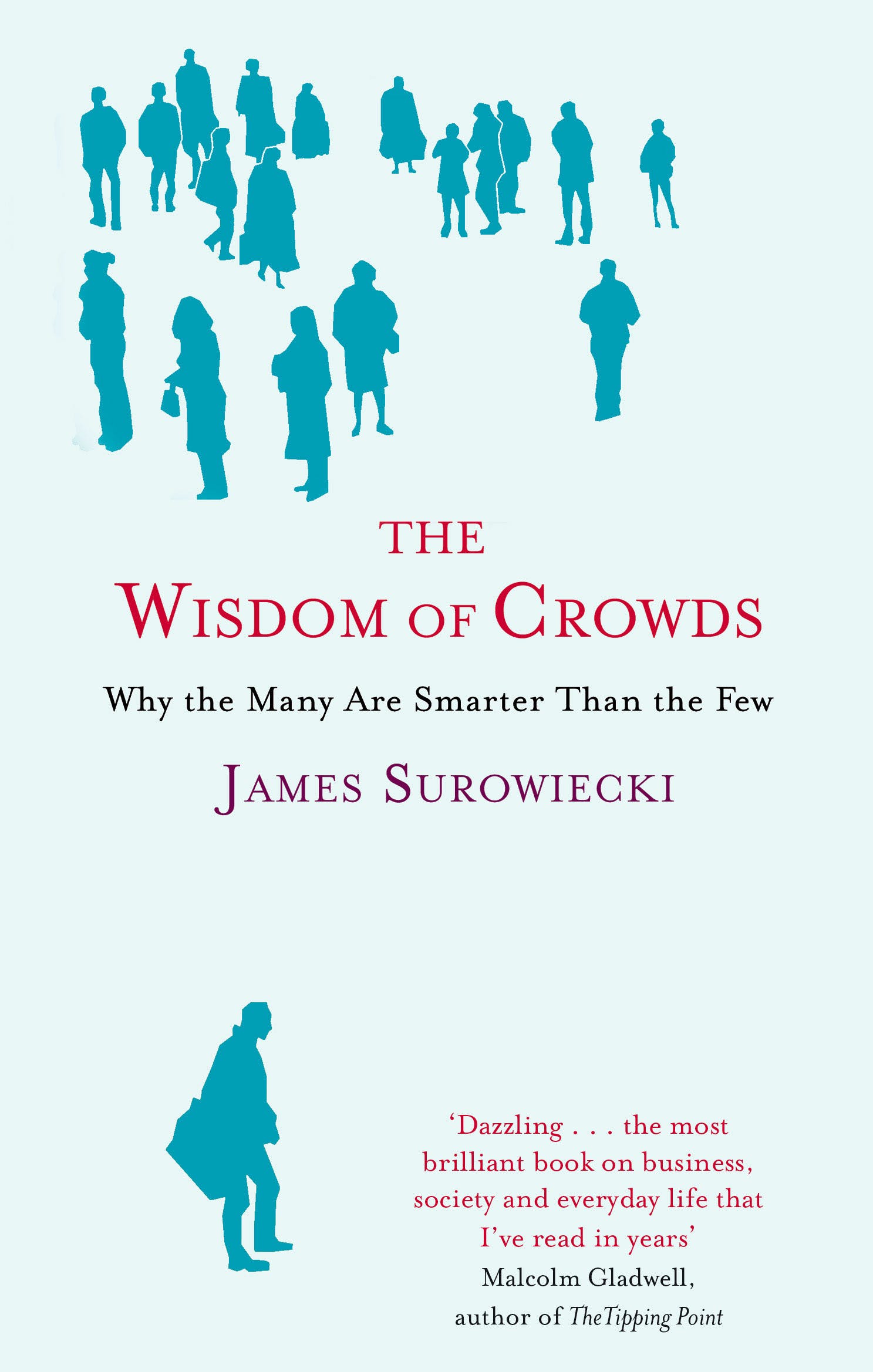
The Wisdom of Crowds: Why the Many are Smarter than the Few
Worldly wisdom teaches that it is better for reputation to fail conventionally than to succeed unconventionally. John Maynard Keynes
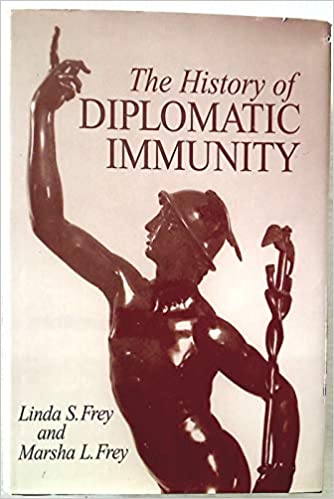
The History of Diplomatic Immunity
A thorough and extensive book on diplomatic immunity covering Western tradition, the Ottoman Empire, and the Far East. It provides a comprehensive historical overview, but its heavy reliance on examples and cases sometimes clouds key ideas. The authors occasionally overemphasize reciprocity's role in diplomatic relations, overlooking other significant factors. The book also paints a bleak picture of late 20th-century diplomacy, neglecting positive aspects like the strengthening of the international system. Despite some flaws, the reviewer recommends it to students.

Understanding AI through national flags
Understanding how AI functions is becoming necessary for everyone, from citizens to societal leaders. Citizens’ basic rights and well-being can be affected by AI. Political and business leaders have to make decisions about AI, sometimes involving delicate trade-offs. AI poses two levels of explainability challenges: one is for technical people to understand how neural networks function, and the other is for the wider population to understand AI and what it is capable of.

DiploDialogue – Metaphors for Diplomats
On Diplo’s blog, in Diplo’s classrooms, and at Diplo’s events, dialogues stretch over a series of entries, comments, and exchanges and may even linger. DiploDialogue summarises. It’s like in sports events: DiploDialogue aims to bring focus by deleting what, in hindsight, is less relevant. In this first DiploDialogue, Katharina Höne and Aldo Matteucci discuss the usefulness of analogies and metaphors for understanding international relations and diplomacy.
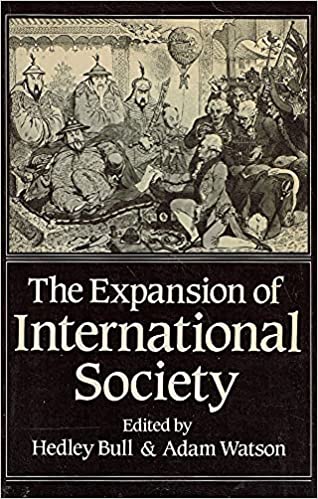
The Expansion of International Society
The text discusses the expansion of international society, highlighting the growth and interconnectedness of nations, cultures, and people globally. It emphasizes the importance of understanding and embracing diversity in order to foster cooperation and mutual respect on a global scale.
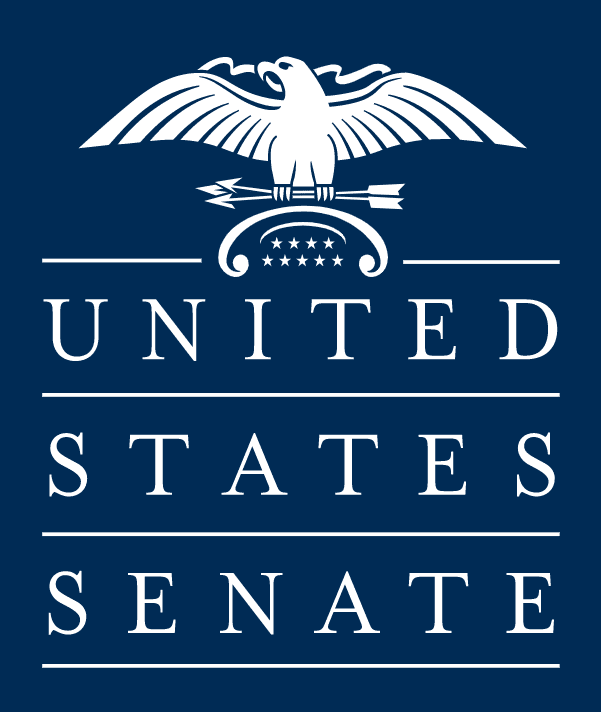
Embassies as Command Posts in Anti-Terror Campaign
The use of embassies as command posts in the fight against terrorism is crucial for coordinating efforts and sharing intelligence across borders. Ambassadors play a key role in gathering and disseminating information to help prevent and counter terrorist attacks. This strategy enhances international collaboration, strengthens security measures, and improves the effectiveness of counterterrorism initiatives. By utilizing embassies as command posts, countries can work together more efficiently to combat the global threat of terrorism.
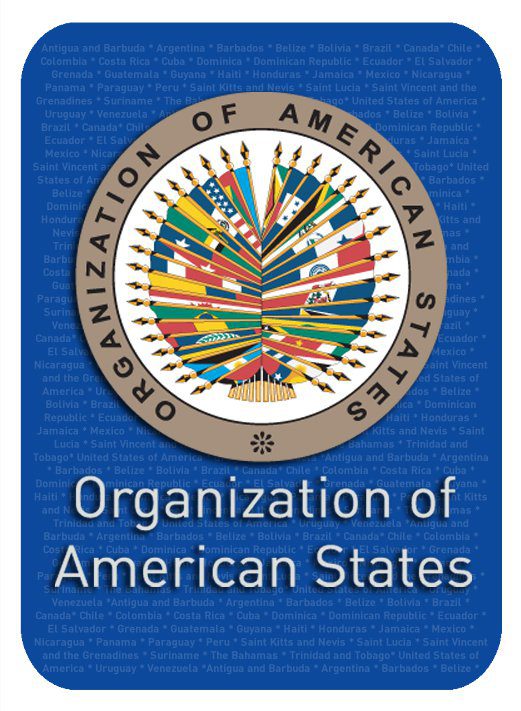
Convention on Diplomatic Officers
The message will detail about the Convention on Diplomatic Officers.

Tech Diplomacy: Actors, Trends, and Controversies
In today’s world, tech diplomacy bridges governments and tech companies, focusing on governance, policy, and cooperation in digital technologies and AI. This publication examines its definition, relevance, key actors, methods, and global hubs. It builds on prior reports and highlights Denmark’s pioneering efforts in establishing a dedicated tech diplomacy policy.

The Forgotten French
The text discusses the impact and significance of French immigrants on American history and culture, highlighting their contributions and accomplishments that are often overlooked or forgotten.

Palestinian statehood diplomacy: The Palestinian UN bids of 2011-2012
The Palestinian Authority (PA) launched an intense diplomatic campaign to garner a supporting vote in the United Nations General Assembly (UNGA), which was finally realized in 2012 by an upgrade to a 'non member observer state', granting Palestine a set of new privileges. It represents a victory for Palestinian diplomacy and presents a model of statehood diplomacy that received support as much as criticism. It stirred discussions about statehood and state recognition, and exposed the limited success of international interventions in post-conflict state building efforts.

Public diplomacy in Croatia: Sharing NATO and EU values with domestic publics
The importance of public diplomacy in Croatia is highlighted, emphasizing the role of sharing NATO and EU values with domestic audiences to foster understanding and support.

Regional water cooperation in the Arab – Israeli Conflict: A case study of the West Bank
The conflict between Israel and Arab countries, with several devastating wars, is about territory and land, and maybe just as crucially on the water that flows through that land. This dissertation, an analysis of the management of water in the West Bank, as a case study, seeks to underline the possibility of using soft power diplomacy, in addition to mediation and water cooperation, for a more collaborative kind of approach to the conflict.
About E-participation
This one-page document aims to explain the origins and needs of the usage of ICT in global participation, as well as to mention some good practices and potential for the future.
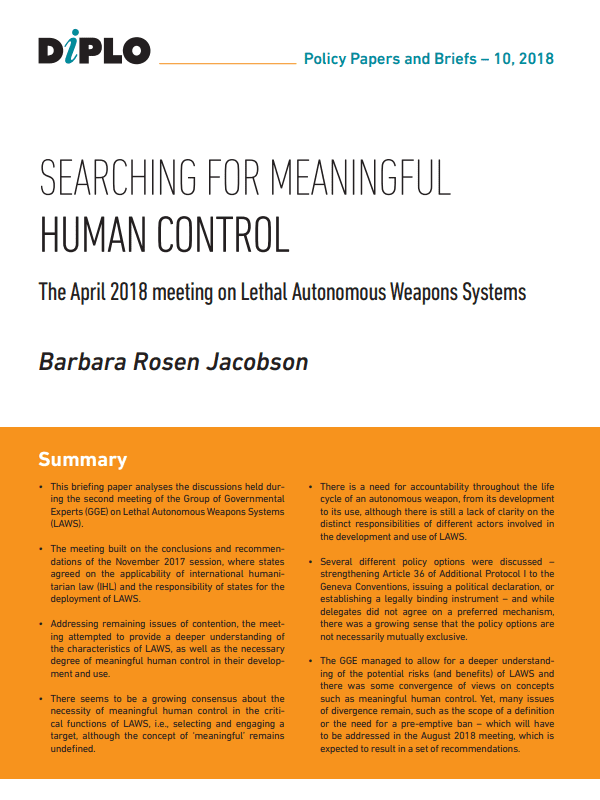
Searching for Meaningful Human Control. The April 2018 Meeting on Lethal Autonomous Weapons Systems (Briefing Paper #10)
In this briefing paper, Ms Barbara Rosen Jacobson analyses the debate of the April 2018 meeting of the Group of Governmental Experts (GGE) of the Convention on Certain Conventional Weapons (CCW). The group was established to discuss emerging technologies in the area of lethal autonomous weapons systems (LAWS).

The Argentine seizure of the Malvinas [Falkland] Islands: History and Diplomacy
The Argentine seizure of the Malvinas [Falkland] Islands is a historical event that involves complex diplomatic implications.
The Global Health System: Actors, Norms, and Expectations in Transition
The global health system is undergoing significant changes as various actors, norms, and expectations are in transition.

Conflict resolution and peace building (disseration by Unisa Sahid Kamara)
Unisa Kamara's dissertation seeks to give an account of the Sierra Leone conflict and the different measures and strategies including diplomatic attempts and efforts that were employed by various parties in trying to secure a peaceful and durable solution to it. The paper discusses the peace building measures and activities that were employed in sustaining the Sierra Leone peace process after the attainment of a negotiated settlement.
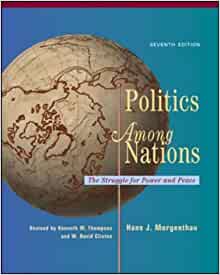
Politics Among Nations
The text "Politics Among Nations" discusses the nature of international relations, emphasizing the importance of power and national interests in shaping diplomatic interactions. It explores the role of diplomacy and military endeavors in maintaining stability and resolving conflicts on a global scale. "Politics Among Nations" delves into the complexities of state behavior and strategic decision-making within the framework of the international system.
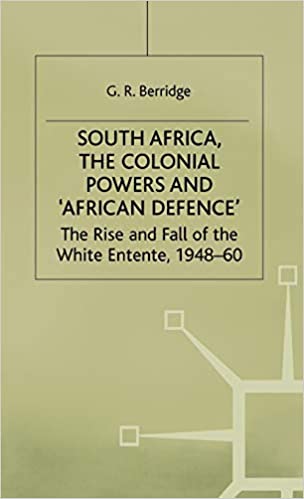
South Africa, the Colonial Powers and ‘African Defence’: The rise and fall of the white entente, 1948-60
This book describes the fate of South Africa's drive, which began in 1949, to associate itself with Britain, France, Portugal and Belgium in an African Defence Pact. It describes how South Africa had to settle for an entente rather than an alliance, and how even this had been greatly emasculated by 1960. In light of this case, the book considers the argument that ententes have the advantages of alliances without their disadvantages, and concludes that this is exaggerated.

Propaganda in International Politics
The text examines the role and impact of propaganda in shaping international politics, exploring its use as a tool for influencing public opinion and advancing political agendas on the global stage.
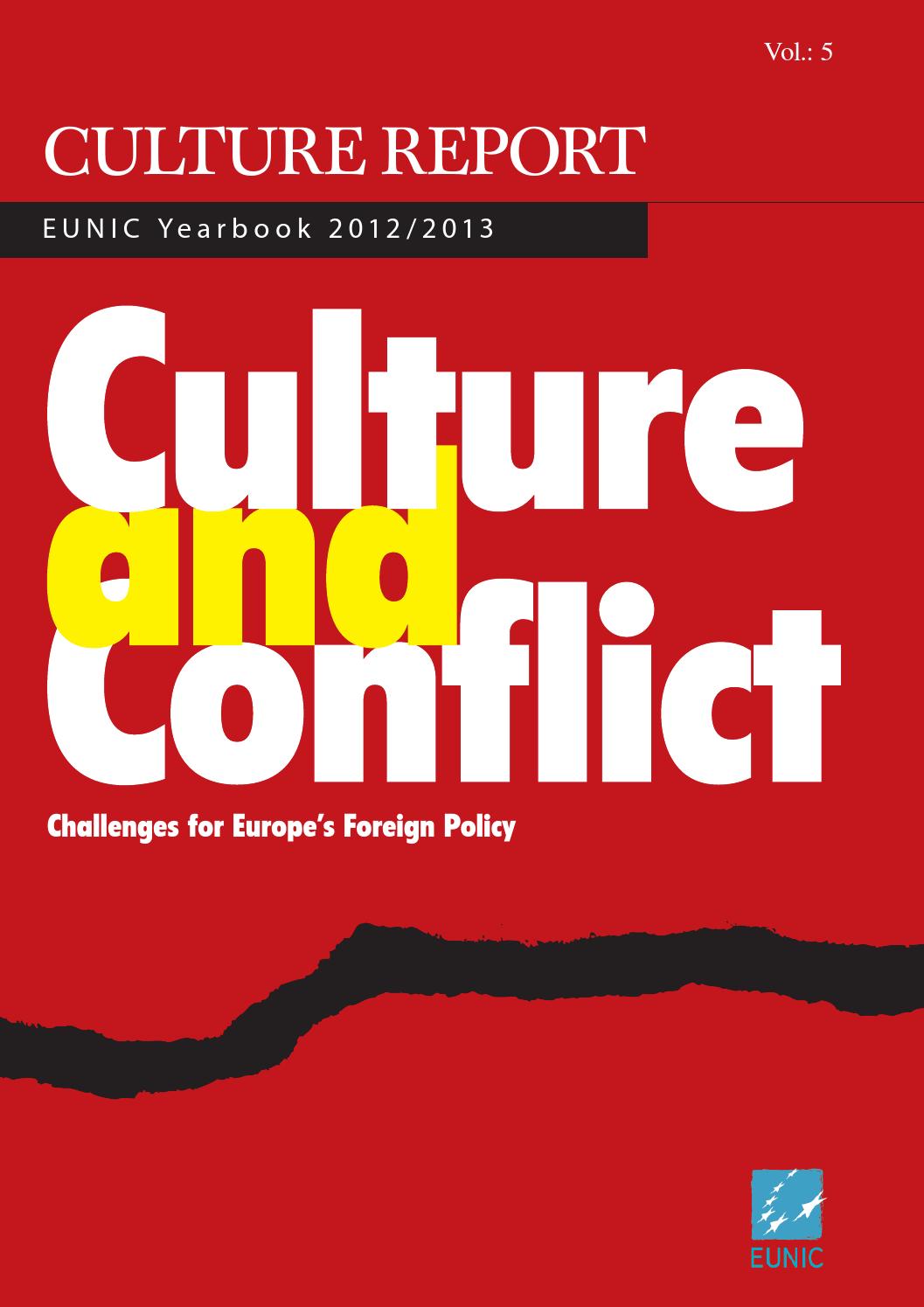
Culture and Conflict: Challenges for Europe’s Foreign Policy
The text discusses the challenges that Europe's foreign policy faces due to cultural differences and conflicts.
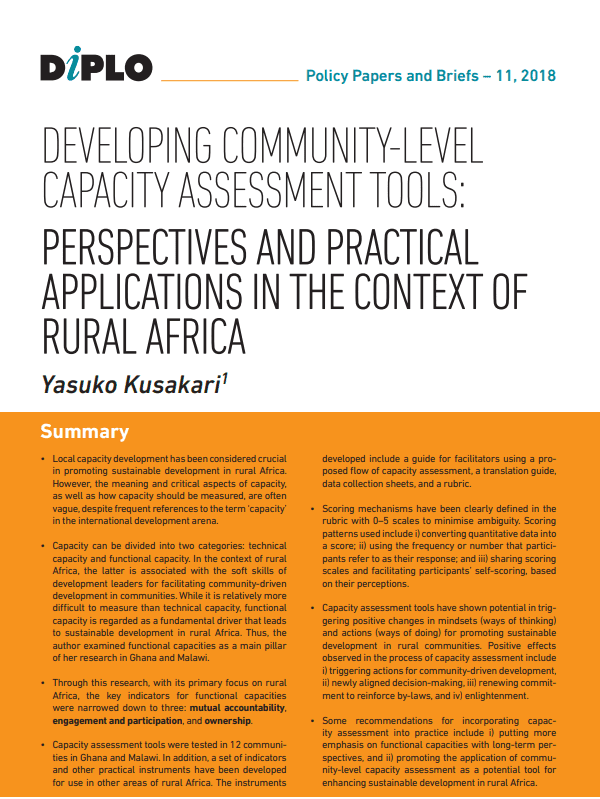
Developing Community-level Capacity Assessment Tools: Perspectives and Practical Applications in the Context of Rural Africa (Briefing Paper #11)
The message provides an overview of developing community-level capacity assessment tools relevant to rural Africa to improve local development strategies.
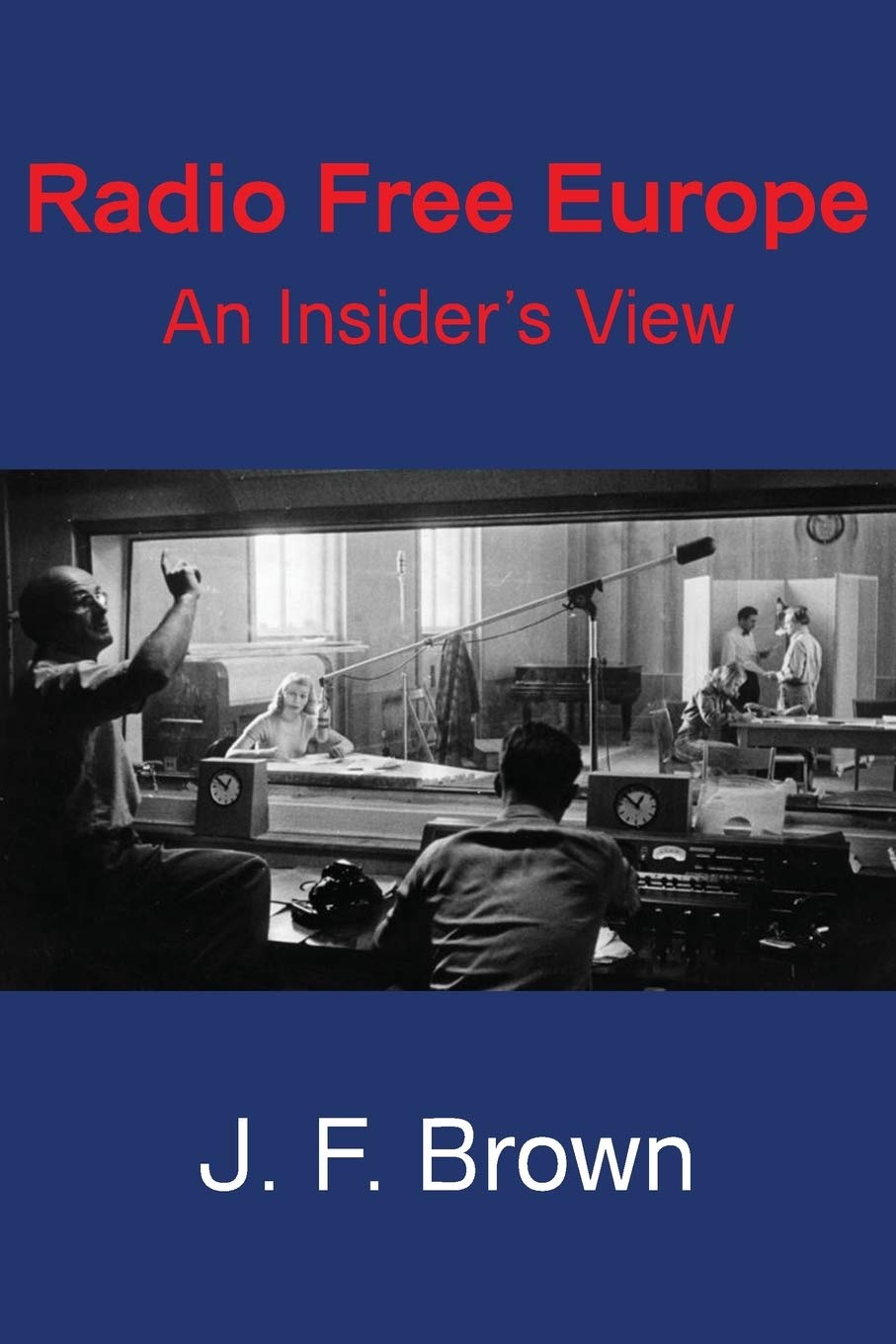
Radio Free Europe: An insider’s view
James F. Brown, who held joint British-American citizenship and died in 2009, spent 27 years at the Munich home of Radio Free Europe (RFE), rising to the post of director in 1978. However, uncomfortable with the aggressive tone he was under pressure to adopt from ultra-conservatives in the Reagan administration, a tone he believed signalled a return to the bad old days of the radio preceding the Hungarian uprising in 1956, five years later he resigned and took up instead a university teaching career.
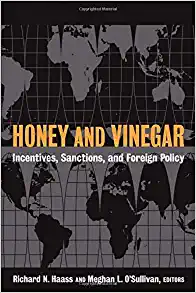
Honey & Vinegar: Incentives, Sanctions & Foreign Policy
Buttressed by input from scholars, diplomats, and observers with an intimate knowledge of U.S. foreign policy, Honey and Vinegar examines "engagement"—strategies that primarily involve the use of positive incentives.
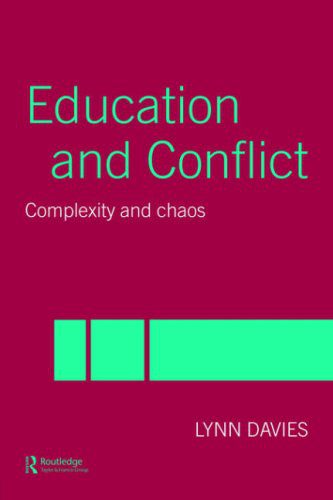
Education and Conflict: Complexity and Chaos
The relationship between education and conflict is intricate and tumultuous. Factors such as historical influence, societal norms, and educational policies all contribute to this complex dynamic. Conflicts can disrupt education systems and vice versa, leading to a chaotic environment where the role of education in promoting peace and reconciliation becomes crucial. Understanding this complexity is essential for addressing conflicts and creating sustainable peace-building efforts.
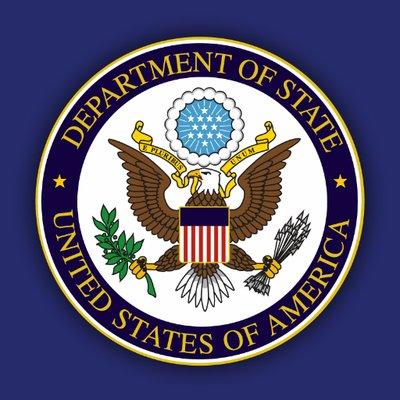
Diplomacy Before and After Conflict
The importance of diplomacy in preventing conflicts is highlighted in this text. Diplomatic efforts both before and after conflicts are crucial for resolving disputes peacefully. Diplomacy plays a key role in preventing escalation of tensions, promoting understanding, and finding mutually acceptable solutions. It emphasizes the need for respectful communication, negotiation, and compromise to maintain peace and stability in the international arena. Diplomatic channels must be utilized effectively to address grievances, build trust, and foster cooperation among nations. Diplomacy is a vital too...

The role of the new media in the electioneering process of developing nations, a case study of Nigeria 2015
Abstract: This dissertation examined the roles new media technologies play in the electioneering process of developing nations. The chosen case study was the Nigeria 2015 presidential elections. For this study, the electioneering period was accepted to commence with from the campaign period and to conclude a year after swearing in. This allowed for the study of critical milestones of the electoral cycle.

An African Analysis of the War in Iraq
English translation of the book published in French under title: Une lecture Africaine de la guerre en Irak.
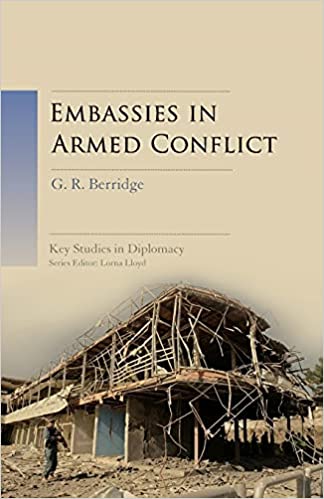
Embassies in Armed Conflict
Apologies for the oversight, please provide the content that you would like summarized.

The impact of cultural diversity on multilateral diplomacy and relations
Basic concepts mean different things in different cultures. In multilateral relations this means that looking at such a concept is always culturally biased. As a result, an interpretation according to one culture also tends to criticise different interpretations according to other cultures. This paper discusses how important it is that diplomats and politicians pay attention to and accept the fact of cultural diversity. If they do, they will understand the underlying causes of many conflicting attitudes and they may become more inclined to seek compromise and consensual approaches rather than ...
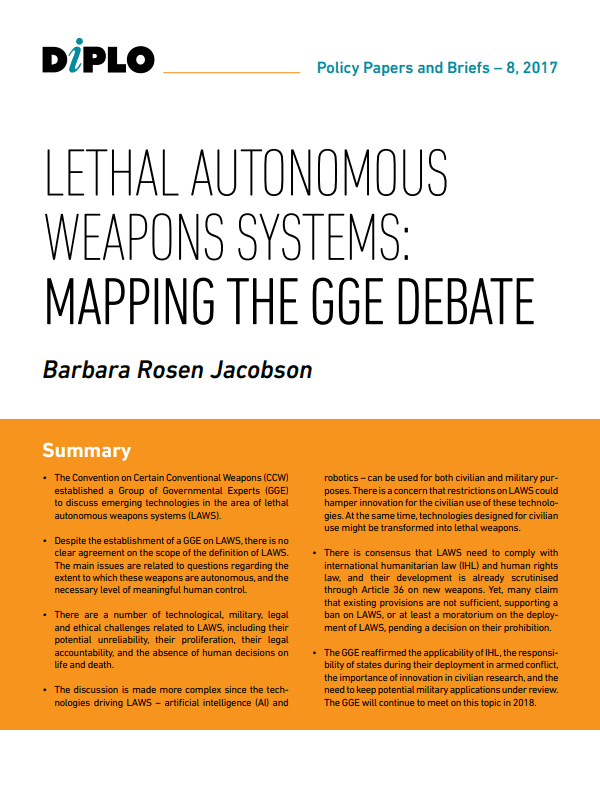
Lethal Autonomous Weapons Systems: Mapping the GGE Debate (Briefing Paper #8)
The paper discusses the ongoing debate in the Group of Governmental Experts (GGE) on Lethal Autonomous Weapons Systems (LAWS) and the varying perspectives on the need for regulation and control of these weapons.
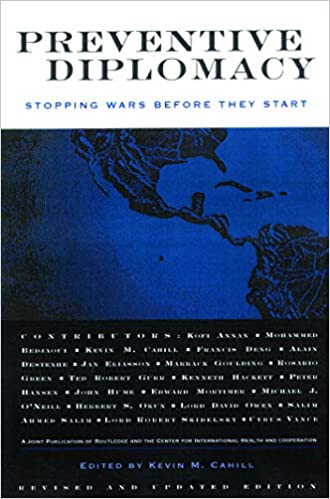
Preventive Diplomacy: Stopping Wars Before they Start
The text discusses the concept of preventive diplomacy as a proactive approach to preventing wars before they begin.
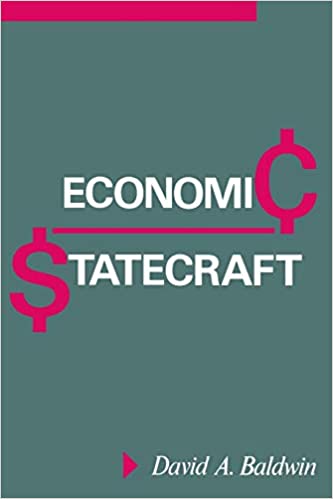
Economic Statecraft
The text is about economic statecraft.
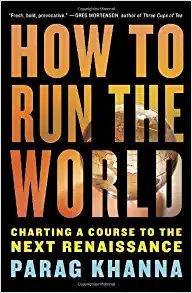
How to Run the World: Charting a Course to the Next Renaissance
The book "How to Run the World: Charting a Course to the Next Renaissance" presents a blueprint for solving global problems by leveraging networks of individuals and organizations. It explores the potential for a new era of collaboration and innovation to address pressing issues on a global scale, highlighting the power of interconnectedness and collective action in shaping a better future for all.
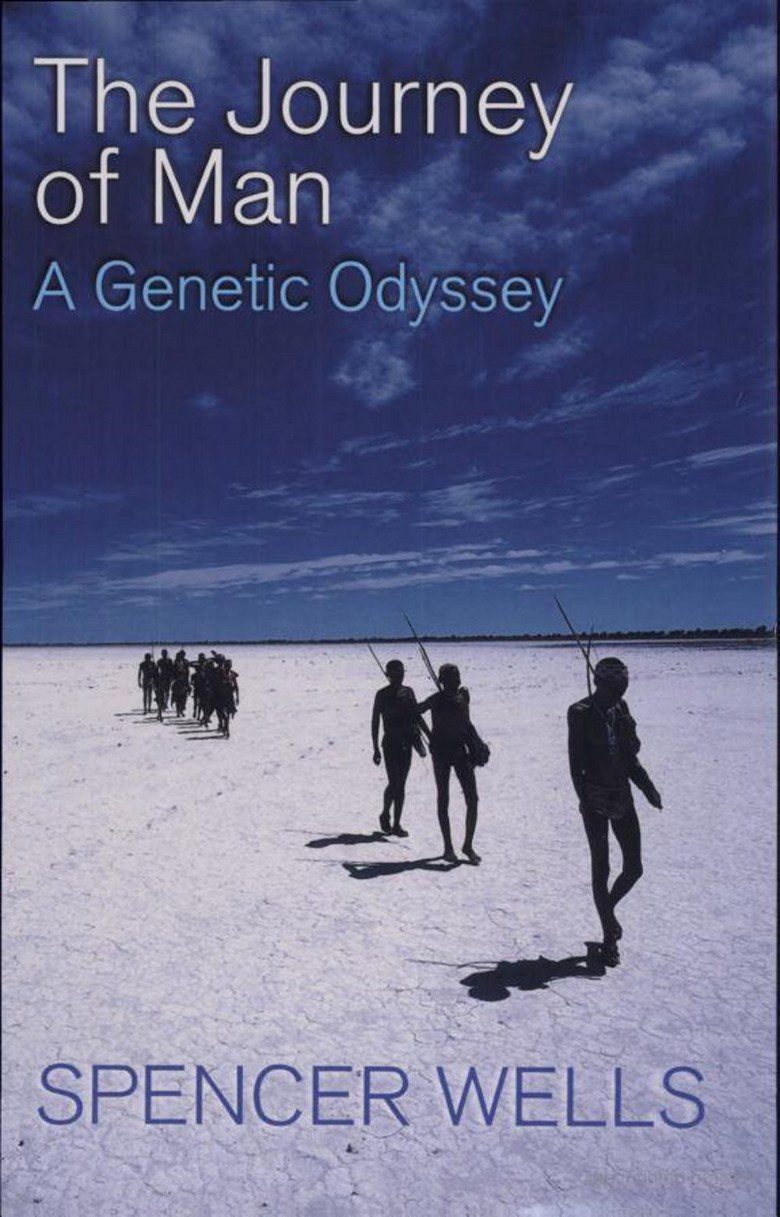
The Journey of Man: A Genetic Odyssey
If God ever gave mankind a mission – it was not so much to multiply as to walk. And walk we did, to the farthest corners of the earth. Homo sapiens sapiens is the only mammal to have spread from its place of origin, Africa, to every other continent – before settling down to sedentary life ogling a TV screen or monitor, that is.

Diplomacy on a south-south dimension
Building international diplomacy requires understanding ourselves, others, and how we relate together. It also involves understanding how others relate among themselves. In efforts to internationalise and build a truly global future, the consideration of contacts among all parts of the world becomes critical. The sustained diplomatic cooperation that has taken place in the last 50 years between China and African nations is an instructive example. This major phenomenon is the focus of this paper.

South Africa
In R. Allison and P. Williams (eds), Superpower Competition and Crisis Prevention in the Third World (Cambridge UP, 1989), pp. 206-16.
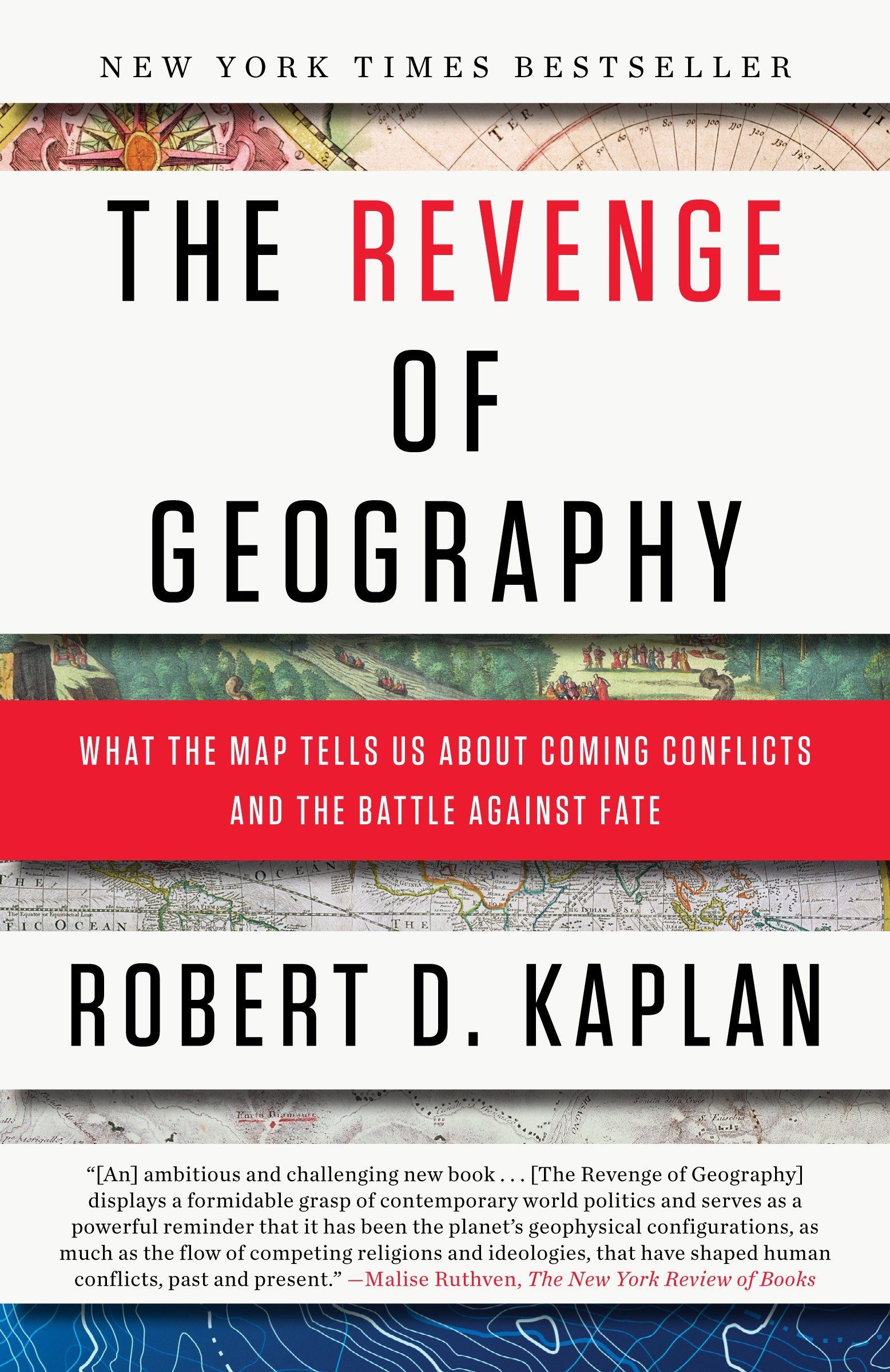
The Revenge of Geography: What the Map Tells Us About Coming Conflicts and the Battle Against Fate
The Revenge of Geography discusses how the physical and political landscapes influence global conflicts and shape our destinies.
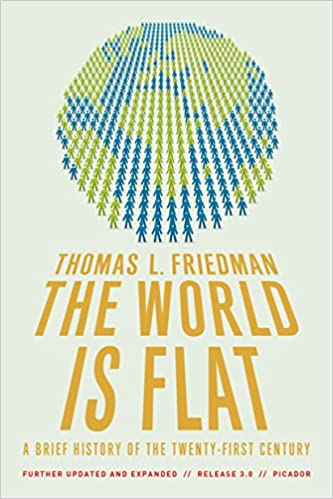
The World Is Flat 3.0: A Brief History of the Twenty-first Century
One mark of a great book is that it makes you see things in a new way, and Mr. Friedman certainly succeeds in that goal," the Nobel laureate Joseph E. Stiglitz wrote in The New York Times reviewing The World Is Flat in 2005. In this new edition, Thomas L. Friedman includes fresh stories and insights to help us understand the flattening of the world. Weaving new information into his overall thesis, and answering the questions he has been most frequently asked by parents across the country, this third edition also includes two new chapters--on how to be a political activist and social entreprene...
Track 2 diplomacy and Pakistan
Track 2 diplomacy refers to unofficial interactions involving non-governmental actors to facilitate communication and conflict resolution. In the context of Pakistan, such diplomacy can help bridge gaps between governments, promote understanding, and contribute to peaceful resolutions of issues.

Evaluation of the status of the e-government in Comoros
Comoros has an e-government development index (EGDI) of 0.2327*, with a country online presence estimated at 286. This study evaluates the country online presence by counting the governmental web sites, commenting on the figures published compared to the online availability of governmental information, and examining the interaction with citizens.
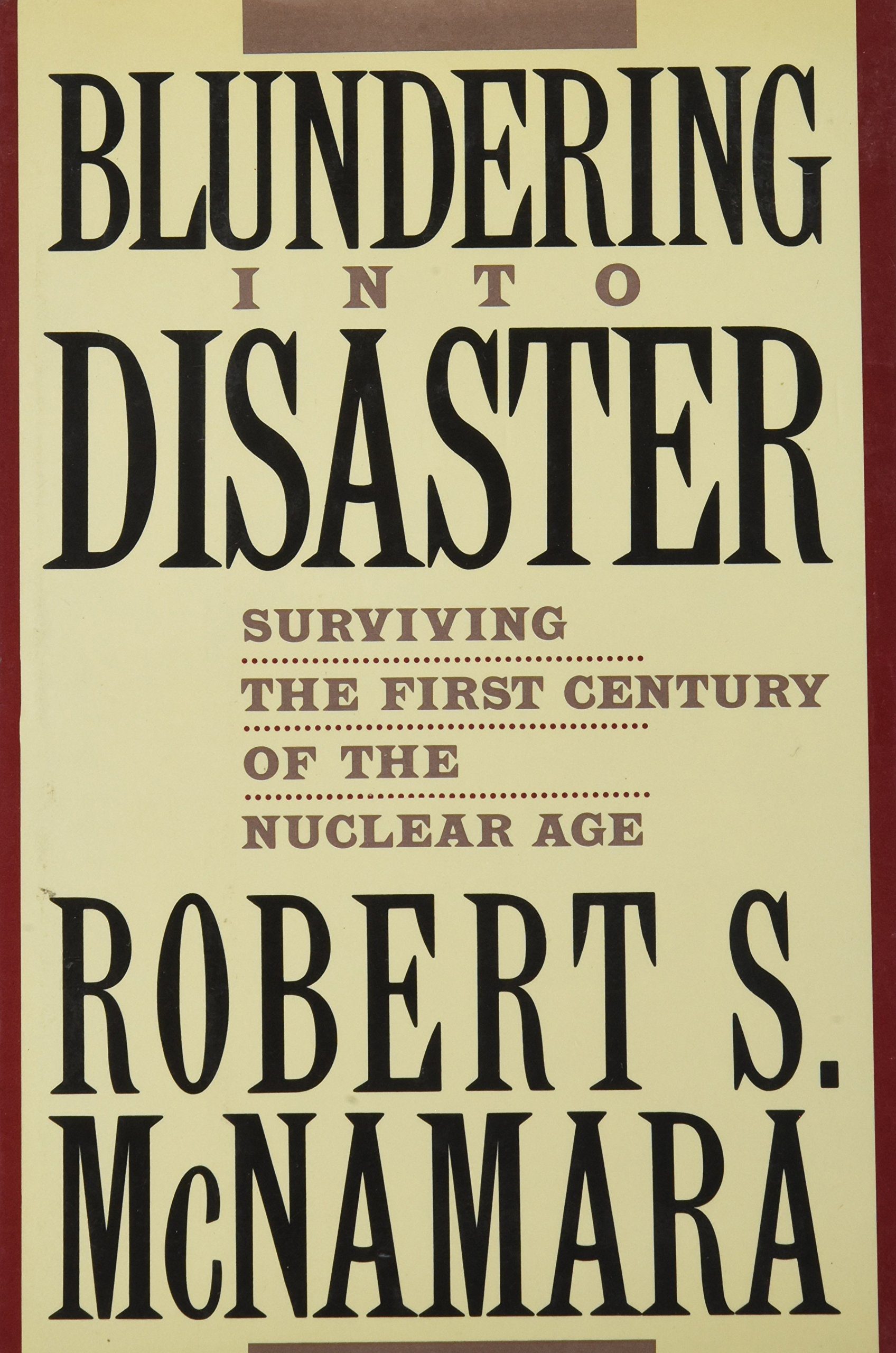
Blundering Into Disaster: Surviving the First Century of the Nuclear Age
Blundering Into Disaster: Surviving the First Century of the Nuclear Age" discusses the history of nuclear weapons, their impact on global politics, and the potential threats they pose to humanity. The book explores past nuclear incidents and the dangers of accidental nuclear conflict, emphasizing the need for responsible decision-making to prevent catastrophic outcomes.
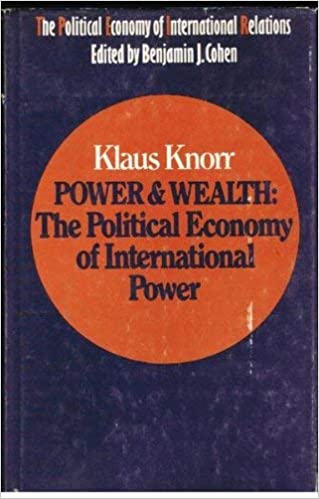
Power and Wealth: The Political Economy of International Power
The text discusses the relationship between power and wealth in the political economy of international power.

Internet governance and service provision in Zimbabwe
From an Internet governance perspective, multilingualism and security have been two of the cornerstone themes since its inception. The security theme addresses topics regarding the Domain Names System (DNS), Public Key Infrastructure (PKI), Internet attacks, security awareness, and policies and legal measures to ensure a safe and secure Internet experience. Security is a very diverse area where multiple topics should be tackled, and ignoring one or more topics while securing other areas would still jeopardise the safety of Internet users.
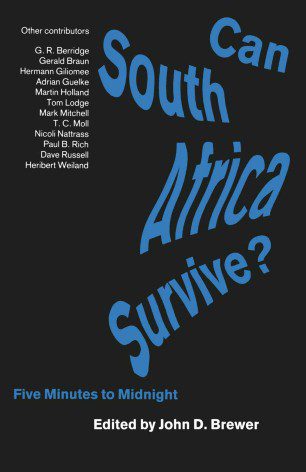
The role of the super powers
In John D. Brewer (ed.), Can South Africa Survive? (Macmillan, London, 1989), pp. 9-34.
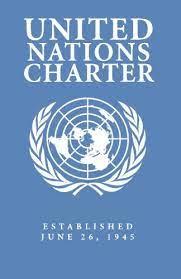
United Nations Charter
The United Nations Charter was signed in 1945, codifying international laws and promoting peace, human rights, and social progress. It prohibits the use of force in international relations and aims to maintain peace through cooperation and respect for international law.

The Positive Branding of Islam: A Case Study of Islamic Countries, their Public Diplomacy Efforts and Effectiveness
Abstract: This thesis examines if any attempts are made by the Muslim world to address the current negative image of Islam using public diplomacy (PD) and if these efforts are effective and successful. It is the aim of this research to show that the correct use of PD can result in a positive improvement of the image of Islam.

UN conferences on the spot – voices from civil society
In the fourth chapter of the book, Britta Sadou, focuses on non-governmental organisations (NGOs). Sadou introduces this particular group as civil society actors and continues by discussing possibilities provided to NGOs by various UN summits. The author highlights some of the main world conferences during the 1990s and early 2000s and poses two important questions - Has the time of those huge events come to an end? What could be the alternatives?
Definition of Aggression | United Nations General Assembly Resolution 3314
The United Nations General Assembly Resolution 3314 (XXIX) establishes a Definition of Aggression for the purpose of maintaining international peace and security. It outlines acts that qualify as aggression, condemns war of aggression as a crime against international peace, and emphasizes that no justification can validate aggression. The resolution aims to deter potential aggressors, simplify identifying aggression, and protect the rights of victims.

Governance Challenges in Global Health
Global health is at the threshold of a new era. Few times in history has the world faced challenges as complex as those now posed by a trio of threats: first, the unfinished agenda of infections, undernutrition, and reproductive health problems; second, the rising global burden of noncommunicable diseases and their associated risk factors, such as smoking and obesity; and third, the challenges arising from globalization itself, such as the health effects of climate change and trade policies, which demand engagement outside the traditional health sector.1 These threats are evolving within a...
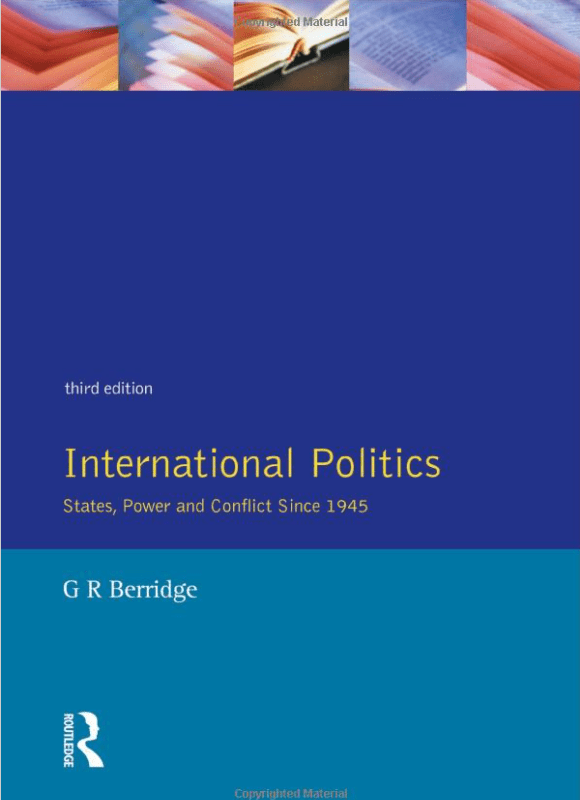
International Politics: States, Power and Conflict since 1945, Third Edition
This textbook is designed to support a general undergraduate course on International Relations. It is based on the second year course which I taught at the University of Leicester in the late 1970s and 1980s. The book was first published in 1987 and was brought out in a second, fully revised edition in 1992. The third edition was published by Prentice-Hall/Harvester Wheatsheaf in paperback in 1997 and is now available in a Pearson Education ‘Print on Demand’ edition (ISBN 0-13-230327-2).
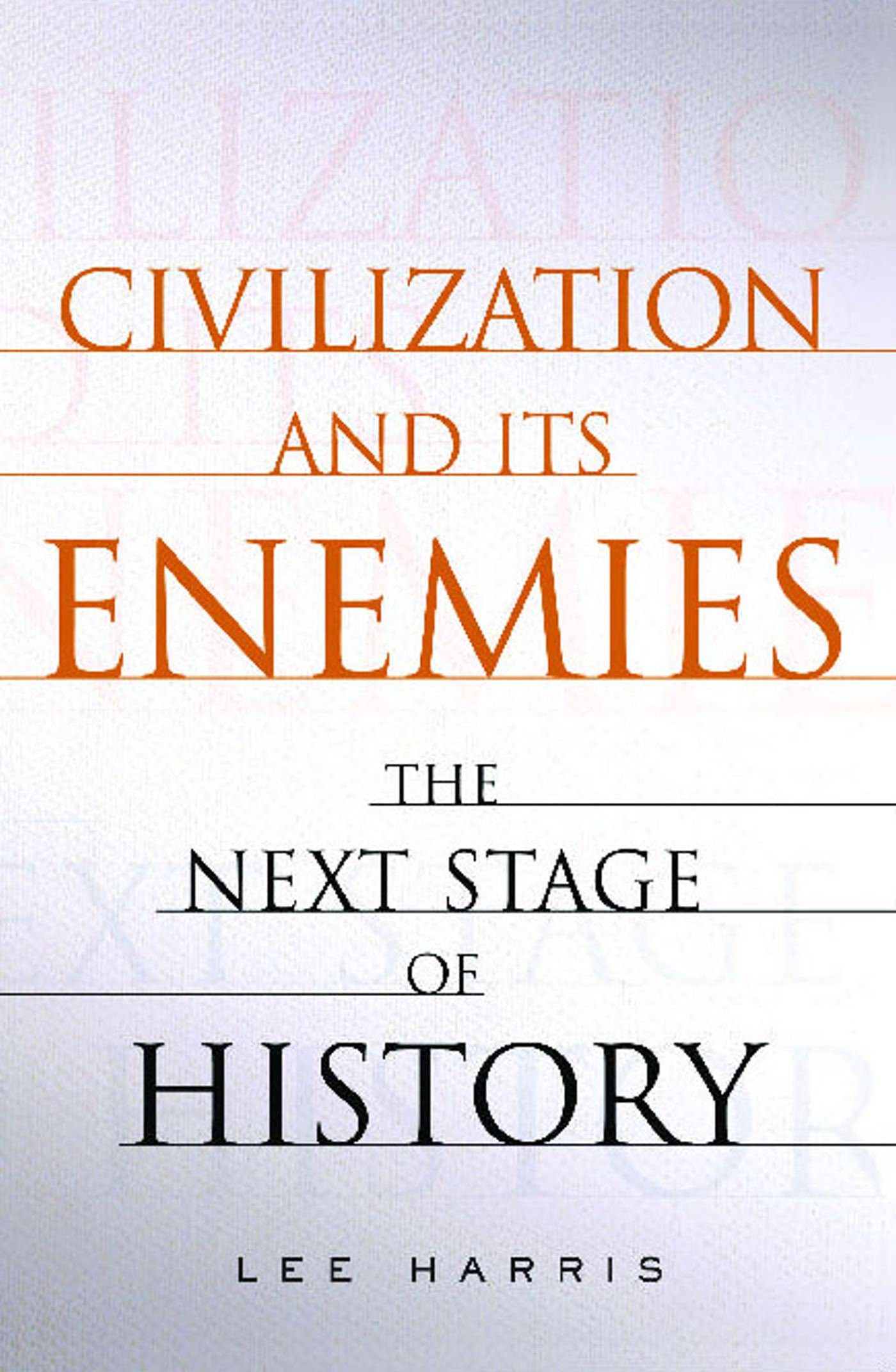
Civilisation and its Enemies: The Next Stage of History
Lee Harris is not an academic – his name would hardly be quoted in obscure learned journals. In the aftermath of 9/11 he has written this book in an attempt to articulate and argue a position that justifies (both retaliatory and precautionary) military intervention while rejecting racism or fundamentalism. A ‘loner’ who shares many ideas with the Straussian school (but without the latter’s undertone of righteous victim), Harris may be giving voice to the worldview underpinning much current U.S. action in international political affairs. He is worth engaging.

Adoption and adaptation of e-health systems for developing nations: The case of Botswana (Research by Benson Ncube)
This paper seeks appropriate solutions to improve the access and capability of the health delivery systems in Botswana. The research reveals that many countries are now using information-based services to assist in the administration and delivery of medical services via telecommunication infrastructures.
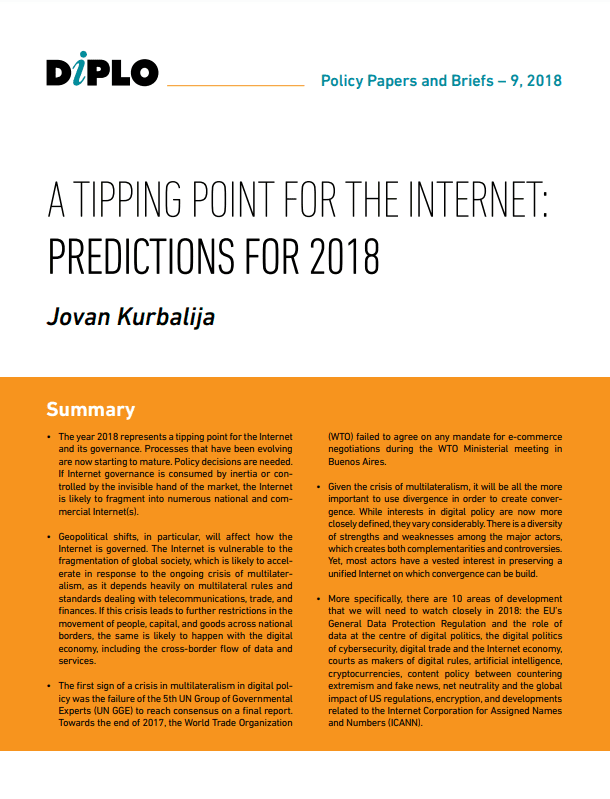
A Tipping Point for the Internet: Predictions for 2018 (Briefing Paper #9)
The briefing paper discusses various predictions for the internet in 2018, focusing on key trends and developments that will shape the digital landscape. Key areas include the rising importance of cybersecurity, the impact of artificial intelligence on online platforms, growing concerns over data privacy, increased regulation of tech giants, and the potential for blockchain technology to revolutionize various industries. These trends are expected to drive significant changes in how we use and interact with the internet in the coming year.

Meeting the needs of microstate security
This article examines the pressing security concerns of microstates, particularly against the backdrop of recurring themes of vulnerability in the literature. It reviews those arguments in the early years of decolonization which expressed scepticism about the prospects for independence in such very small dependencies given their lack of defensive capacity and the geopolitical risks which they face in a potentially dangerous external milieu. The article argues that these doubts and concerns have not been realised in the actual experience of microstates particularly in terms of conventional thre...
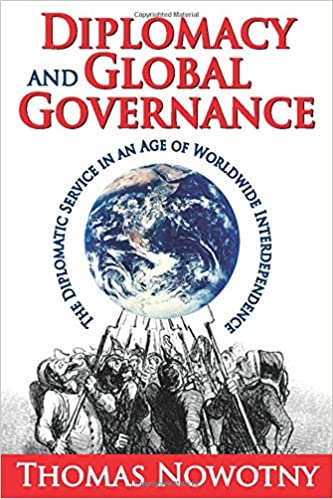
Diplomacy and Global Governance: The Diplomatic Service in an Age of Worldwide Interdependence
The text discusses the role of the diplomatic service in a time of global interdependence. Diplomacy plays a crucial role in ensuring cooperation and effective governance on a global scale, emphasizing the need for diplomatic efforts in maintaining peace and fostering international relations.
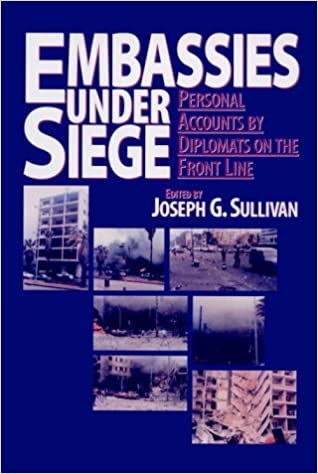
Embassies under Siege
The article discusses recent attacks on embassies around the world, highlighting the increasing frequency of such incidents and the challenges faced by diplomats in maintaining security. Diplomatic missions have become targets for various groups due to political tensions and conflicts, putting staff and facilities at risk. Governments are working to enhance security measures and protect their embassies in response to these threats.
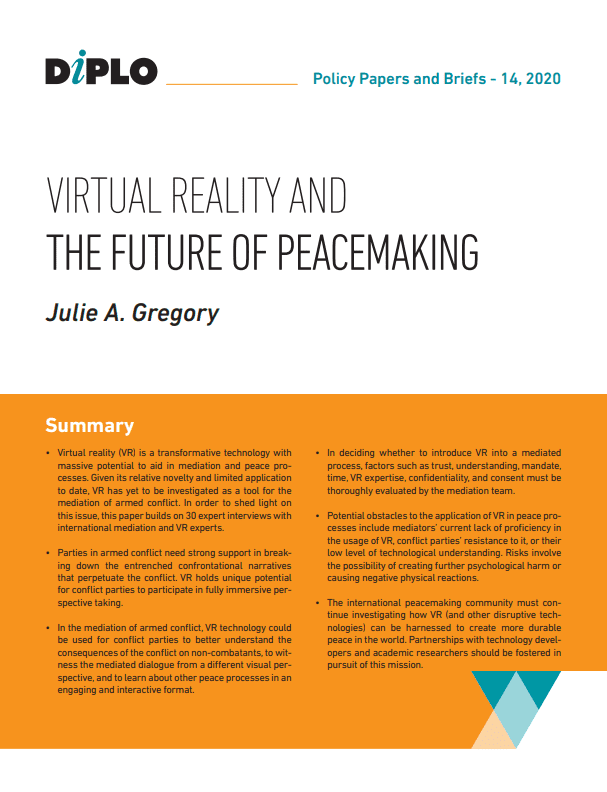
Virtual Reality and the Future of Peacemaking (Briefing Paper #14)
The briefing paper discusses the potential of virtual reality in fostering peacebuilding efforts worldwide. Through VR technology, individuals can develop empathy, understand different perspectives, and communicate effectively, facilitating conflict resolution. VR applications can simulate real-life scenarios, promote dialogue, and reduce prejudice by experiencing situations from another's point of view. This innovative approach has the potential to enhance peacebuilding initiatives and create a more connected and understanding global community.
Will WikiLeaks Hobble U.S. Diplomacy?
The message relates to the potential impact of WikiLeaks on U.S. diplomacy.

The Breaking of Nations
Robert Cooper is Director-General of External and Politico-Military Affairs for the Council of the EU and thus a man steeped in world affairs. Though he makes no claim to establishing a ‘theory’ of how nations grow and decay, he has presented in this slim volume a rigorous typology of today’s nations. His thoughts are worth setting out in some detail.

The Search for Peace
The text discusses the importance of seeking peace within oneself and in the world around us. It emphasizes the impact of personal inner peace on creating a harmonious environment globally. The text suggests that by finding peace within ourselves, we can contribute to fostering peace on a larger scale.
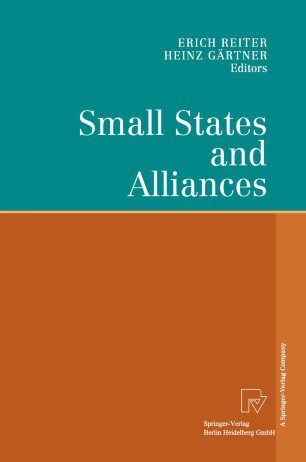
Small States and Alliances
The article discusses the challenges small states face in forming alliances to enhance their security and influence on the global stage. It explores the strategies small states can employ to navigate power dynamics and build effective alliances with other countries. Additionally, the importance of leveraging both hard and soft power resources in alliances is highlighted as a key factor in small states' success in international relations.

Cybersecurity in the Republic of Fiji
This paper discusses cybersecurity in Fiji and offers recommendations to challenges such as the vulnerability of systems due to lack of a cybersecurity framework. The poorly framed laws and lack of appropriate policies.

The United Nations and Israel
This dissertation studies the relationship between the United Nations and Israel. Similar to most relationships, the one under review keeps evolving due to changing internal realities and emerging external factors.
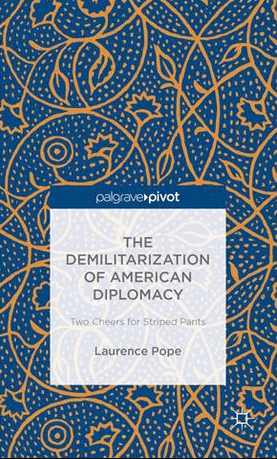
The Demilitarization of American Diplomacy: Two cheers for striped pants
The trenchant contribution to this subject of the outstanding American scholar-diplomat Laurence Pope is published in Palgrave’s ‘Pivot’ series of short books designed to be brought out quickly.
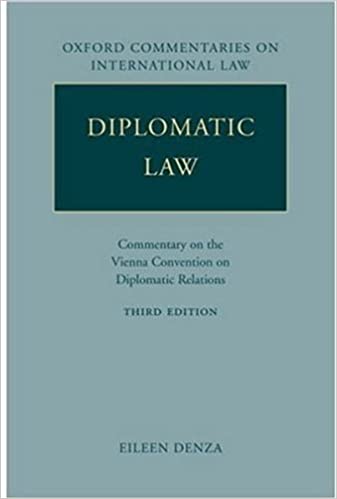
Diplomatic Law: Commentary on the Vienna Convention on Diplomatic Relations, 3rd ed
The Vienna Convention on Diplomatic Relations is a crucial treaty that governs diplomatic relations between states. It outlines the privileges and immunities granted to diplomats, ensuring their ability to carry out their duties effectively. This treaty plays a vital role in maintaining peaceful international relations and facilitating communication between nations. Diplomatic Law: Commentary on the Vienna Convention on Diplomatic Relations, 3rd ed. provides valuable insights into the interpretation and application of this convention, offering guidance to diplomats, legal practitioners, and sc...
Towards a Single Development Vision and the role of the Single Economy
The text discusses the importance of aligning development goals and the significance of the Single Economy in creating a unified development vision.

South Africa and the Simonstown Agreements
In John Young (ed.), The Foreign Policy of Churchill’s Peacetime Administration 1951-1955 (Leicester UP, 1988)

How safe are we? Security risks of the social networks
We are witnessing an extreme proliferation of the social networks, which can be seen in two ways: an expansion of social network websites, and an increase in the number of people who are starting to use them. The author describes the risks associated with social networks, mostly associated with user's privacy, and the responsibility for those risks. This paper also analyses whether the rules proscribed so that social network providers can distance themselves from possible abuses are really designed to help the users be safe.
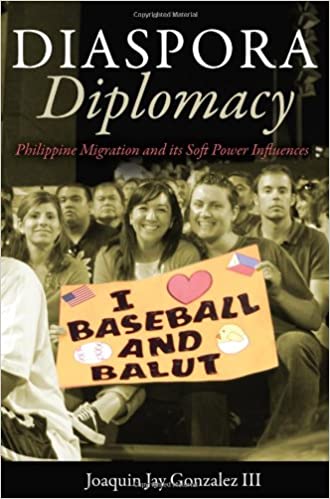
Diaspora Diplomacy: Philippine Migration and its Soft Power Influences
Diaspora Diplomacy: Philippine Migration and its Soft Power Influences is about the remarkable and untapped soft power that international migrants possess and how various sectors-from governments, NGOs, business, and international organizations- could tap this valuable resource to enhance global cooperation and development. With compelling stories from Filipina and Filipino migrants in San Francisco, London, Dubai, Dhaka, and Singapore comprising the large Philippine diaspora, this book illustrates how this widespread community performs numerous acts of public diplomacy, bridging the cultural ...
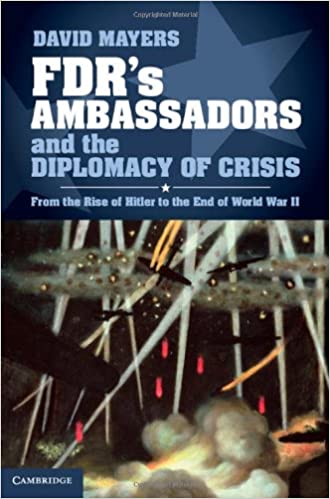
FDR’s Ambassadors and the Diplomacy of Crisis: From the rise of Hitler to the end of World War II
What effect did personality and circumstance have on US foreign policy during World War II? This incisive account of US envoys residing in the major belligerent countries – Japan, Germany, Italy, China, France, Great Britain, USSR – highlights the fascinating role played by such diplomats as Joseph Grew, William Dodd, William Bullitt, Joseph Kennedy and W. Averell Harriman. Between Hitler's 1933 ascent to power and the 1945 bombing of Nagasaki, US ambassadors sculpted formal policy – occasionally deliberately, other times inadvertently – giving shape and meaning not always intended by ...
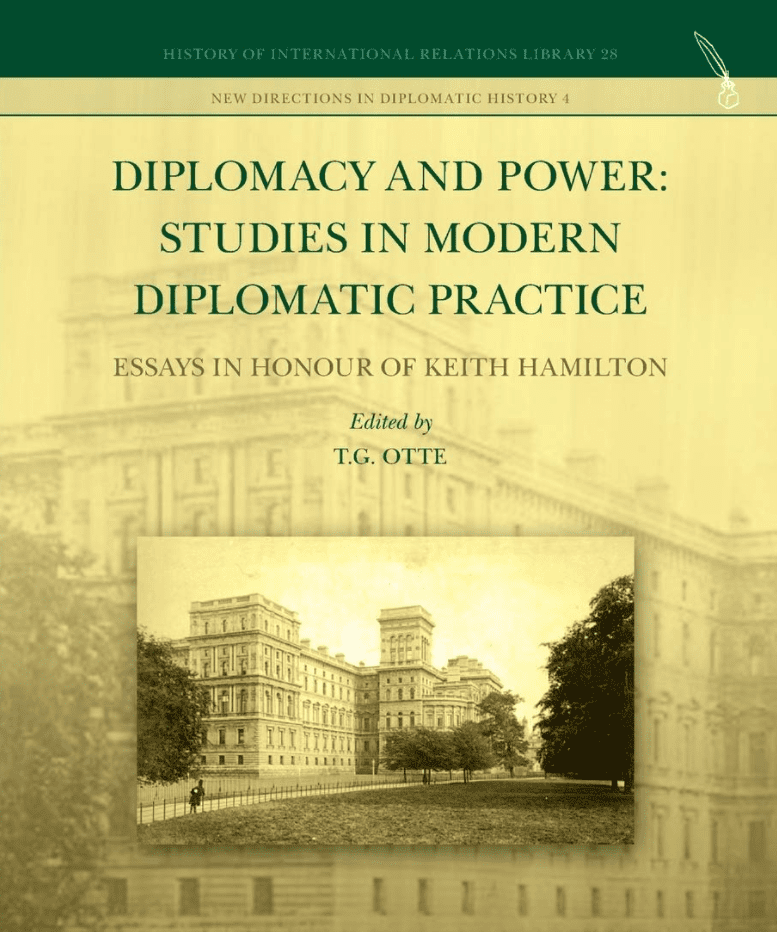
A kind of diplomatic incantation: Exchanging British and Japanese diplomats in the Second World War
The content discusses how British and Japanese diplomats were exchanged during World War II in a diplomatic ritual that followed strict protocols to ensure the safety and respect of both parties.
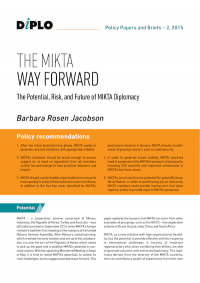
The MIKTA Way Forward (Briefing Paper #2)
Ms Rosen Jacobson assesses the potential, risk, and future of MIKTA, a cooperation scheme comprising Mexico, Indonesia, the Republic of Korea, Turkey, and Australia, which was officially launched in September 2013.
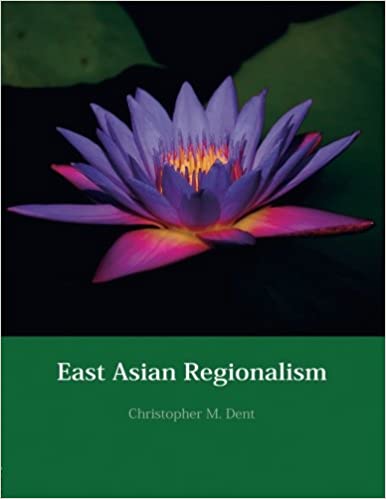
East Asian Regionalism
The text examines the dynamics and evolution of East Asian regionalism, analysing the various economic, political, and social factors influencing regional integration efforts in the East Asian context.

Contemporary Diplomacy: Representation and Communication in a Globalized World
The text discusses how diplomacy has evolved in the present globalized world, focusing on representation and communication.

Vienna Convention on Diplomatic Relations
The Vienna Convention on Diplomatic Relations outlines the standard practices and principles governing diplomatic missions and their personnel, aiming to foster effective communication and cooperation among nations. Key aspects include the immunity of diplomats from the host country's jurisdiction, the inviolability of diplomatic missions, and the duty to respect the laws and customs of the host country. Compliance with these regulations is crucial for maintaining international peace and stability.
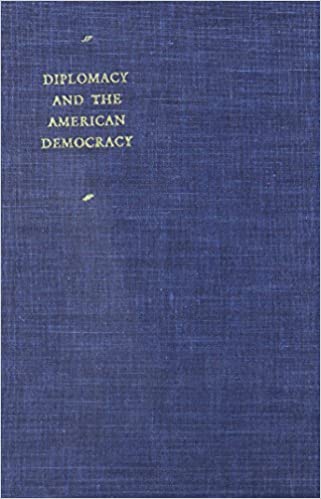
Diplomacy and the American Democracy
The text discusses the connection between diplomacy and American democracy. Diplomacy is essential for promoting American values, interests, and security worldwide. It highlights the importance of diplomacy in advancing democracy, human rights, and peace. Diplomatic efforts help address global challenges and conflicts, contributing to a more stable and prosperous world. Diplomacy is a key tool in shaping international relations and ensuring America's leadership on the global stage. It emphasizes the need for strategic and effective diplomacy in advancing American interests and promoting democr...
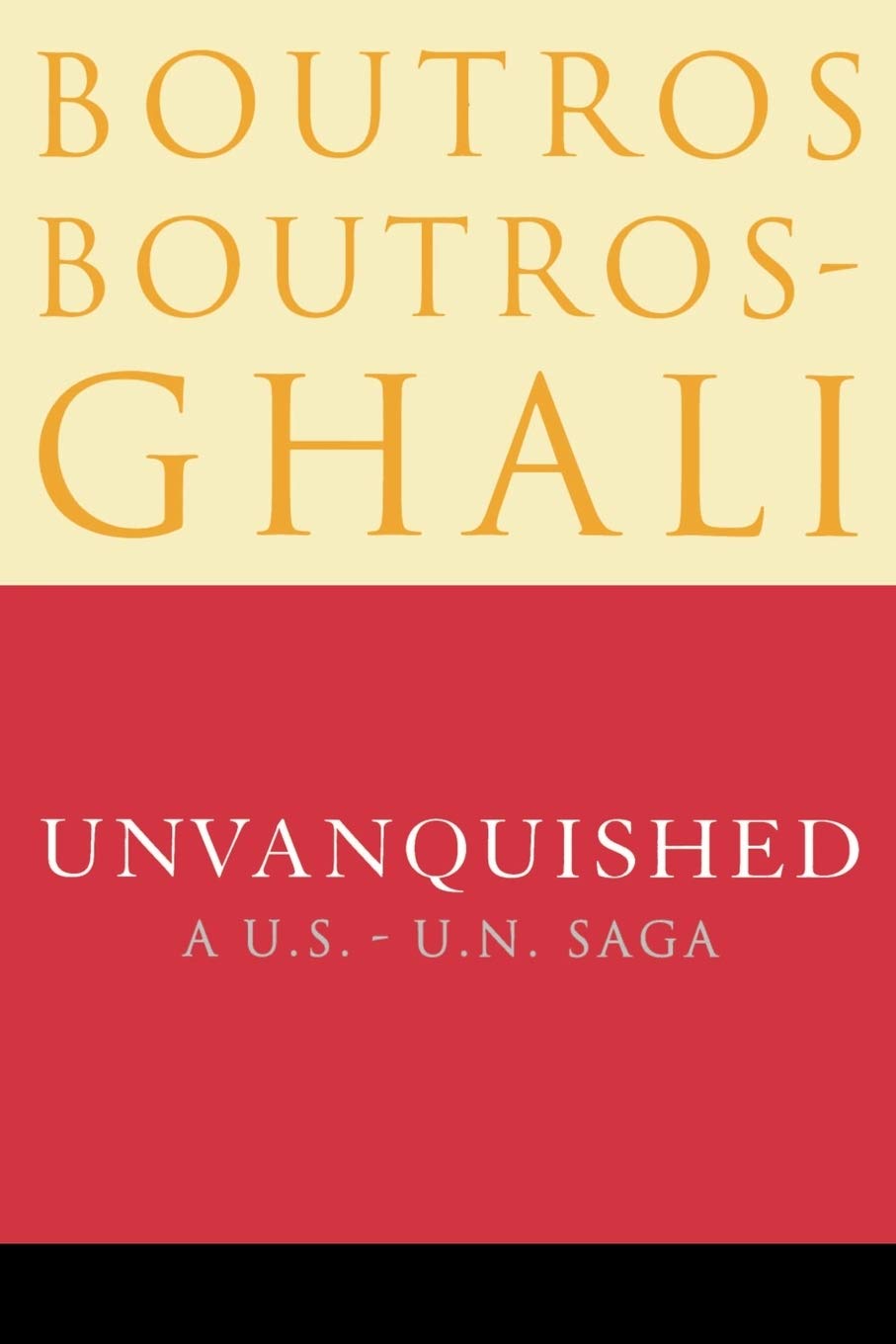
Unvanquished: A U.S.-U.N. Saga
In November 1996, the U.S. wielded its veto power in the U.N. Security Council to prevent Boutros Boutros-Ghali from securing a second term as Secretary-General, despite overwhelming support. The U.S. had attempted various tactics, including disinformation and pressure on other council members, to oust him. Boutros-Ghali's memoir sheds light on the U.S.'s dismissal of diplomacy in this instance, emphasizing the power dynamics at play. The event underscored the potential weakening of the U.N. diplomatic system.

Evaluating Public Diplomacy Programmes
The new operational environment generated by the mass media revolution and the advent of the global information society lays the ground for a generalized re-emergence of public diplomacy (PD). After having been dismantled during the 1990s, this branch of foreign policy is undergoing a redevelopment phase within the chancelleries of many states around the globe. The growing salience of public opinion and the exponential development of the new information and communication technologies predispose this diplomacy of persuasion to play an increasing role at the forefront of twenty-first century int...
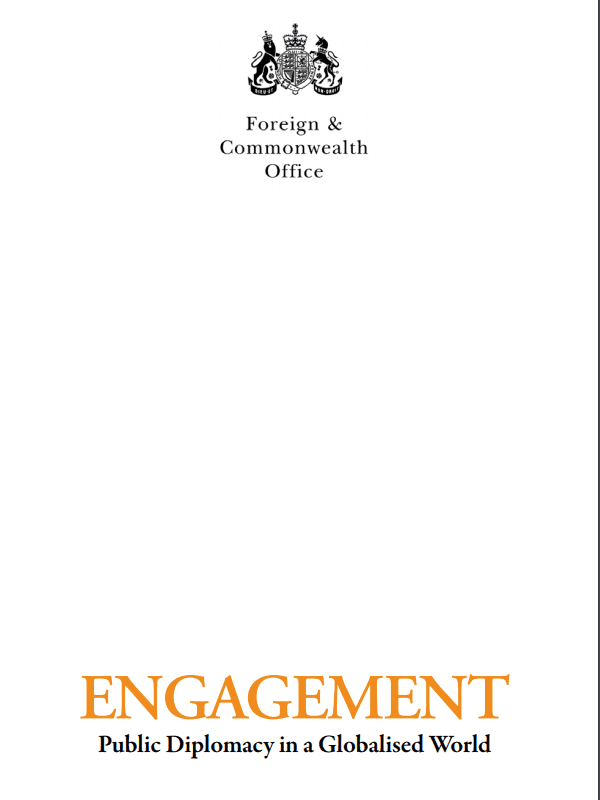
Engagement: Public Diplomacy in a Globalised World
We need a public diplomacy which fits our time. The policy issues which confront us are increasingly global. Systematic engagement with publics both at home and abroad will be required if we are to identify and implement solutions. Policy-makers and diplomats must work with a wider range of constituencies beyond government, moving towards a more open, inclusive style of policy-making and implementation. Understanding of complexity, difference, networks and cultural heritage will be needed, alongside more imaginative use of technology. Engagement, conducted with energy, ambition and cre...

Against All Enemies: Inside America’s War on Terror
All memoirs are incomplete; instant ones even more so; and memoirs about security matters are the worst, in this respect. The book, however, manages to disappoint in an unusual way.

International multistakeholder cyber threat information sharing regimes: Policy considerations for scaling trust and active participation
This paper examines cybersecurity information sharing mechanisms. It looks at the research into public-private partnership (PPP) theory, their application for cybersecurity, and the burgeoning field of international cybersecurity collaboration, and draws conclusions on what policy elements are needed to foster success in architecting a platform for cybersecurity information sharing on a large scale. The paper surveys existing information sharing regimes and the policy objectives they attempt to reach, including capacity building, standardized languages for information sharing, liability prote...
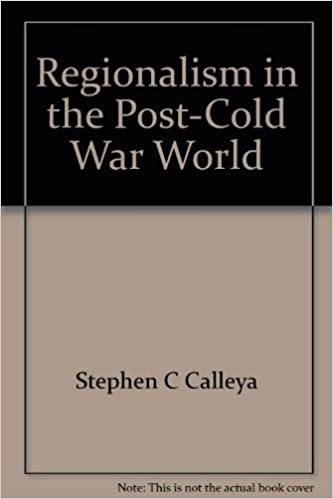
Regionalism in the Post-Cold War World
Regionalism in the Post-Cold War World emphasizes the shift towards regional cooperation and integration following the end of the Cold War. It discusses how national interests can align with regional cooperation and highlights the importance of regional organizations in addressing common challenges such as security, economic development, and environmental issues. Overall, it examines the evolving nature of regionalism in the contemporary global landscape.

The Role of Diplomacy in the Challenges to Maritime Security Cooperation in the Gulf of Guinea: Case Study of Nigeria
There is presently a pervading feeling that the West and Central African states are long overdue to take control of their maritime environment. However, these expectations show no indication of materialising in the short term.
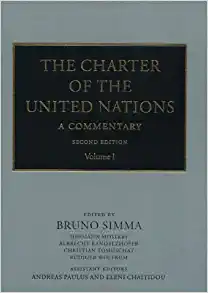
The Charter of the United Nations: A Commentary
The Charter of the United Nations: A Commentary offers an in-depth analysis of the United Nations Charter. It explores the history, structure, and principles of the Charter, highlighting its role in promoting peace and cooperation among nations. The commentary also delves into the Charter's provisions on issues such as human rights, security, and international law, providing valuable insights for scholars, diplomats, and practitioners in the field of international relations.
The challenge of regionalism
The challenge of regionalism is to balance the benefits of local autonomy with the need for cooperation and unity on broader issues. It seeks to foster collaboration among neighboring areas while respecting their unique identities and interests. Regionalism aims to address common challenges and opportunities through shared goals and strategies, promoting sustainable development and collective well-being. It requires finding a delicate equilibrium between fostering regional cohesion and preserving individual identities, all while working towards common objectives for the greater good of the reg...

The Role of the Beijing Olympics in China’s Public Diplomacy and its Impact on Politics, Economics and Environment
The 2008 Beijing Olympics were ardently sought, lavishly staged and hugely successful, despite intense scrutiny, speculation and setbacks. Amplified by modern media, most controversies revolved around China's political repression, epitomised by Tibet brutality. Resultant protests threatened boycott and terror, putting internal cohesion, national image and Olympic dream at stake.
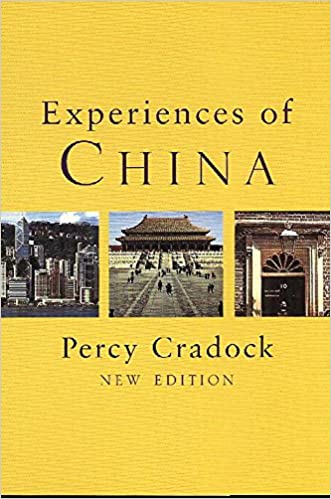
Experiences of China
The writer shares their experiences in China, including cultural immersion, language challenges, local cuisine exploration, and building friendships. They express admiration for the country's beauty and history, emphasizing the transformative impact of living abroad.

Perspectives on Africa’s Integration and Cooperation from OAU to AU
The text provides insights on Africa's integration and cooperation from the OAU to the AU.
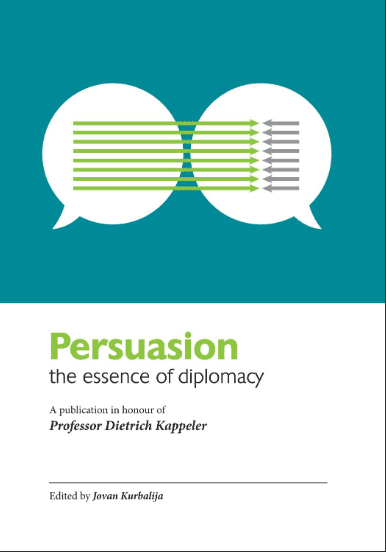
Persuasion: importance of trust, relevance for small states, and limitations of computers
Dr George Vella, Minister of Foreign Affairs of Malta, argues that persuasion is central not only to diplomacy but also to society in general. He highlights three aspects of persuasion. First is the high importance of trust for persuasion: trust creates the context in which persuasion can be used.

International Law
The book provides a comprehensive examination of international law, covering its principles, sources, institutions, and application in the global arena.

Relations between Cyprus and Germany 1960 to 1968
Antonis Sammoutis attempts an examination of relations between Germany and Cyprus during the years 1960-1968. He starts by examining bilateral relations in the first three years of the Republic of Cyprus and then going into the most crucial year of the conflict in Cyprus - 1964. Sammoutis then examines the years 1965-1968 ending with a summary of the main issues along with the main conclusions drawn from the research.
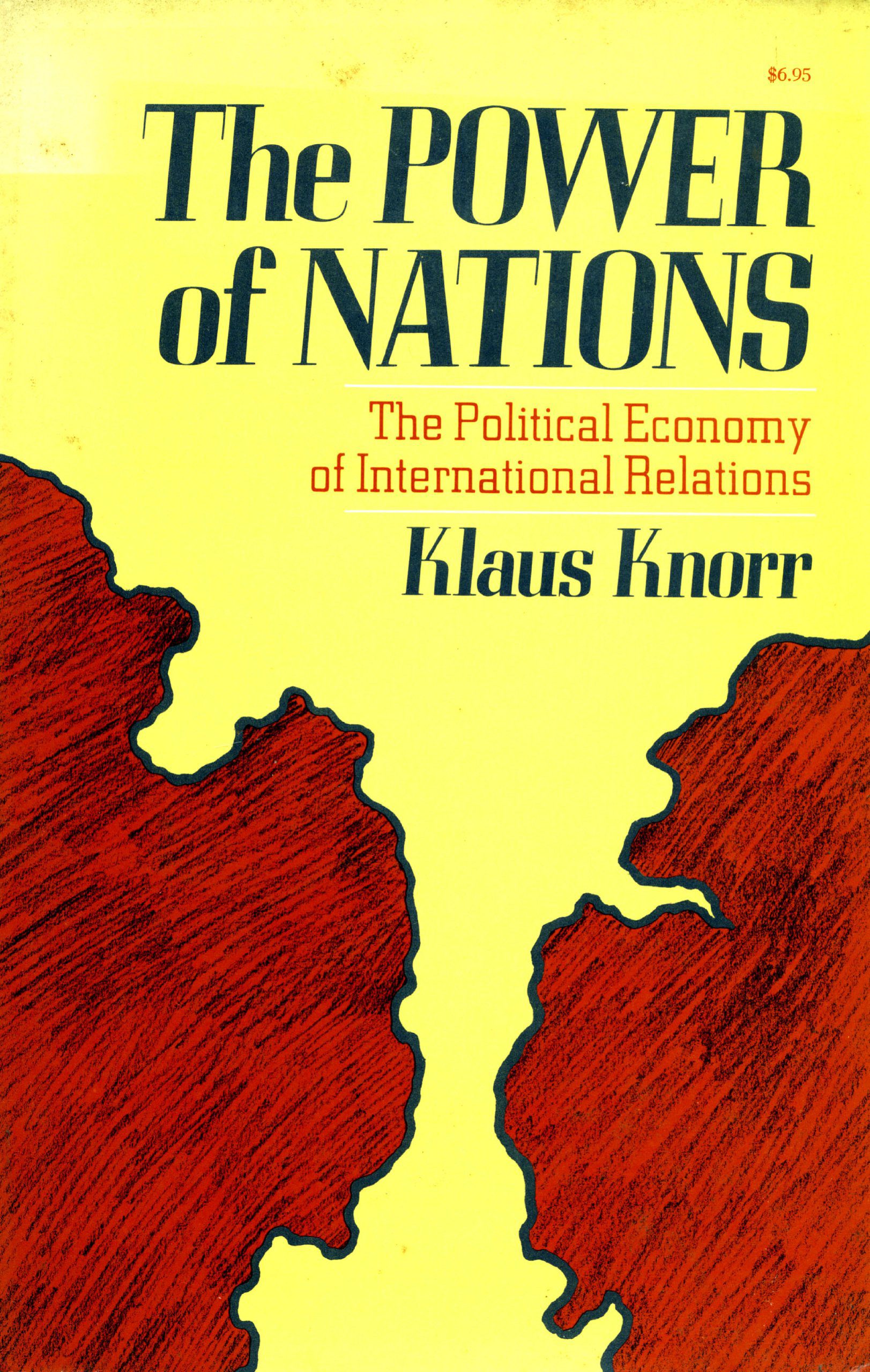
The Power of Nations: The Political Economy of International Relations
The Power of Nations: The Political Economy of International Relations" discusses how countries use their economic resources and political strengths to navigate international relationships effectively.
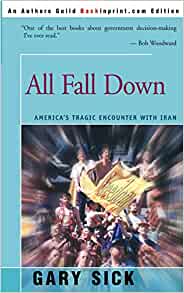
All Fall Down: America’s fateful encounter with Iran
All Fall Down is the definitive chronicle of Americas experience with the Iranian revolution and the hostage crisis of 1978-81. Drawing on internal government documents, it recounts the controversies, decisions and uncertainties that made this a unique chapter in modern American history. From his personal experiences, the author draws revealing portraits of the people who engaged in this test of wills with an Islamic revolutionary regime.

Democracy in Ghana: Lessons for Africa
Despite being one of Africa's finest democracies, Ghana's democracy is still a work in progress. What obstacles hinder Ghana's democracy from attaining maturity? Can these obstacles be removed to make Ghana an accomplished democracy or are they too entrenched to be removed? This study, which may serve as a guide to those wishing to improve and strengthen the democracy in Ghana, employs a considerable amount of existing literature on the democracy in Ghana to identify, not only the general challenges to Ghana's democracy, but some of the entrenched ones as well. Indeed, some of the problems fac...
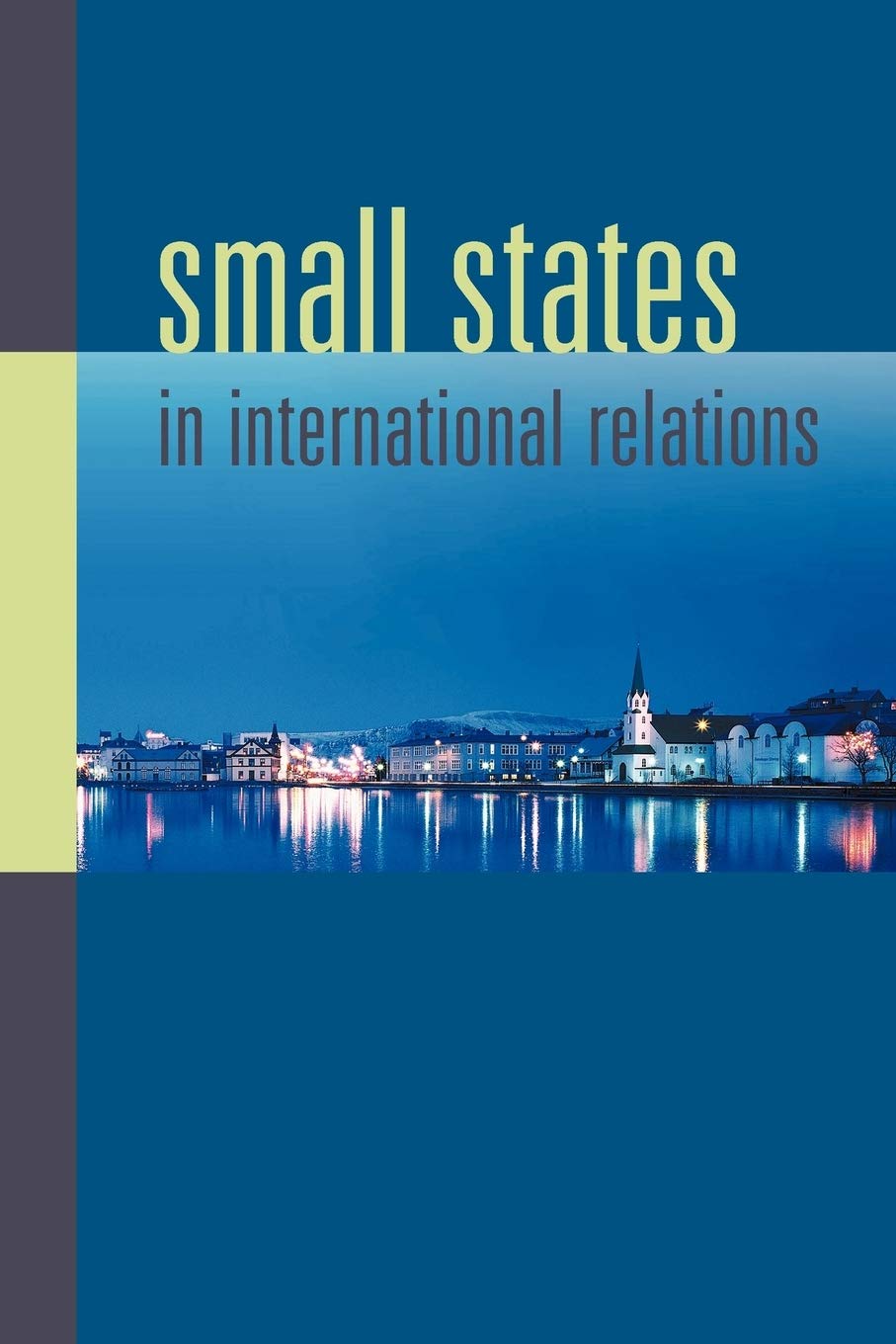
Small States in International Relations
The text discusses how small states navigate the complexities of international relations, highlighting their unique challenges and strategies for exerting influence on the global stage.
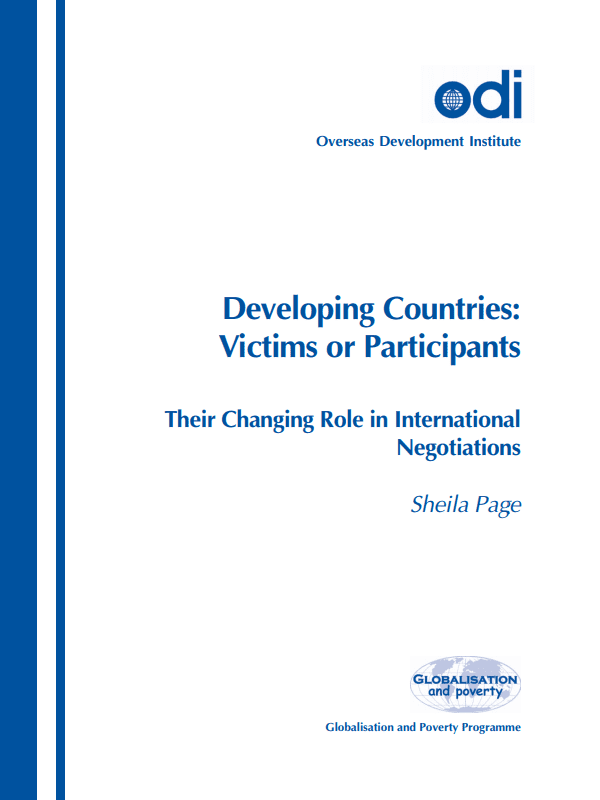
Developing Countries: Victims or Participants? Their Changing Role in International Negotiations
The roles of developing countries in international negotiations are evolving from being seen as victims to active participants. They are now asserting themselves and playing more significant roles in shaping global policies and agreements.
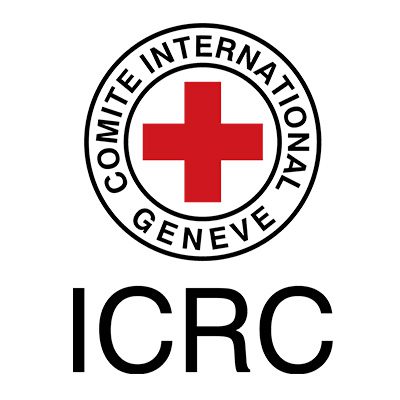
Weapons Overview
The Weapons Overview provides an in-depth analysis of various weapons, including firearms, melee weapons, and explosives, covering their specifications, advantages, and best use scenarios. It aims to assist readers in making informed decisions regarding weapon selection for different situations.
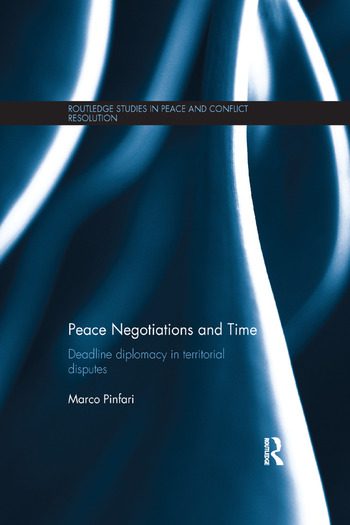
Peace Negotiations and Time: Deadline Diplomacy in Territorial Disputes
The text discusses the importance of time in peace negotiations for territorial disputes, emphasizing how deadlines can impact diplomacy and the need for effective time management in reaching agreements.

Social media and networks: What potential is there for policy engagement by citizens in West Africa?
The paper takes a look at concrete case studies in Nigeria, Ghana, and Côte d’Ivoire and looks at different levels of citizens’ engagement in public policy and how social media and networks are being used. Interviews, questions, consultations, discussions, and surveys were conducted, which led to the discovery that things are happening in strange places and that the potential of social media and networks in citizen policy engagement can only be likened to a pregnancy whose term is already here.
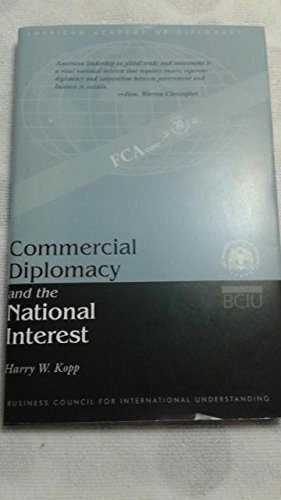
Commercial Diplomacy and the National Interest
This short and lively book lays out the why and the how of promoting US business abroad. America's place in the world depends more than is usually acknowledged on the vigor and global reach of American business. The United States is the world's leading exporter, the world's leading importer, and the world's primary source and destination of funds for foreign investment. Our position as the best place in the world to do business-the most reliable in which to buy, the most lucrative in which to sell, and the safest and surest in which to invest or to raise capital-is a cause, not an effect, of A...

Accelerating the legislative process
'After returning to my home city from the Hyderabad IGF, I talked with the executives of Smart Communications, a stakeholder in ICT here, to take part, if not the lead, in convening an Internet Governance Forum in the country...' - Elias Laurente Espinoza from the Philippines

International Politics: States, Power and Conflict since 1945
This textbook is designed to support a general undergraduate course on International Relations. It is based on the second year course which I taught at the University of Leicester in the late 1970s and 1980s. The book was first published in 1987 and was brought out in a second, fully revised edition in 1992. The third edition was published by Prentice-Hall/Harvester Wheatsheaf in paperback in 1997 and is now available in a Pearson Education ‘Print on Demand’ edition
From U Thant to Kofi Annan: UN Peacemaking in Cyprus, 1964-2004
2004 marked the fortieth anniversary of the United Nations presence in Cyprus. Since March 1964, the UN has been responsible for addressing and managing both peacekeeping and peacemaking efforts on the island.

Decision-Making in the UN Security Council: The case of Haiti, 1990-1997
Question: 'When is a "Foreword" not a "Foreword"? Answer: When it is written by Adam Roberts. This book started life as an Oxford doctoral thesis under the supervision of Professor Roberts, and the former supervisor has done both the former student and readers of this book a great service by prefacing it with a seven-page essay in which he underlines its importance in convincing detail. So this, unlike ninety-nine per cent of examples of the same genre, is a Foreword that should not be ignored.

Intercultural competence and its relevance for international diplomacy
The changing nature of international diplomacy requires new knowledge and awareness of intercultural and other skills needed to perform effectively in the role of diplomat. The research presented in this paper serves to inform current and future planning for the selection, training, and evaluation of international diplomats.
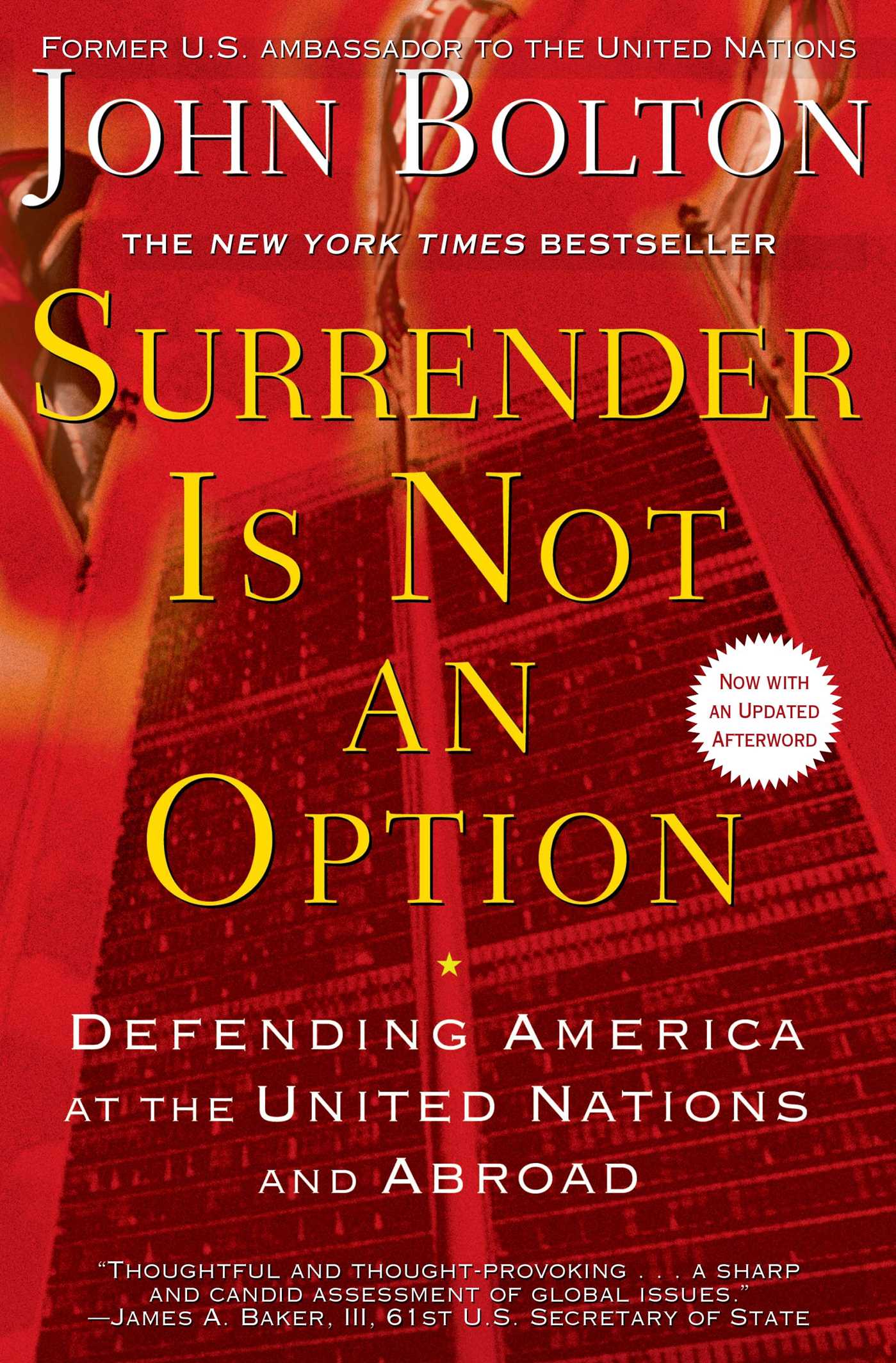
Surrender is Not an Option: Defending America at the United Nations and Abroad
In the book "Surrender is Not an Option: Defending America at the United Nations and Abroad," the author emphasizes the importance of standing firm in defense of America's interests, explaining that surrender should never be considered as a viable option in international relations. The book likely offers insights into strategies for navigating diplomatic challenges while maintaining a strong stance on key issues.

Consular Law and Practice, 2nd edn
The author of this book is a member of the US State Department's Senior Executive Service, Chairman of the International Law Association Committee on the Legal Status of Refugees, and Adjunct Professor of Law at the American University. It is not a new book but is still available on demand from OUP (when you look at the price, though, who is holding the pistols is a moot point). The first edition was published in 1961, shortly before consular law was codified in the Vienna Convention on Consular Relations (1963), and the method of the second edition is correspondingly different in emphasis - d...
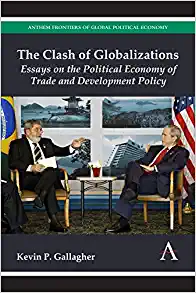
The Clash of Globalizations: Essays on the Political Economy of Trade and Development Policy
The Clash of Globalizations: Essays on the Political Economy of Trade and Development Policy explores the tensions between different approaches to globalization, examining how they impact trade and development policy.
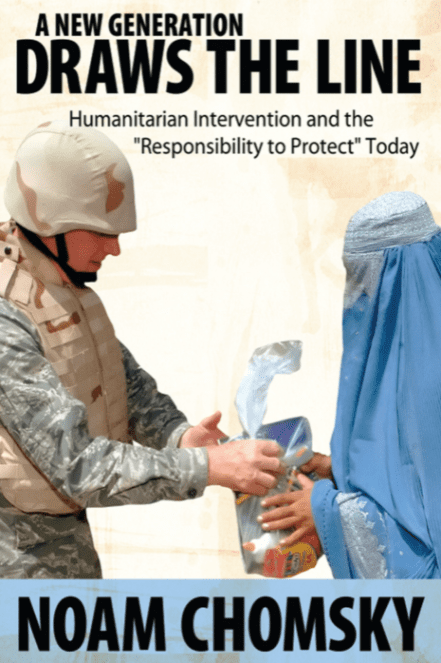
A New Generation Draws the Line: Kosovo, East Timor and the Standards of the West
Note: The author of this review compares Noam Chomsky's A New Generation Draws the Line: Kosovo, East Timor and the Standards of the West and David Fromkin's Kosovo Crossing: American Ideals meet Reality on the Balkan Battlefields.
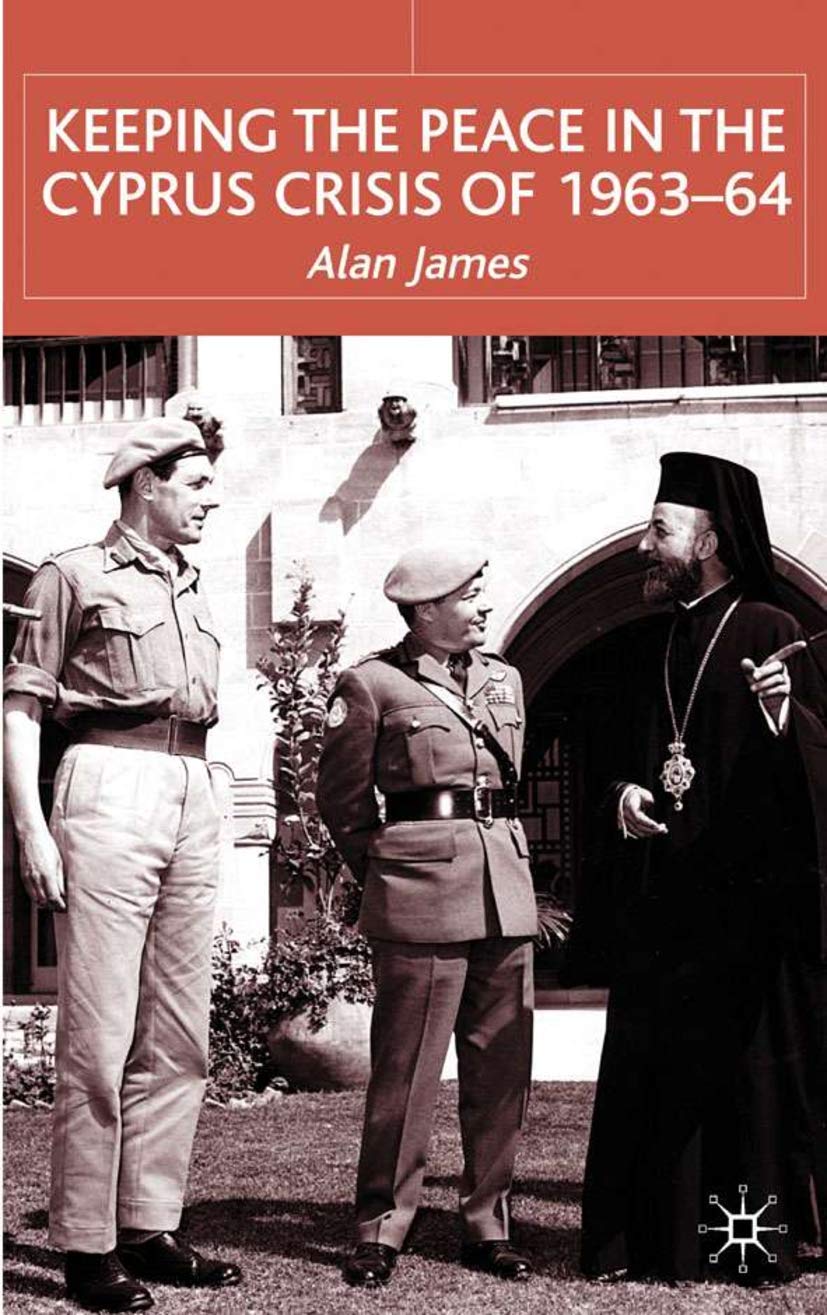
Keeping the Peace in the Cyprus Crisis of 1963-64
After some difficulties, a UN force was established in Cyprus (UNFICYP) following the collapse of the bicommunal independence constitution of this former British colony - a constitution which the Greek Cypriots had always felt too favourable to the Turkish minority - at Christmas 1963. In this book, Alan James, Professor Emeritus of Keele University and leading authority on peacekeeping, provides what is likely to be regarded as the definitive history of the creation of this force.

Draft Articles on Jurisdictional Immunities of States and their Property
Text adopted by the Commission at its forty-third session, in 1991, and submitted to the General Assembly as a part of the Commission’s report covering the work of that session. The report, which also contains commentaries on the draft articles, appears in Yearbook of the International Law Commission, 1991, vol. II
Regionalism versus Multilateralism
The literature on regionalism versus multilateralism is growing as economists and political scientists grapple with the question of whether regional integration arrangements are good or bad for the multilateral system. Are regional integration arrangements "building * blocks or stumbling blocks," in Jagdish Bhagwati's phrase, or stepping stones toward multilateralism?
A Critical Appraisal of the OPCW’s Media and Public Affairs Policy in the Context of Multilateral Disarmament and Non Proliferation Regimes
Multilateral disarmament and non-proliferation treaties such as the CWC, BWC, CTBT and NPT come with verification regimes that must balance confidentiality against transparency. While the CWC regime has achieved a great degree of intergovernmental transparency, civil and private stakeholders, in addition to the news media and the general public, do not enjoy the same level of access to information.

Red Cross and Red Crescent Societies in multistakeholder diplomacy
In his paper, Chris Lamb reflects on the role of the Red Cross and Red Crescent Societies in Multistakeholder Diplomacy. He traces the IFRC's main developments since 1994, including its strategy document, and its obtaining of the status of observer with the UN General Assembly. The paper also looks at the future of IFRC in the light of its main objectives.

Electronic government equals sustainable development for Guyana
Electronic government (e-government) equals sustainable development for Guyana. This is the thesis illustrated by this paper along with the possible constraints involved in implementing e-government.
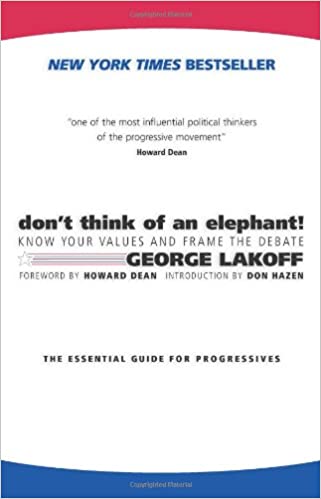
Don’t Think of an Elephant: Know Your Values and Frame the Debate
In "Don't Think of an Elephant: Know Your Values and Frame the Debate," the author emphasizes the importance of understanding values and framing in shaping debates effectively.

The Role of Religion in Shaping Saudi Arabia’s Foreign Policy Towards Sub Saharan Africa: A Case Study of Uganda
Cultural and geographical proximity between Saudi Arabia and Sub-Sahara African region makes the relations between the two sides an interesting and wanting area of study. It was against this backdrop that this researcher decided to investigate into this important area.
The rhetoric of public diplomacy and propaganda wars: A view from self-presentation theory
Efforts by governments to affect foreign public opinion through direct communication – and in competition with rival governments – have been a stable and consistent feature of international diplomacy since the turn of the twentieth century.
OK Corral 140 Years Later: Between Frontier Violence and the Emerging Rule of Law
It was a hundred and forty years ago today that Wyatt Earp took his group to fight the outlaws of the Clanton gang. It was a bright, windy and chilly day of October 26, 1881 that – without its actors being exactly aware of – paved the way for the rule of law to become an irreversible fact.

The Year of Europe: America, Europe and the Energy Crisis, 1972-1974
This is the latest volume in the DBPO series, which has proved so invaluable to diplomatic historians over the years. It comes as a package consisting of two CDs, a slim hardback volume, and an A4-size booklet, and is described in detail on the FCO website.
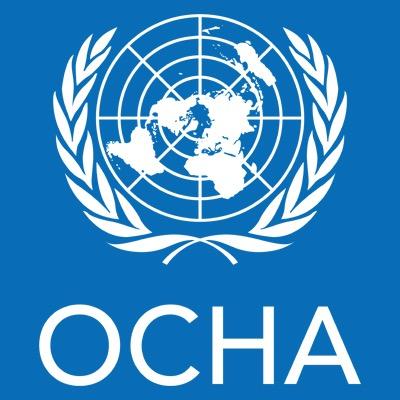
Humanitarian Principles
The text discusses the importance of applying humanitarian principles in aiding vulnerable populations, emphasizing humanity, neutrality, impartiality, and independence. These principles guide humanitarian action, ensuring that assistance is provided solely based on needs and without discrimination. Adhering to these principles helps maintain trust with affected communities and ensures effective and ethical assistance delivery.

Cybersecurity competence building trends
Report on cybersecurity competence building trends in OECD countries.
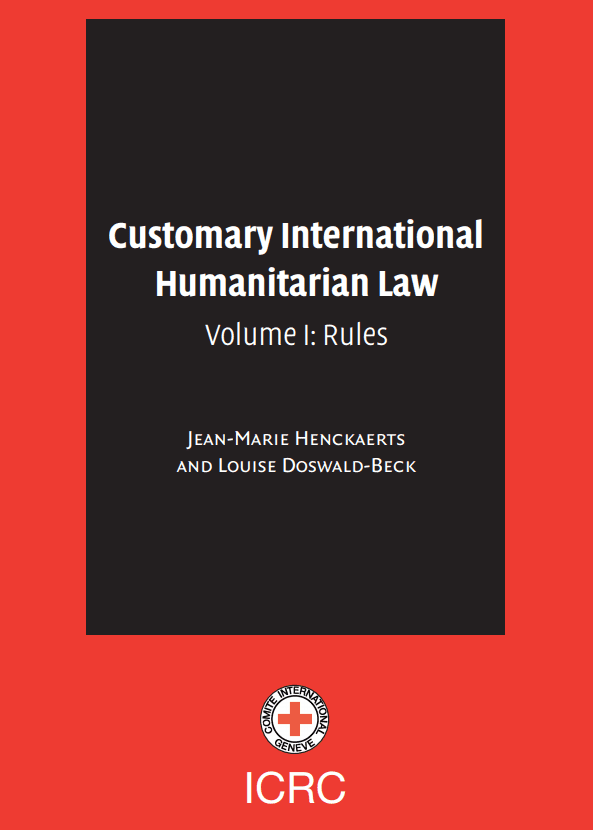
Customary International Humanitarian Law
Customary international humanitarian law is a set of unwritten rules derived from a general, or common, practice which is acknowledged as law. It's the basic standard of conduct in armed conflict accepted by the world community. Customary international humanitarian law is applicable universally – independently of the application of treaty law – and is based on extensive and virtually uniform State practice regarded as law.

How important is the role of small states security in the maintenance of international peace and security?
The game of International Peace and Security has for a long time been one played only by the great powers, leading to the singling out of small states in its deliberations. These states would create their own rules and be their own referees, whilst the existing small states would conduct themselves as mere spectators. However, following the effects of the end of the two World Wars, the creation of the UN and decolonization, the role of small states in the maintenance of international peace and security has gathered new responsibilities and in consequence it has made them important agents and m...

Multilateralism under Challenge? Power, International Order, and Structural Change
The values and institutions of multilateralism are not ahistorical phenomena. They are created and maintained in the context of specific demands and challenges, and through specific forms of leadership, norms, and international power configurations. All of these factors evolve and change; there is little reason to believe that multilateral values or institutions could or should remain static in form and nature. The relationship between the distribution of power, the nature of challenges and problems, and the international institutions that emerge to deal with collective challenges is const...
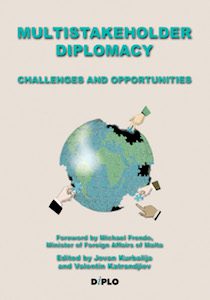
Multistakeholder Diplomacy – Challenges and Opportunities
This book is a collection of papers from Diplo’s February 2005 conference in Malta and from research interns involved in our Multistakeholder Diplomacy internship programme.

The power of personal contributions
‘Some of the major issues in the African region that we, as individuals, have to face are infrastructure implementation, awareness, and education. Luckily, there have been encouraging steps by several stakeholders and the younger generations...’ - Duksh Koonjoobeeharry from Mauritius

Outrage: Diplomatic Immunity
The piece discusses the abuse of diplomatic immunity by foreign officials to evade legal consequences for serious crimes committed in host countries, highlighting the need for accountability and justice in these situations.

The Role of Nigeria in Restoring Peace in West Africa
Remmy Nweke attempts a search into the rationale behind Nigeria‟s decision to make Africa the cornerstone of her foreign policy.
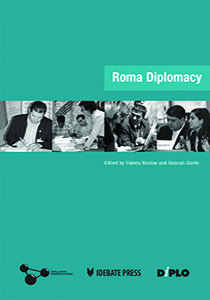
Roma Diplomacy
Roma Diplomacy is a collection of papers written or inspired through Diplo’s 2005/2006 Roma Diplomacy project.

War and the Private Investor: A Study in the Relations of International Politics and International Private Investment
The text is about the impact of war on private investors in the context of international politics and private investment.
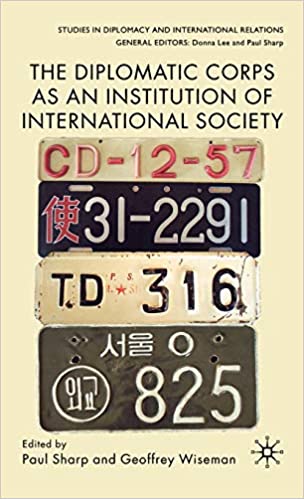
The Diplomatic Corps as an Institution of International Society
The Diplomatic Corps is an institution that plays a crucial role in international society by facilitating communication and negotiation between different countries. It serves as a bridge between nations, fostering peaceful resolutions to conflicts and promoting cooperation on global issues. Diplomats are trained professionals who represent their countries' interests abroad and work to build relationships based on mutual respect and understanding. Through their diplomatic efforts, the Diplomatic Corps helps maintain stability and promote diplomacy in the international arena.

Effectiveness of U.S. Economic Sanctions with Respect to Sudan
The U.S. economic sanctions on Sudan have had limited success in achieving their intended goals due to various factors. The sanctions have impacted the Sudanese economy and government, but they have also inadvertently harmed civilians and hindered humanitarian efforts in the region. Additionally, the sanctions have not been successful in promoting political change or addressing human rights violations in Sudan. The effectiveness of these sanctions remains a topic of debate among policymakers and analysts.

An Examination of the Role of Women in Conflict Management: Sierra Leone Case Study
This paper examines the role of women in conflict management, using Sierra Leone as a case study.
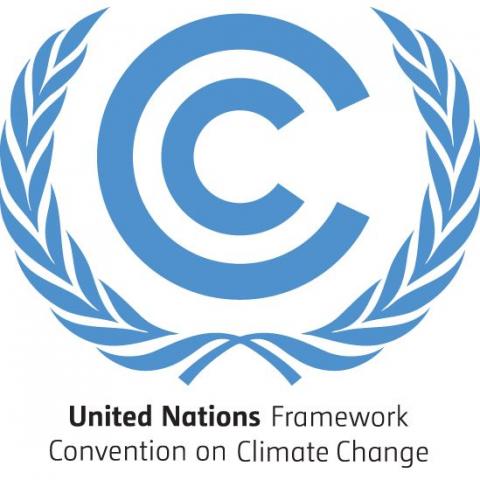
United Nations Framework Convention on Climate Change
The United Nations Framework Convention on Climate Change aims to address global warming by promoting international cooperation and agreements to reduce greenhouse gas emissions and mitigate climate change impacts.
Intractable Syria? Insights from the Scholarly Literature on the Failure of Mediation
The article discusses the challenges and reasons behind the failure of mediation efforts in Syria based on scholarly literature.
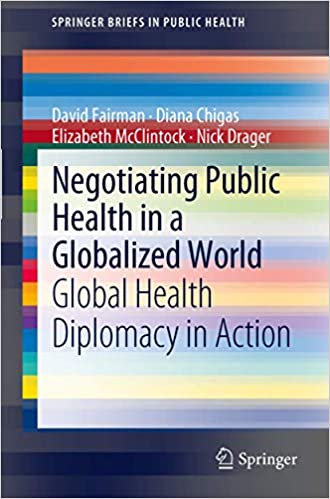
Negotiating Public Health in a Globalized World: Global Health Diplomacy in Action
The text is about the challenges and opportunities of negotiating in the global health diplomacy landscape, emphasizing the importance of collaboration and innovation to address public health issues on a global scale.

Foreign ministries and the management of the past
In his paper, Keith Hamilton looks at Foreign Ministries’ treatment of historical diplomacy, and specifically, the publication of diplomatic documents. Through his historical analyses, the author examines the various aims of these documents, such as, to shed light on past developments and help in current and future negotiations; to influence parliamentarians and a wider public; and to further international relations’ studies.
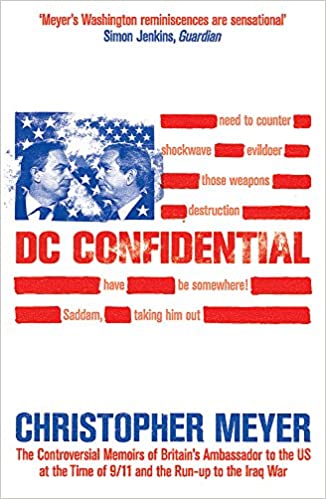
DC Confidential: The controversial memoirs of Britain’s ambassador to the U.S. at the time of 9/11 and the Iraq War
DC Confidential: The controversial memoirs of Britain's ambassador to the U.S. at the time of 9/11 and the Iraq War.
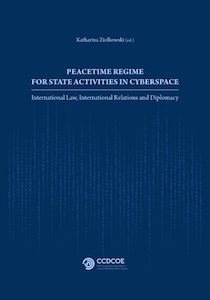
Peacetime Regime for State Activities in Cyberspace
The publication covers in a multi-disciplinary approach the technical, legal, policy and diplomacy aspects of State activities in cyberspace during peacetime. It consists of 23 chapters of academic nature, elaborated by 24 authors specialised in the respective areas of expertise. Diplo's Dr Jovan Kurbalija contributed the chapter on E-diplomacy and Diplomatic Law in the Internet Era.
The Responsibility to Protect
The Responsibility to Protect doctrine asserts that states have the responsibility to protect their populations from genocide, war crimes, ethnic cleansing, and crimes against humanity. When a state fails to do so, the international community must intervene responsibly to prevent and protect populations from mass atrocities. This principle emphasizes the importance of upholding human rights and promoting peace and security globally.

Digital Opportunities for All: Meeting the Challenge
The text is about embracing digital opportunities to overcome challenges and ensure access for all.
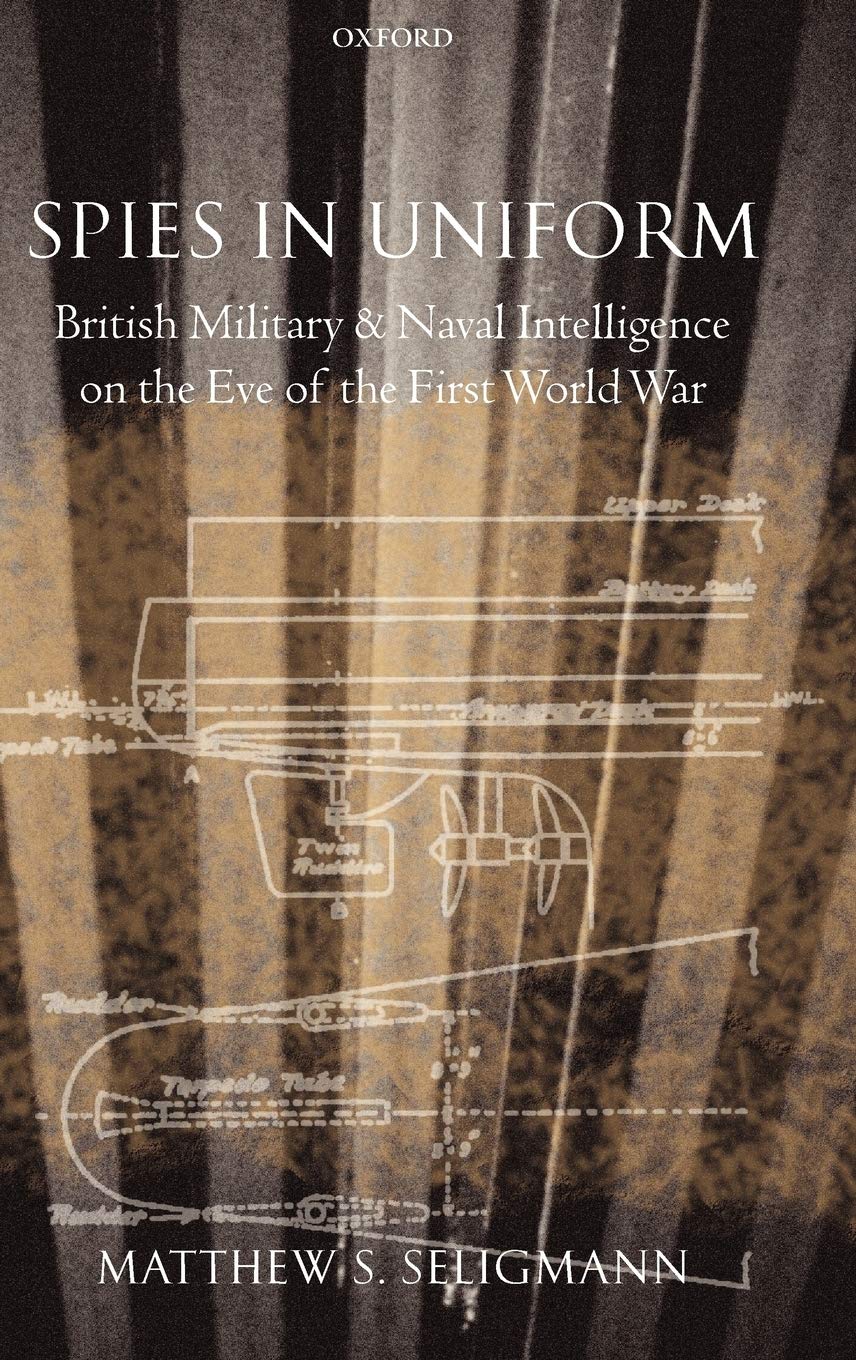
Spies in Uniform: British Military and Naval Intelligence on the Eve of the First World War
Matthew Seligman, who is a Senior Lecturer in History at the University of Northampton, sets as his target the claim - recently revived by Niall Ferguson - that the British decision for war in August 1914 was made despite the absence of any compelling evidence that Germany was prompted by a 'Napoleonic' design.
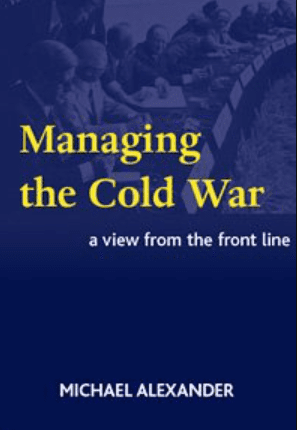
Managing the Cold War: A view from the front line
Michael Alexander, a Russian-speaking senior British diplomat who died in 2002, was a major behind-the-scenes figure in what he calls the ‘management’ of the cold war to a peaceful conclusion.

Facing the challenges of an Africa-wide ICT strategy
'There is a need to address these challenges to enhance the capacity of the AU organs, institutions and member states to better respond to instances of ICT policy in Africa. As part of the evolving African governance architecture, there is a need to formulate an ICT strategy...' - Eliot Nsega from Uganda
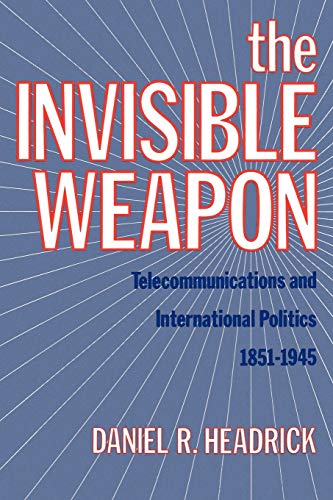
The Invisible Weapon: Telecommunications and International Politics 1851-1945
The text discusses the impact of telecommunications on international politics from 1851 to 1945.

Persuasion, trust, and personal credibility
Ambassador Kishan Rana indicates the cultivation of relations and the credibility of diplomats as the basis for persuasion in diplomacy. He provides an initial taxonomy of the type of relations that diplomats should cultivate. When it comes to credibility, Ambassador Rana presents the main ways of developing and maintaining credibility in diplomatic relations. The more credible the diplomat, the more likely it is that their persuasion with local interlocutors will be successful.
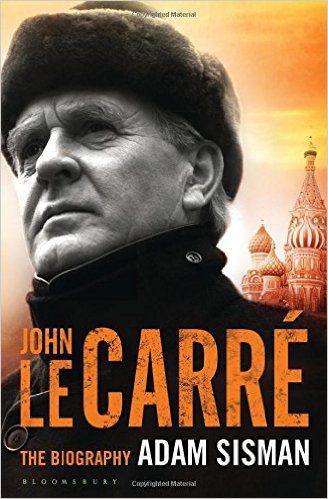
John le Carré: The Biography
I thought to review this book because I had enjoyed the spy novels of John le Carré and, having introduced a chapter on secret intelligence into the latest edition of my textbook and mentioned him in it (p. 155), was keen to see if Adam Sisman had turned up anything new about the novelist’s own short career as an intelligence officer in what was then West Germany.

Wilton Park: sui generis knowledge organisation
In his paper, Colin Jennings describes the way Wilton Park – an executive agency of the British FCO – operates. He highlights some of the key reasons for its success, and identifies some specific outcomes of the conferences organised by Wilton Park. The author also offers a few reflection on knowledge management based on his many years of experience.
Convention on the prevention and punishment of crimes against internationally protected persons, including diplomatic agents
The Convention defines internationally protected persons and outlines crimes against them, emphasizing the need for preventive measures and cooperation among States for the punishment of such crimes. Jurisdiction, extradition, fair treatment of offenders, and mutual assistance in criminal proceedings are also addressed within the Convention.

The Italian Public Administration: Ideas for Innovation
The ongoing rapid process of modernization makes people largely more aware of the social and civic dynamics in which they are involved so that they demand increasing satisfaction of their higher expectations. But, Public Administrations of many countries in the world currently suffer from dysfunctions and inefficiencies, due to their inner bureaucratic inertia, which in turn causes distrust among citizens and slowdown in social and economic development.

Small States and the Common Foreign and Security Policy (CFSP) of the EU: A Comparative Analysis
The text discusses the role of small states in the Common Foreign and Security Policy (CFSP) of the European Union, comparing their strategies and challenges.
The latest from Diplo and GIP
Tailor your subscription to your interests, from updates on the dynamic world of digital diplomacy to the latest trends in AI.
Subscribe to more Diplo and Geneva Internet Platform newsletters!
Diplo: Effective and inclusive diplomacy
Diplo is a non-profit foundation established by the governments of Malta and Switzerland. Diplo works to increase the role of small and developing states, and to improve global governance and international policy development.


